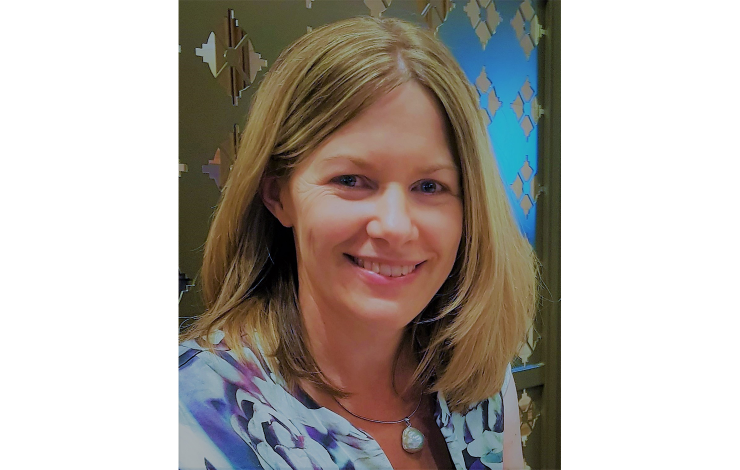Focused on the theme "Realizing Justice for All," each day of World Justice Forum 2019 explored a separate topic: Monday Defined the Opportunity for the justice movement in 2019 and beyond. Tuesday’s program Showcased What Works. On Wednesday, participants explored Building the Movement. The final day of the Forum featured Commitments to Justice.
Download the Agenda: World Justice Forum Agenda (PDF Download)
Download the Forum Report: 2019 World Justice Forum Report (PDF Download)
Download the Working Sessions Summaries (PDF Download)
Registration and Expo Village Open
Forum participants can pick up conference materials and visit the Expo Village where project and commitment showcases will be presented by dozens of justice practitioners from around the world.
Official Conference Opening
The Founder and CEO of the World Justice Project will welcome participants, introduce the World Justice Project, and provide an overview of the Forum agenda for the week.
- William H. Neukom, Founder and CEO, World Justice Project (United States)
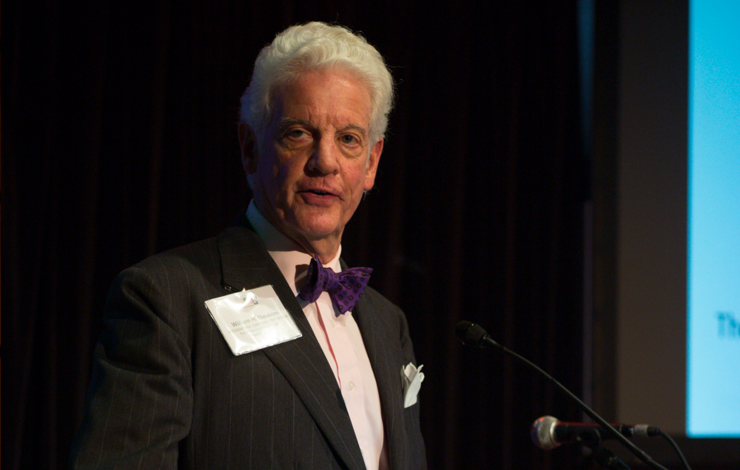
The launch of the “Justice for All” report by the Task Force on Justice (co-chaired by Argentina, the Netherlands, Sierra Leone, and The Elders) will be used to define the opportunity for the justice movement in 2019 and the World Justice Forum in particular. The report will contain a new global estimate of the justice gap, make the case for investment in justice and identify strategies, tools and approaches to increase access to justice.
Welcoming Remarks
- Birgitta Tazelaar, Deputy Director General International Cooperation, Ministry of Foreign Affairs of the Netherlands
- Priscilla Schwartz, Attorney General and Minister of Justice of Sierra Leone
- Hina Jilani, The Elders (Pakistan)
Panel Discussion: Bridging the Justice Gap—What’s at Stake
- Moderator: Maria Cattaui-Livanos, Former Secretary-General, International Chamber of Commerce and Honorary Chair of the World Justice Project (Switzerland)
- Nicola Bonucci, Director of Legal Affairs, Organisation for Economic Co-operation and Development (France/Italy)
- Walter Flores, Director, Center for the Study of Equity and Governance in Health Systems (Guatemala)
- Hina Jilani, The Elders (Pakistan)
- Asako Okai, Assistant Administrator and Director for the Crisis Bureau, United Nations Development Programme (Japan)
- Priscilla Schwartz, Attorney General and Minister of Justice of Sierra Leone
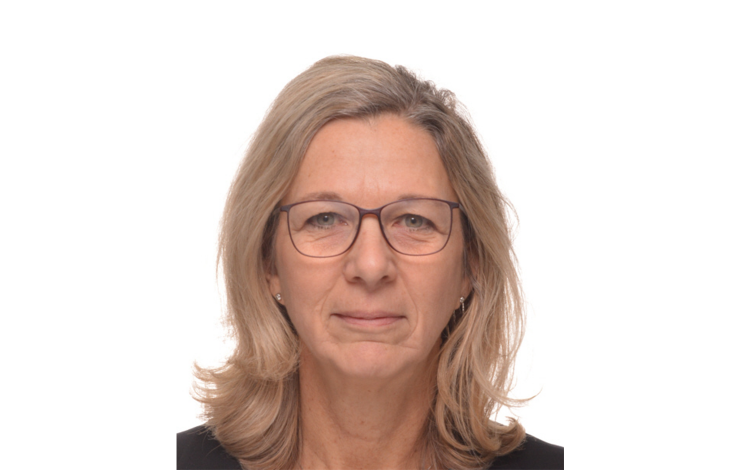
Deputy Director General International Cooperation
Ministry of Foreign Affairs of the Netherlands
Read Bio >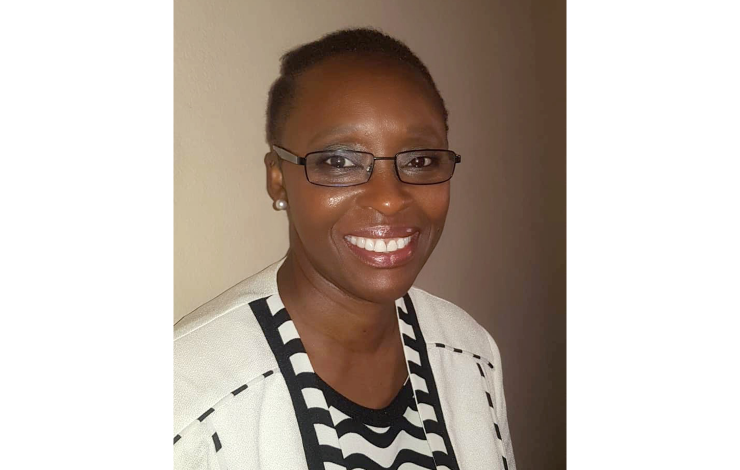
Attorney General and Minister of Justice of Sierra Leone
Read Bio >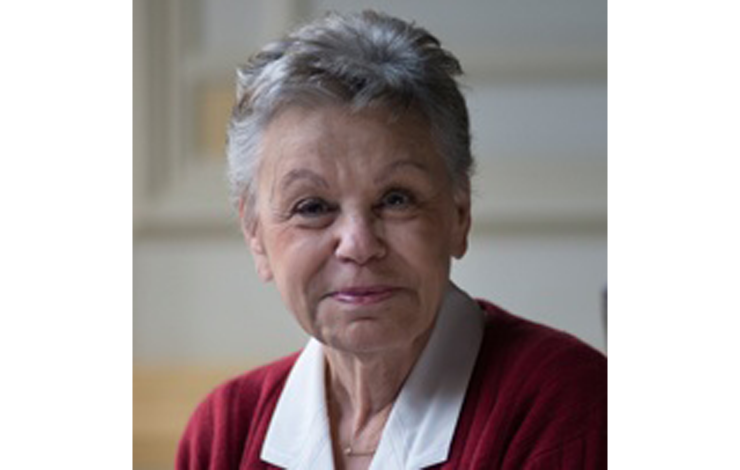
Former Secretary-General, International Chamber of Commerce and Honorary Chair of the World Justice Project
Read Bio >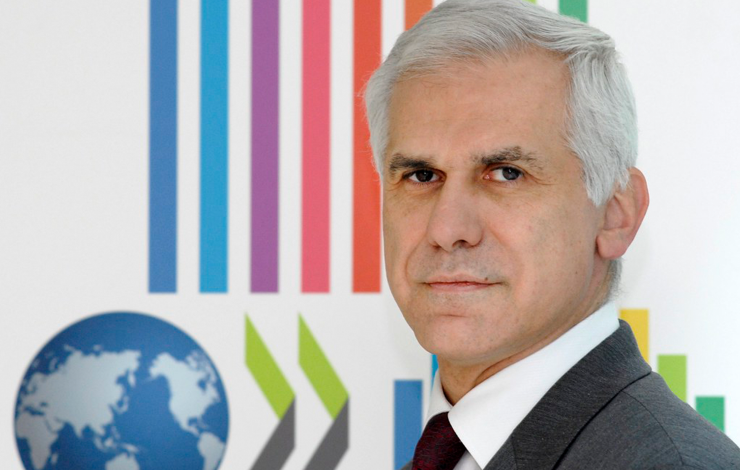
Director of Legal Affairs, Organisation for Economic Co-operation and Development
Read Bio >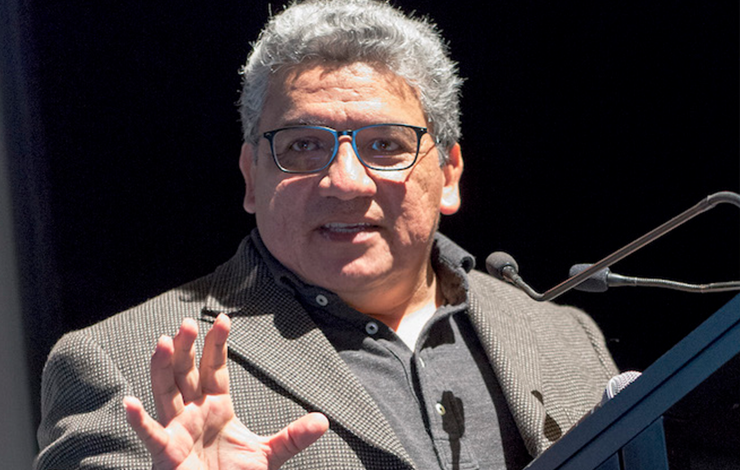
Director, Center for the Study of Equity and Governance in Health Systems
Read Bio >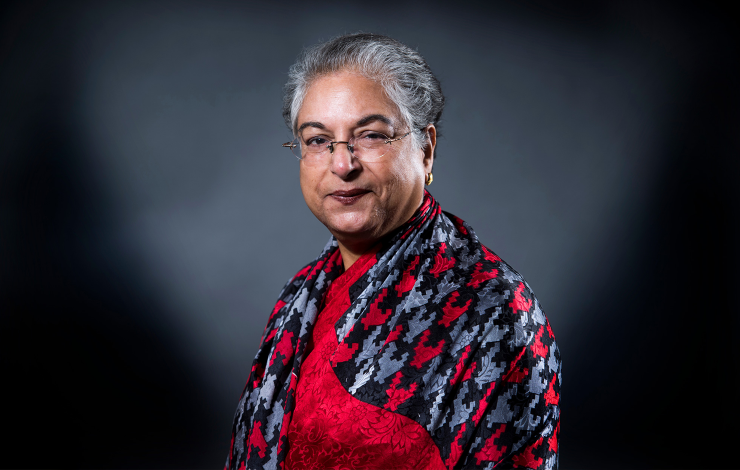
The Elders, Co-Chair Task Force on Justice
Read Bio >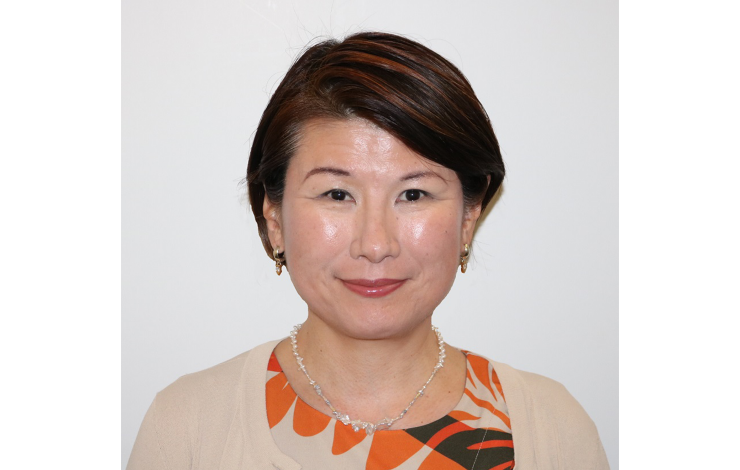
Assistant Administrator and Director for the Crisis Bureau, United Nations Development Programme
Read Bio >Welcome Reception
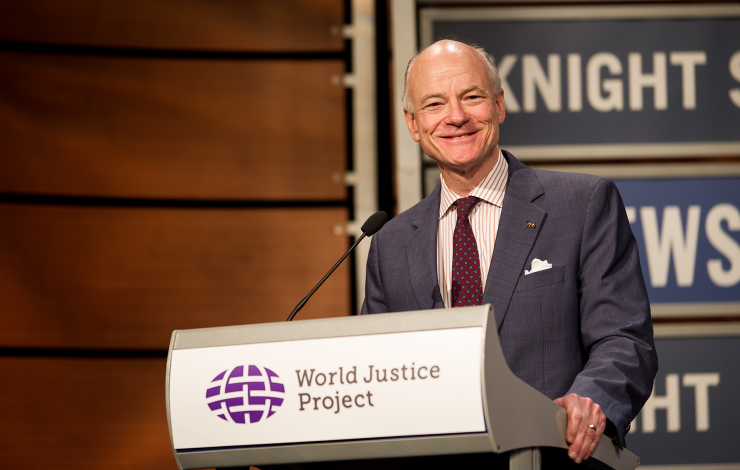
Coffee in Expo Village
Tuesday’s plenary panel will highlight preeminent successful solutions to the justice gap from government, private, and civil society actors. What have we achieved? How have we achieved it? Speakers include:
- Welcome: John Nery, Opinion Columnist, Philippine Daily Inquirer and Convenor, Consortium on Democracy and Disinformation (Philippines); Member, WJP Board of Directors
- Moderator: James A. Goldston, Executive Director, Open Society Justice Initiative (United States)
- Sabrina Mahtani, Policy Advisor, Access to Justice, The Elders; Co-Founder, AdvocAid (United Kingdom/Zambia)
- Anabela Pedroso, State Secretary for Justice of Portugal
- Sergiy Petukhov, Deputy Minister of Justice of Ukraine
- Jim Sandman, President, Legal Services Corporation (United States)
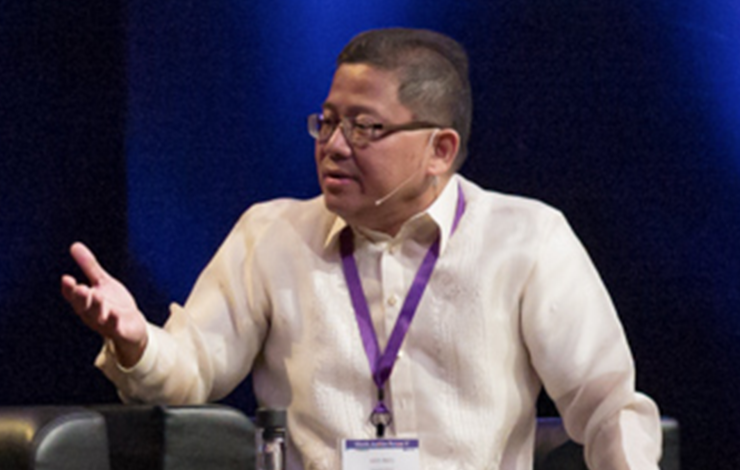
Opinion Columnist, Philippine Daily Inquirer and Convenor, Consortium on Democracy and Disinformation (Philippines); Member, WJP Board of Directors
Read Bio >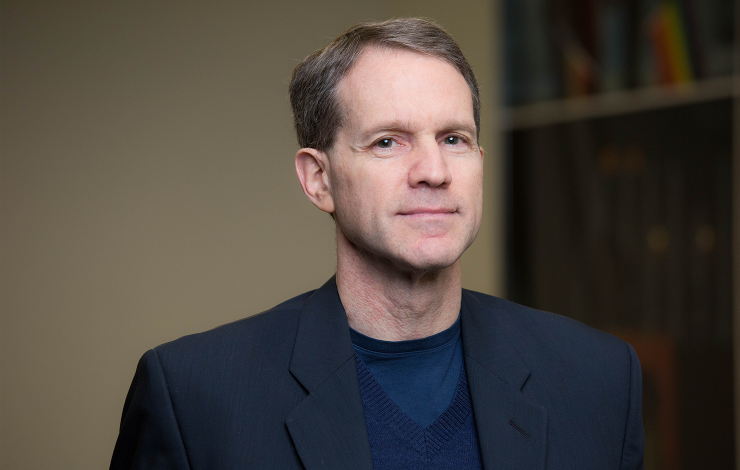
Executive Director, Open Society Justice Initiative
Read Bio >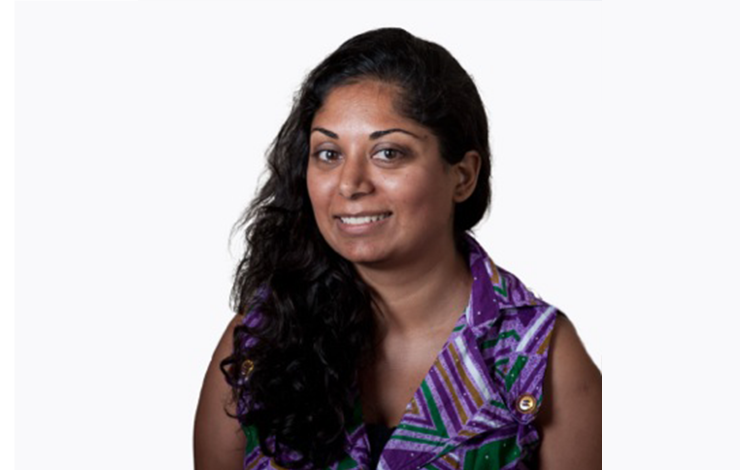
Policy Advisor, Access to Justice, The Elders; Co-Founder, AdvocAid
Read Bio >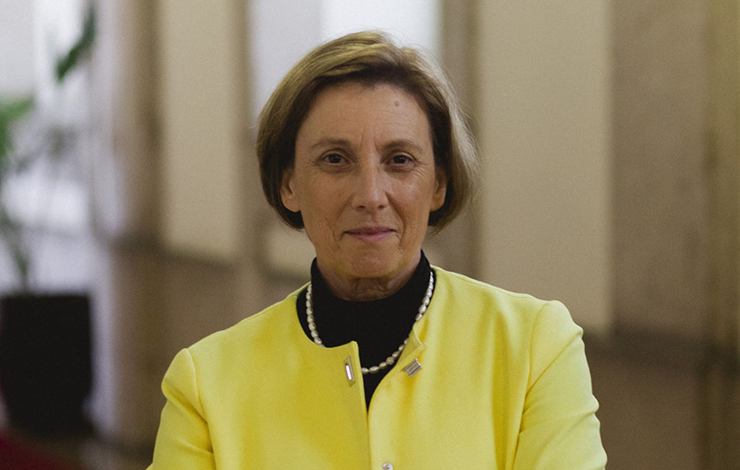
State Secretary for Justice of Portugal
Read Bio >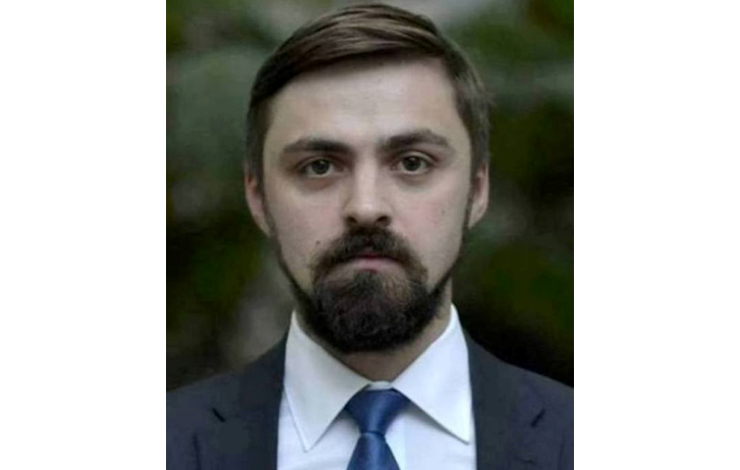
Deputy Minister of Justice of Ukraine
Read Bio >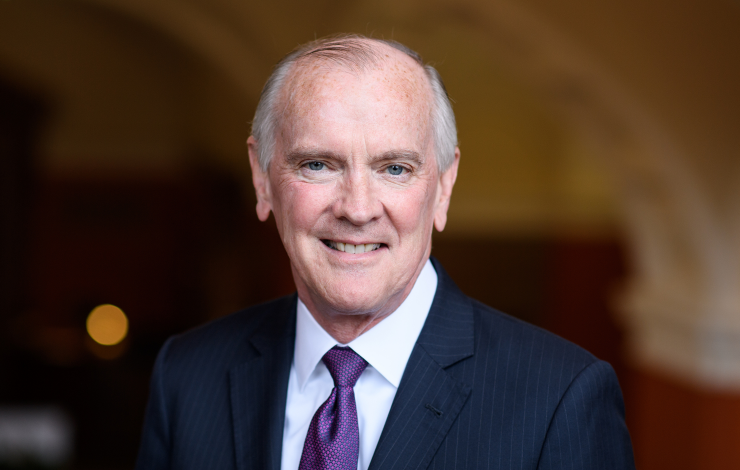
President, Legal Services Corporation
Read Bio >Participants are invited to move directly to the Spotlight rooms to enjoy a coffee break in the room before the next session commences.
Spotlight on the World Justice Challenge: Project Presentations
World Justice Challenge finalist projects will showcase their initiatives during moderated presentations divided into six thematic areas. Forum participants will vote on the most promising and innovative projects for prize recognition at the conclusion of the Forum.
Collaborative Strategies for Preventive and Comprehensive Justice
Presenting projects include:
- “Community Justice Teams,” Citizens Bureau for Development and Productivity (Liberia)
- “YouthLab: Championing the Voice of Youth Deprived of their Liberty,” Young in Prison (Netherlands)
- “160 Girls Access to Justice Project,” The Equality Effect (Kenya)
- “Enhancing Coordination Among Stakeholders for Effective Prosecution of Sex Trafficking Crimes in Nagpur Maharasthtra,” Save the Children India (India)
- “Red Hook Community Justice Center,” Red Hook Community Justice Center/Center for Court Innovation (United States)
Technological Connections for Justice
Presenting projects include:
- “iProbono's Access to Justice Programme for Children,” iProbono (India)
- “M-Haki-Haki Mkononi,” Kituo Cha Sheria-Legal Advice Centre (Kenya)
- “Housing Justice App,” JustFix.nyc (United States)
- “E-lawyering: Criminal Justice and Accountability through Mobile Technology,” The Asia Foundation, Philippines (Philippines)
- “Learned Hands,” Stanford Legal Design Lab in Partnership with Suffolk LIT Lab (United States)
Creative Partnerships for Improving Legal Assistance and Legal Awareness
Presenting projects include:
- “Legal Aid Clinic,” Legal And Human Rights Centre (Tanzania)
- “Legal Aspects of Palliative Care,” Kenya Hospices and Palliative Care Association (KEHPCA) (Kenya)
- “Nationwide Legal Awareness Project I Have A Right,” Ministry of Justice Ukraine (Ukraine)
- “Partnering for Native Health,” Alaska Legal Services Corporation (United States)
- “Justice is Written Differently for Women, Girls, and Boys,” Mujeres en Frecuencia A.C. (Mexico)
Developing Institutional Capacity to Deliver Justice
Presenting projects include:
- “Open Courts Portal - Making Judiciary Accountable,” Transparency International Slovakia (Slovakia)
- “Impacts of Environment and Justice for All,” Asian Development Bank & Asian Judges Network on Environment (AJNE) (Philippines)
- “Rule of Law Partnership in Uzbekistan,” UNDP Uzbekistan (Uzbekistan)
- “Alternative Dispute Resolution (ADR),” Legal Aid Society (Pakistan)
- “Peace and Justice Project,” Association for a More Just Society (Honduras)
Achieving Justice Through Strategic Litigation and Advocacy
Presenting projects include:
- “Transnational Environmental Accountability Project,” University of Maryland Carey School of Law (United States)
- “Reducing the Gender Gap and Fighting for Social Protection in Mexican Laws,” Centro de Análisis y Defensa de Derechos (CADD) (Mexico)
- “Malawi Resentencing Project,” Cornell Centre on the Death Penalty Worldwide, The Malawi Legal Aid Bureau, and Reprieve (Malawi)
- “Safeguarding the Rights of Detainees in Jordan,” Adaleh Center for Human Rights Studies (Jordan)
- “Riverine People and the Right to Full Reparation,” Instituto Socioambiental - ISA (Brazil)
Toward Safe Work and Economic Opportunity for All
Presenting projects include:
- “Apprise: Proactive and Consistent Screening of Vulnerable Populations for Labour Exploitation,” The Mekong Club & United Nations University - Institute on Computing and Society (Hong Kong)
- “Monitoring Maternal Health Entitlements & Increasing Access to Grievance Redressal,” Nazdeek (India)
- “Workplace Safety Compensation and Accountability,” Safety and Rights Society (SRS) (Bangladesh)
- “Tackling Illegal Fishing and Human Trafficking in the Thai Fishing Industry,” Environmental Justice Foundation (Thailand)
- “Women and Land Corruption Project,” Transparency International Zimbabwe (Zimbabwe)
Informal Lunch and Expo Showcase in Expo Village
Participants are invited to explore booths from World Justice Challenge finalist projects and other exhibitors during an informal lunch hour in the Expo Village, with standing lunch stations and portable refreshments.
Working Sessions #1
Working Sessions are concurrent workshops, interactive dialogues and facilitated discussions hosted by a wide variety of global and local institutions around pressing issues and opportunities related to the Forum’s theme of “Realizing Justice for All.”
This session proposed key categories of data needed to properly assess national trends relating to Pretrial Justice and to report on the Agenda 2030 Goals to the UN. Recommendations regarding the specific SDG indicators on pretrial detention (PTD) included keeping the current indicator so that comparisons can be made over time, but fine-tuning it to make it more meaningful, and developing new indicators that are simple, do not create perverse incentives (e.g. arrest quotas), and focus on the quality of decision-making as opposed to the outcome of the decision. During the session several initiatives in countries that prioritized implementation of the Goal 16 pretrial detention indicator, such as Brazil, Sierra Leone, and South Africa, were showcased. Links to other Sustainable Development Goals and issues were also discussed, including the need to implement smart policies—such as not using PTD for crimes with a punishment of less than five years or for women who are pregnant or have children under 12—to reinforce the other SDGs.
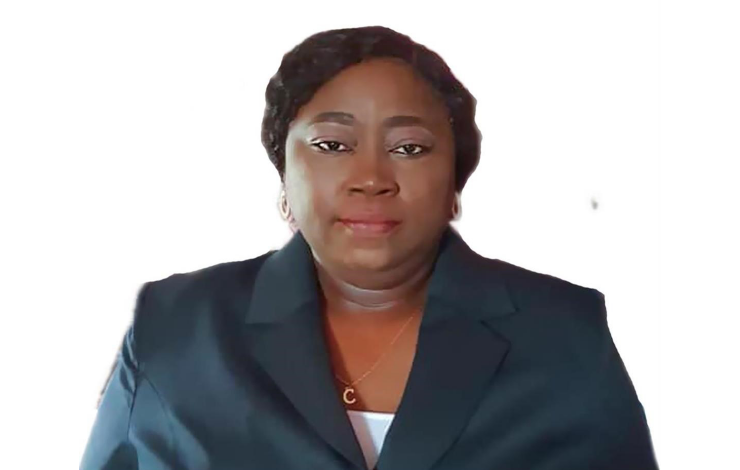
Executive Director, Legal Aid Board of Sierra Leone
Read Bio >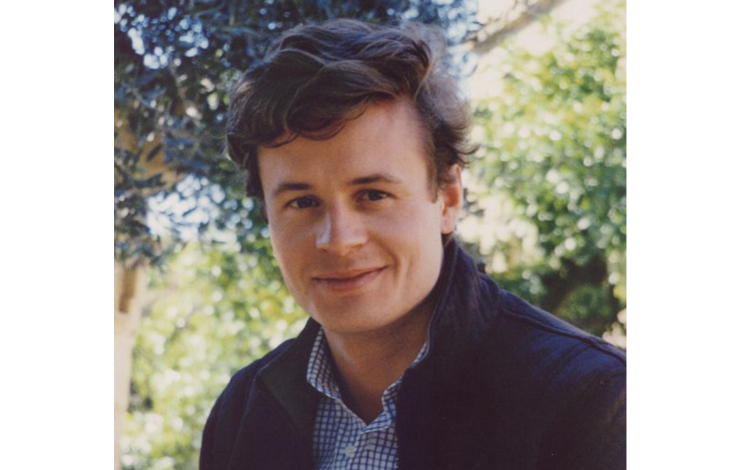
Head of Research, Freedom from Violence, University of Pretoria
Read Bio >In their work to increase access to justice for communities around the world, the Working Group on Transitional Justice and SDG16+ released a report urging policymakers and donors to support transitional justice as one important way to reduce the justice gap. In cases of extreme injustice—including in Syria, Myanmar, and Yemen—decreasing the justice gap is often primarily about stopping, addressing, and preventing the recurrence of large-scale human rights violations. To advance the 2030 Agenda for Sustainable Development in these extraordinary circumstances, extraordinary responses, including transitional justice, are needed so progress toward the SDGs does not leave behind communities with legacies of human rights violations. Transitional justice efforts can put victims at the center of the work and make sure that victims are included in the justice process. Transitional justice can be adapted to different situations and contexts and is flexible about the form that justice takes. Moreover, it can also be designed to tackle problems of scale, address structures of injustices in the form of legacies of violations, and emphasize nonrecurrence. These characteristics make these mechanisms uniquely capable of addressing the justice gap in communities that have experienced repression and conflict.
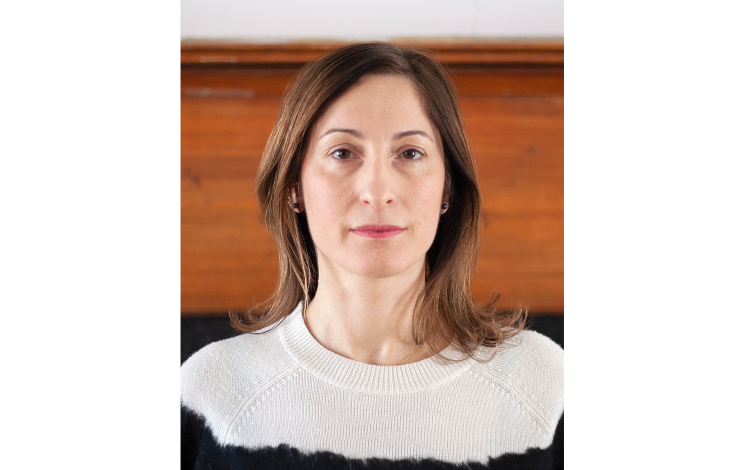
Head of Office, Brussels and the Hague, International Center for Transitional Justice
Read Bio >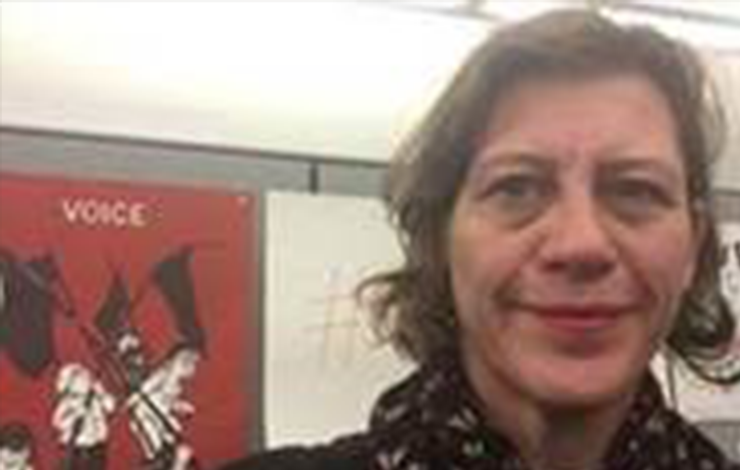
Team Leader, Rule of Law, Security and Human Rights, Crisis Bureau; UNDP
Read Bio >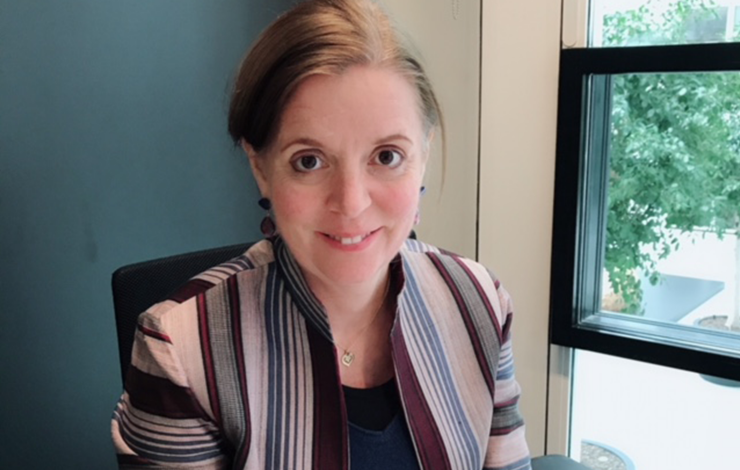
Senior Policy Advisor Rule of Law, Ministry of Foreign Affairs of the Netherlands
Read Bio >There is growing evidence of links between law and health demonstrating that social problems with a legal dimension can exacerbate or create ill health and, conversely, that ill-health can create legal problems. Public health experts have identified social factors as important determinants of health, even more than genes or clinical care. This session discussed the international development of integrating social welfare legal services with health services to address both health and legal needs. Health professionals and legal practitioners have been working to combine their respective services in order to provide more integrated services, such as Medical-Legal partnerships that can help train doctors to identify legal needs and bring legal advice into health provision. Still, there is a need for sustainable resources in the long term. We need to be able to demonstrate the benefits of health justice partnerships, as well as rigorous evidence and an impassioned argument to advance the agenda.

Director, UCL Center for Access to Justice
Read Bio >How does the implementation and enforcement of environmental laws address the severe health effects of environmental pollution? This session explored current laws and standards, and outlined how efforts to train lawyers and judges in various countries have helped bridge the gaps between laws and health outcomes for affected populations. Speakers highlighted the importance of empowering local populations through environmental litigation, and emphasized the need to build tools and skills that can be transferred, such as learning to collect information and document health harms, legal education, and legal assistance and council. International training of lawyers in environmental law was also flagged as an important practice, particularly for private legal practitioners, who have been excluded in the past. Speakers also highlighted the significant work that must be done to establish environmental protection as a fundamental right, and to broaden the development community’s appreciation of the impact of law and justice on human development.
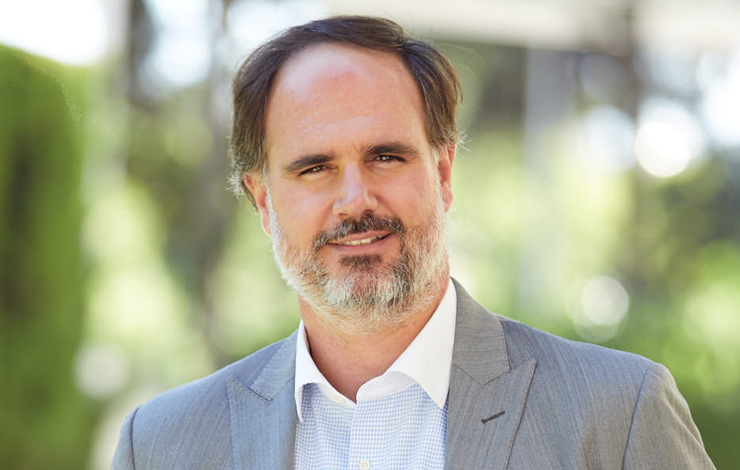
Dean, IE Law School
Read Bio >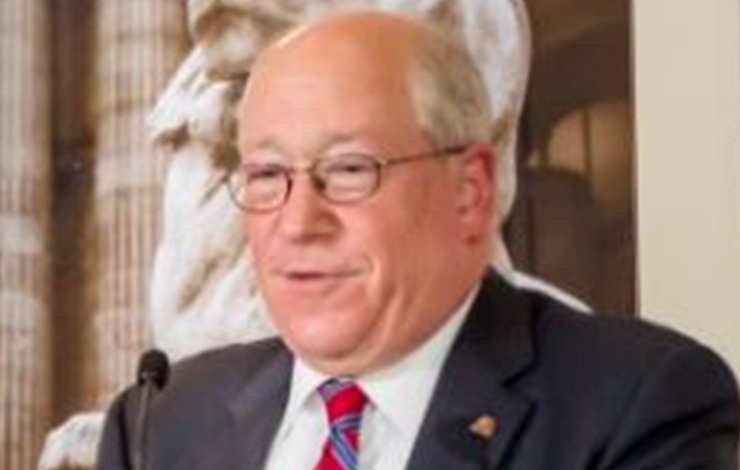
Elias Group; ABA SEER
Read Bio >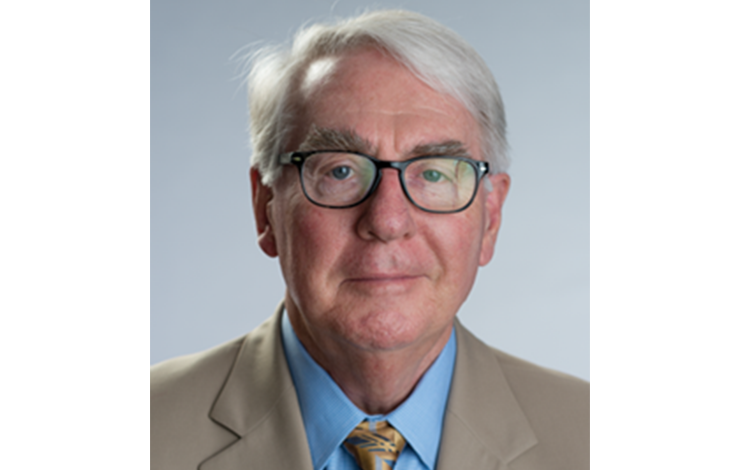
Retired Partner, Alston & Bird LLP
Read Bio >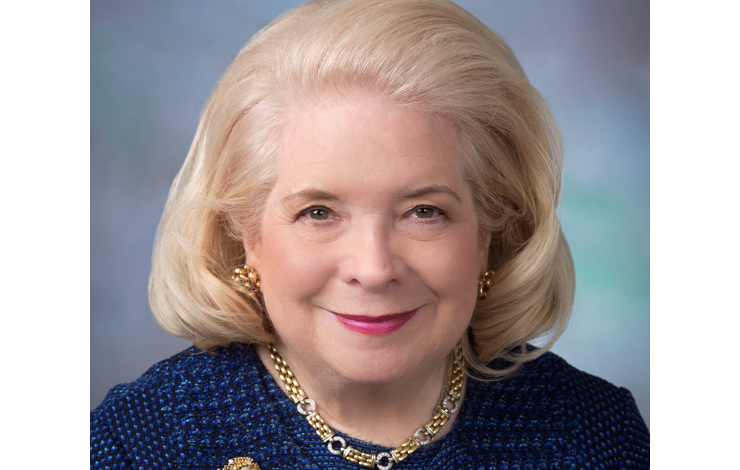
Chair, Duane Morris LLP
Read Bio >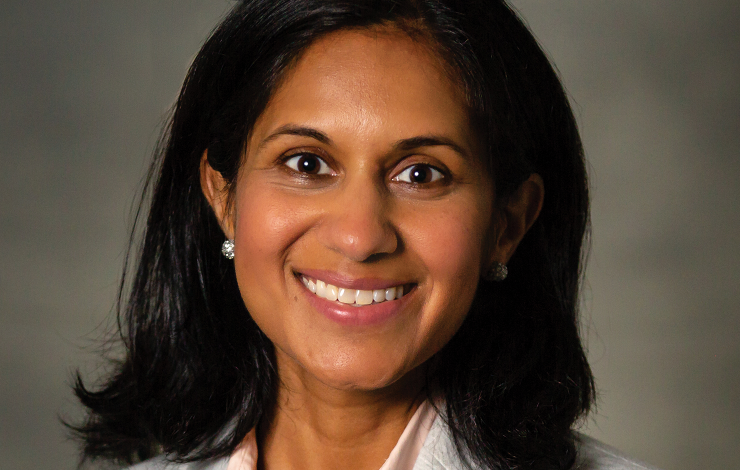
Assistant Professor and Director of the Environmental Clinic, University of Maryland Carey School of Law
Read Bio >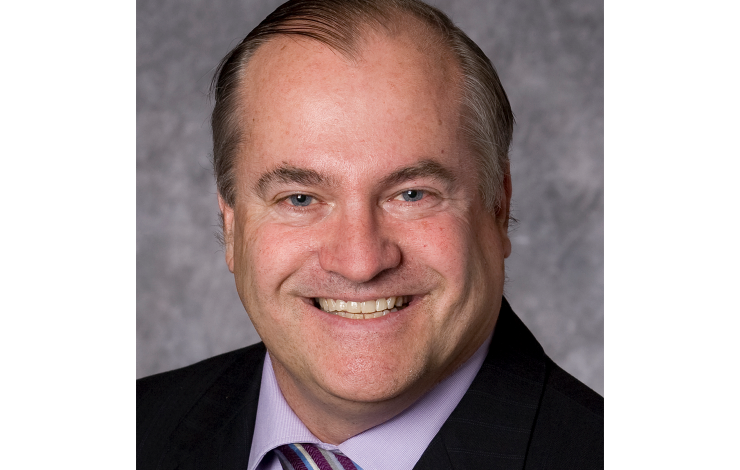
Director, Environmental Law Program; University of Maryland Carey School of Law
Read Bio >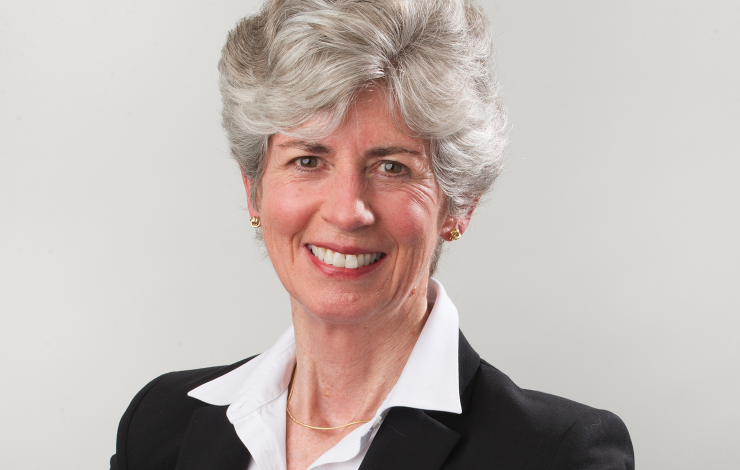
Shareholder, Butzel Long
Read Bio >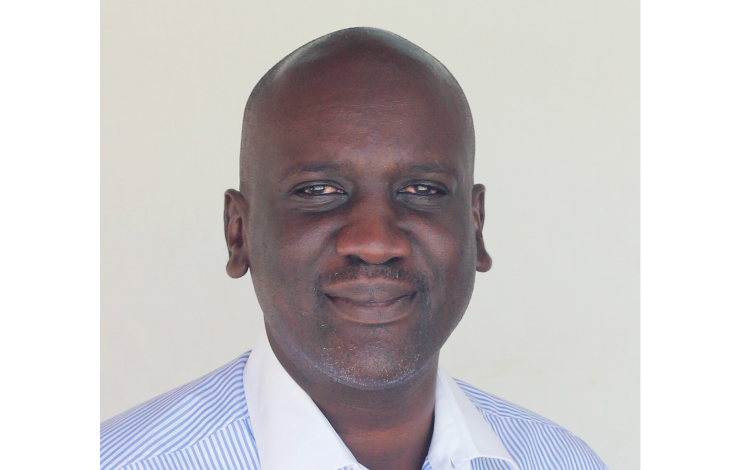
Environmental Lawyer, United Nations Environment Programme
Read Bio >This session explored emerging evidence of how legal technologies can be made both used and useful in expanding access to justice. It drew on research and practice experience, and discussed the key elements that separate effective technology-based justice interventions from those that are less effective. JustFix.nyc and Haqdarshak served as case studies to showcase how organizations can successfully integrate technological platforms in their work with clients to serve their justice needs in the housing and public benefits contexts. Haqdarshak, for example, trains local entrepreneurs to operate the platform, who collect service fees for its operation, making a sustainable model for the system. JustFix.nyc has an online platform that uses data and technology to fight displacement and expand access to justice. It can automate formal complaints against landlords for neglected repairs or to report harassment, with the aim to correct the legal imbalance between tenants and landlords. The idea behind both start-ups was to use technology to solve problems that everyday citizens face. Not to change laws, but to facilitate access to services, build accountability, and empower citizens.
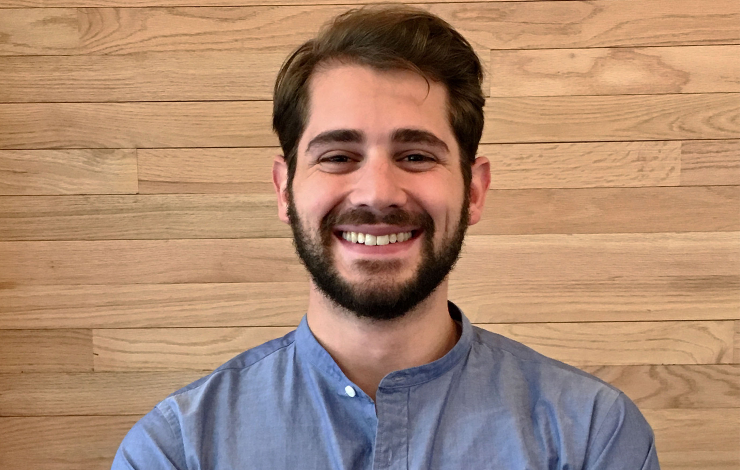
Co-Founder and Executive Director, Just Fix.nyc
Read Bio >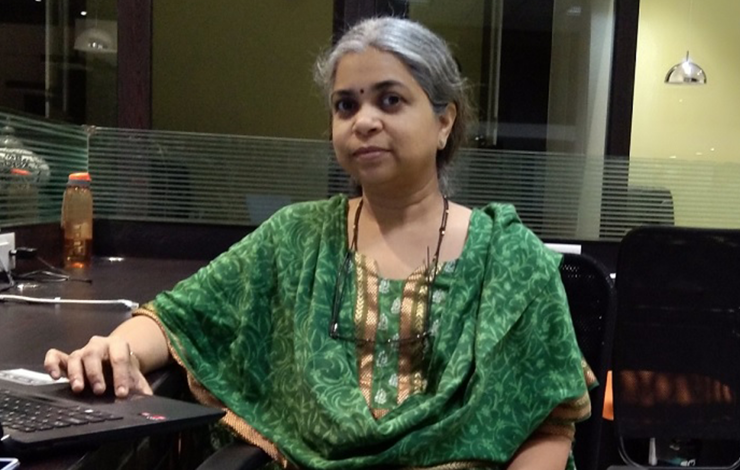
Co-founder and Executive Director, Haqdarshak
Read Bio >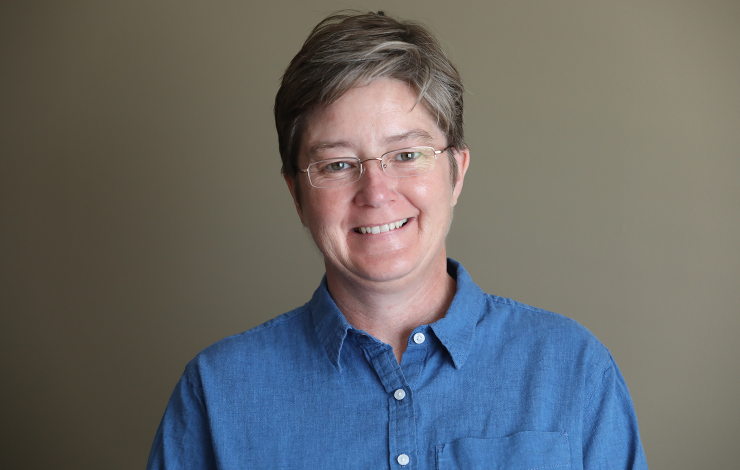
Faculty Fellow, American Bar Foundation
Read Bio >Artificial intelligence is a subset of computer science that is trying to emulate human behavior, and presents numerous opportunities for solving justice problems. In a data-driven world, data transformations that integrate AI are a crucial way for organizations to enhance speed and accelerate time to value. Hewlett Packard Enterprise proposed the following road map for undertaking any data transformation: 1) Implement a modern data foundation (ingest, process, and manage a high velocity data pool.) 2) Transform data collected into insights 3) Predict and anticipate possible future events and support or automate decisions and actions applying AI. Once AI has been integrated into existing applications, it is fundamental that organizations do not allow their AI systems to remain static. The data used for AI processes needs to consistently be re-trained and supported. Finally, at the core of data transformation initiatives are ethical principles, such as the European Commission for Efficiency of Justice Ethical Charter, which organizations must refer to and abide by when integrating artificial intelligence into their work.
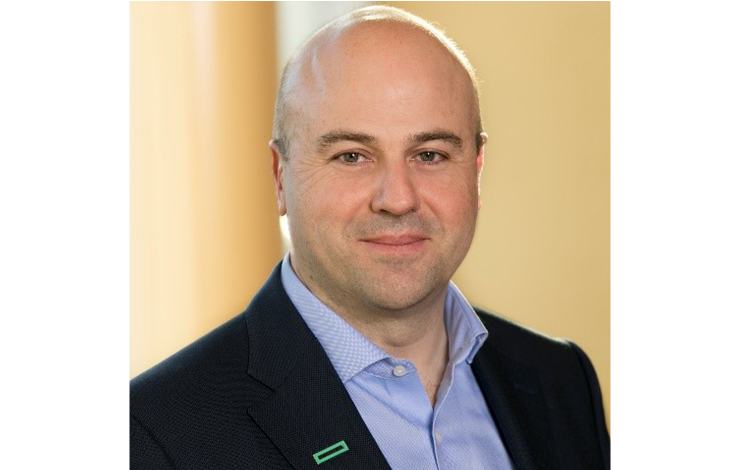
Director, WW AI Data and Analytics Practice; Hewlett Packard Enterprise
Read Bio >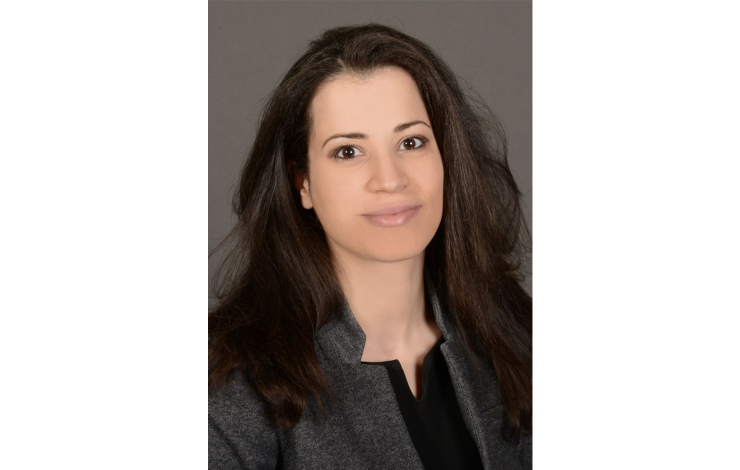
Director & Associate General Counsel, Corporate and M&A; Hewlett Packard Enterprise
Read Bio >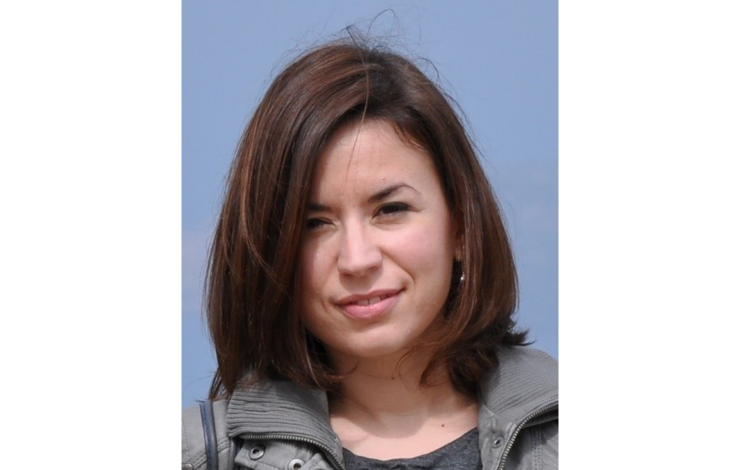
Solution Architect, WW AI, Data and Analytics Practice; Hewlett Packard Enterprise
Read Bio >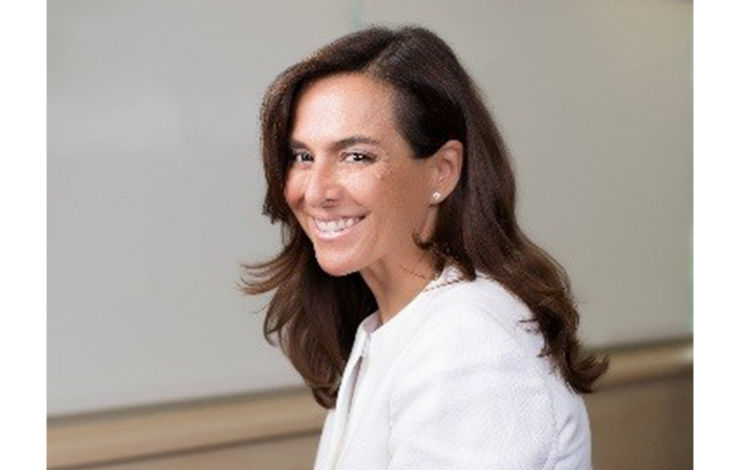
Vice President and Associate General Counsel for Southern Europe and LatAm, Hewlett Packard Enterprise
Read Bio >Social impact bonds have emerged as a promising vehicle for mobilizing public and private financing for social progress. Growing in popularity in areas such as health, education, and workforce development, they have not yet been deployed in the justice sector. During this session, participants shared findings from a recent feasibility assessment of outcomes-based financing for civil legal aid and discussed how justice sector actors might pursue social impact investing to scale-up access to justice interventions. Session presenters highlighted the Pay for Success model, which focuses on long-term outcomes that go beyond specific program outputs and social impact bonds that provide upfront working capital that allows service providers to scale-up their services. To further take advantage of these resources, speakers encouraged legal aid providers to be willing to rigorously test their services, accept contradictory results, and be flexible enough to iterate their programs based on findings. Identified examples of outcomes-based financing models in practice included: the Medical-Legal Partnership in Washington, D.C., the International Committee of the Red Cross Humanitarian Impact Bond, and PeaceNexus’s Peace Investment Fund.
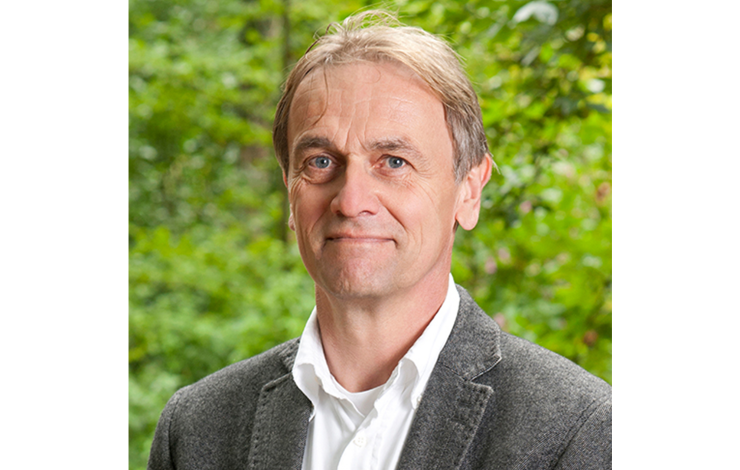
Research Director, Hague Institute for Innovation of Law
Read Bio >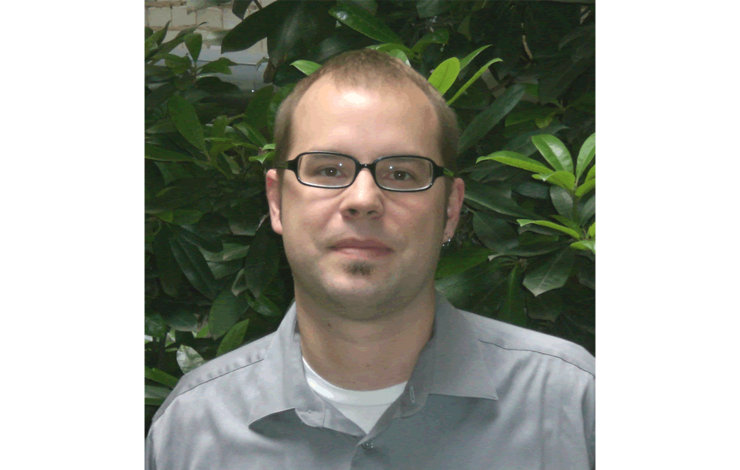
Policy Officer, Open Society Justice Initiative
Read Bio >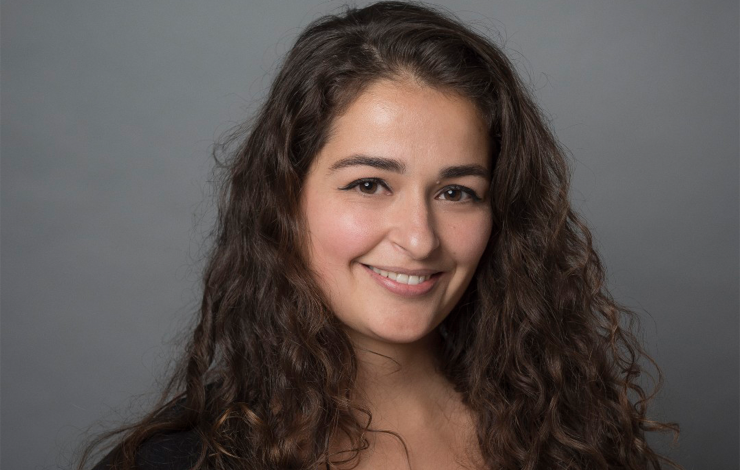
Policy Advisor Finance & Legal, Department of Economic Affairs; Municipality of the Hague
Read Bio >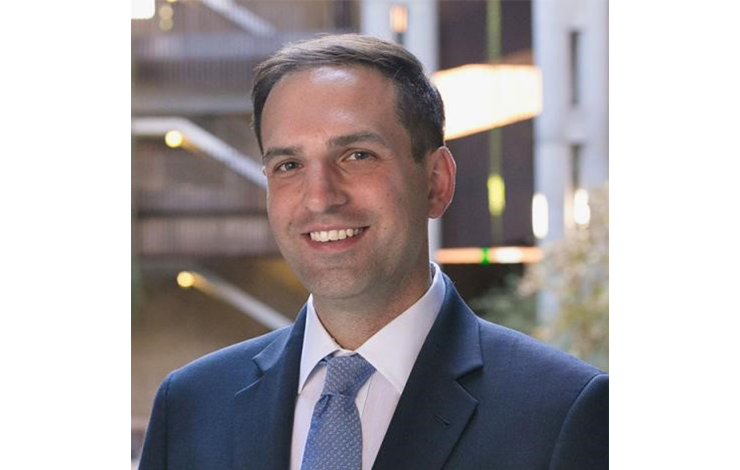
Visiting Professor and Research Scholar, University of Arizona
Read Bio >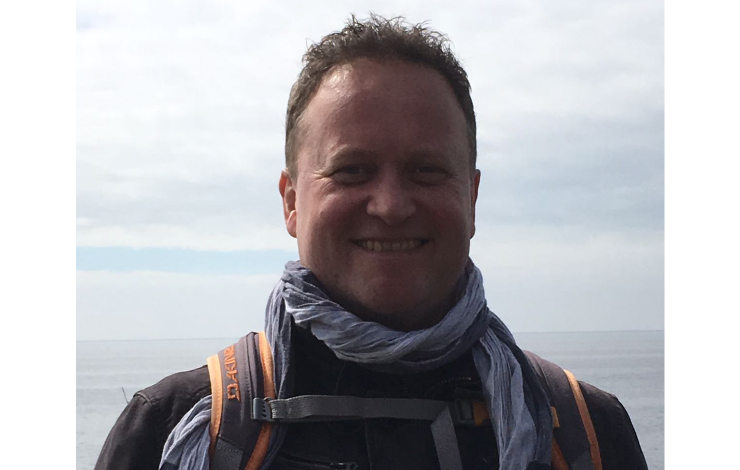
Head, Department of International Affairs; City of The Hague
Read Bio >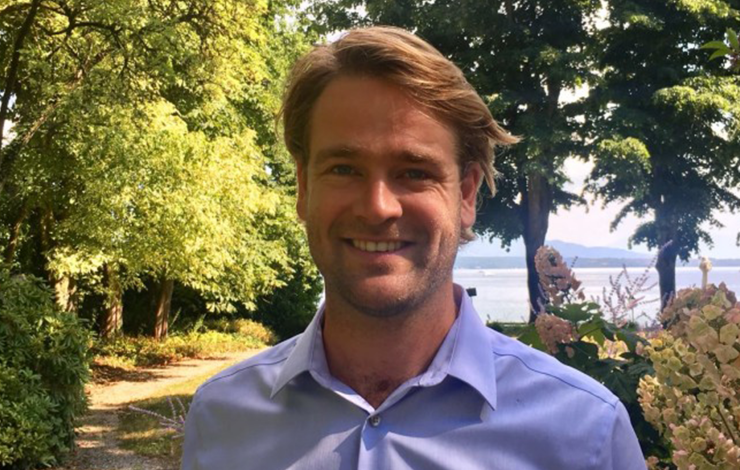
Inclusive Dialogue with Business Lead, PeaceNexus
Read Bio >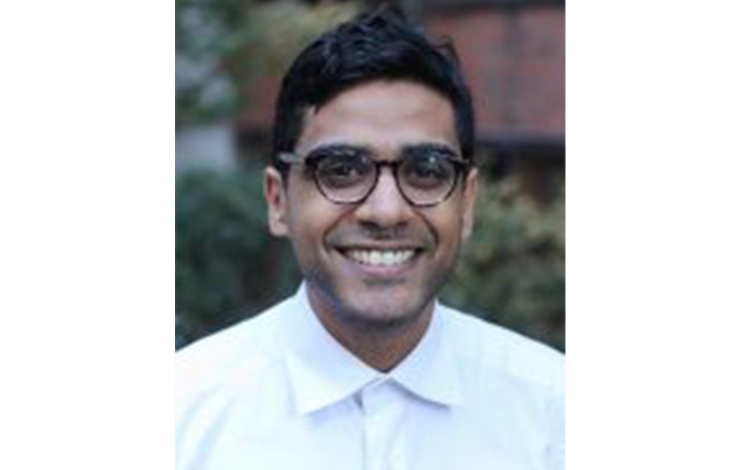
Associate Director, Social Finance
Read Bio >
Director of the Stabilization and Humanitarian Aid Department, Ministry of Foreign Affairs of the Netherlands
Read Bio >The business community undoubtedly has a significant interest in justice and strong rule of law. But how can the business community take a leading role in achieving the SDGs and closing the justice gap? This working session explored the business case for greater engagement by business on justice and the rule of law, including the need for SDGs to be translated and explained in business language (e.g. in terms of risk factors of non-participation and legal implications) and the crucial role for lawyers in arguing why rule of law is in businesses’ self-interest. The session also identified ways champions in the business community can promote those efforts such as by developing standards for corporate compliance with the rule of law, ensuring supply/value chain responsibility, respecting existing laws and regulations, and leveraging the voices of local communities.
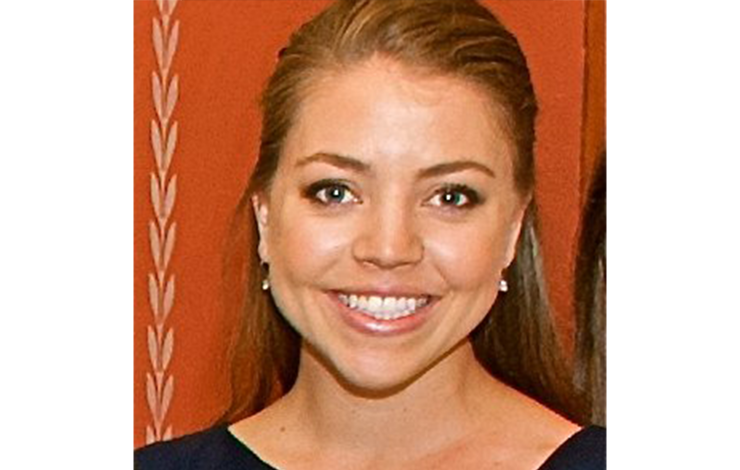
Senior Program Officer, Accountability Lab
Read Bio >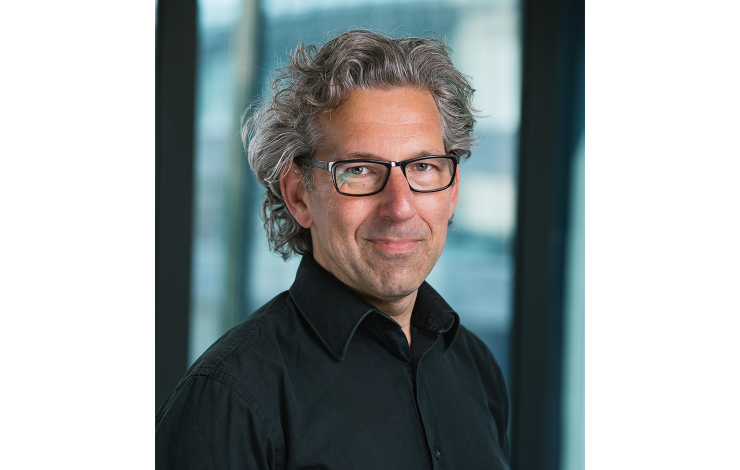
Policy Advocacy & Engagement Advisor, International Development Law Organization
Read Bio >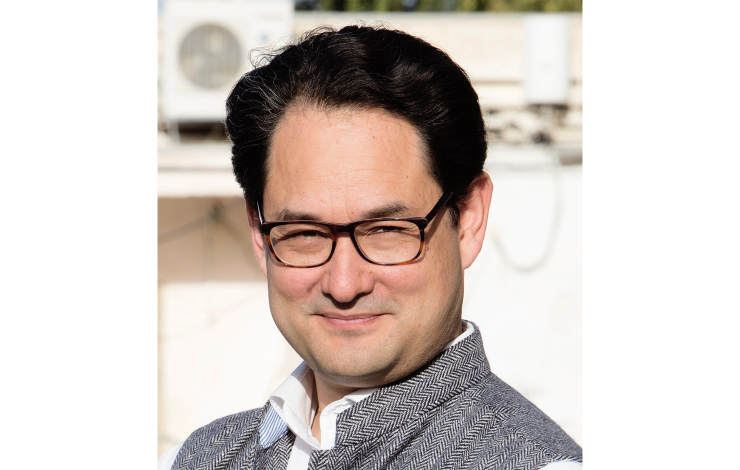
Founder and CEO, TrueFootprint
Read Bio >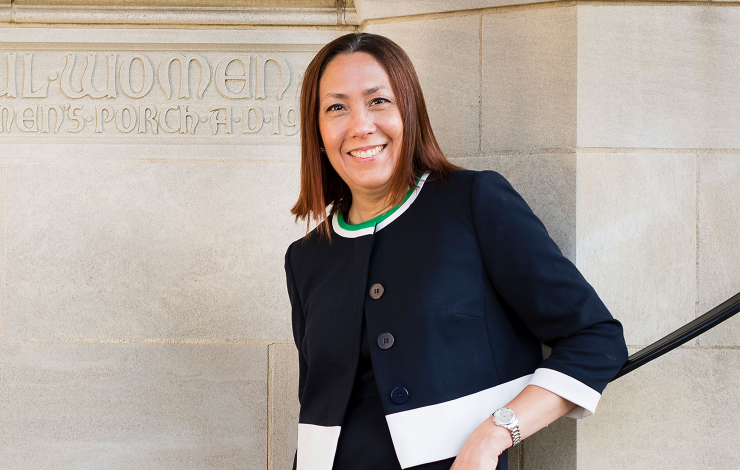
Head of Rule of Law Development, LexisNexis
Read Bio >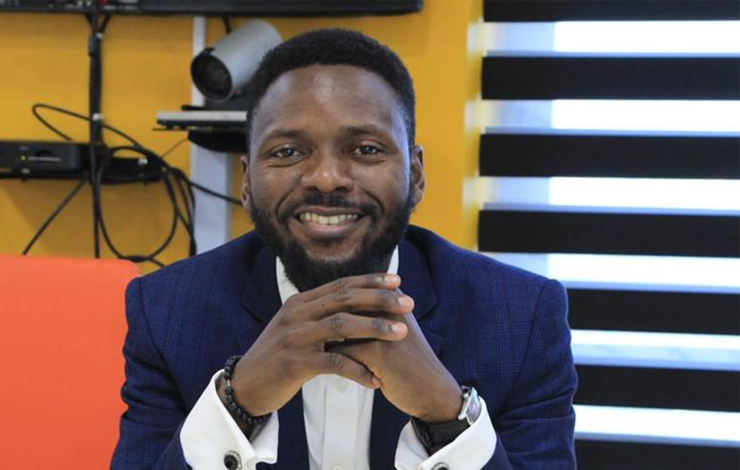
Manager, Sahara Foundation
Read Bio >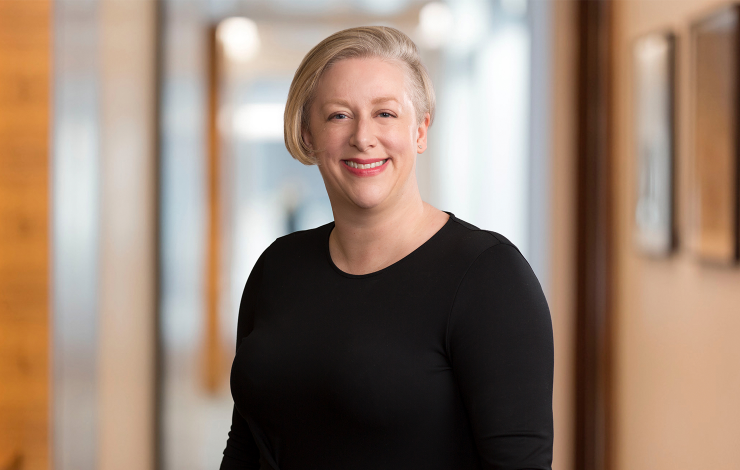
Partner, Jones Day
Read Bio >Coffee Break
Working Sessions #2
Working Sessions are concurrent workshops, interactive dialogues and facilitated discussions hosted by a wide variety of global and local institutions around pressing issues and opportunities related to the Forum’s theme of “Realizing Justice for All.”
Bridging the "justice gap" requires a mechanism to connect the beleaguered rights holder with the distant duty bearer. Among the most powerful and promising bridges is strategic human rights litigation. This session focused on Open Society Justice Initiative’s global multi-year study of good practices which demonstrates the ability of marginalized communities to win unlikely victories. OSJI’s findings included that there is a growing demand for justice through litigation as a means to bridge the justice gap. Individual strategic litigation cases should not be viewed as win-lose situations, but instead as a process where cases brought can help to change the political climate and public opinion and increase opportunity for positive changes later on, and that in order to be effective, implementation of court decisions must happen. Other key takeaways from the session included strategic litigation’s important role in bringing about structural changes, the fact that law must play a role in consolidating open societies, and the recognition that courts are one of the few places where activists can directly challenge power.

Senior Officer for Research and Publications, Open Society Justice Initiative
Read Bio >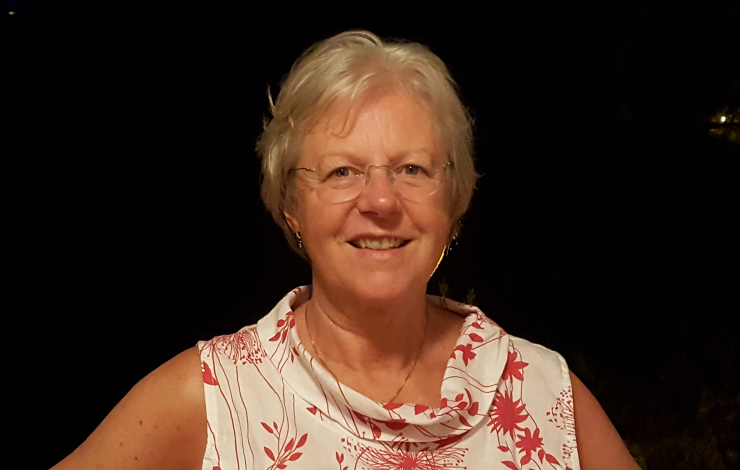
Human Rights Coordinator, Irish Community Action Network
Read Bio >
Executive Director, Open Society Justice Initiative
Read Bio >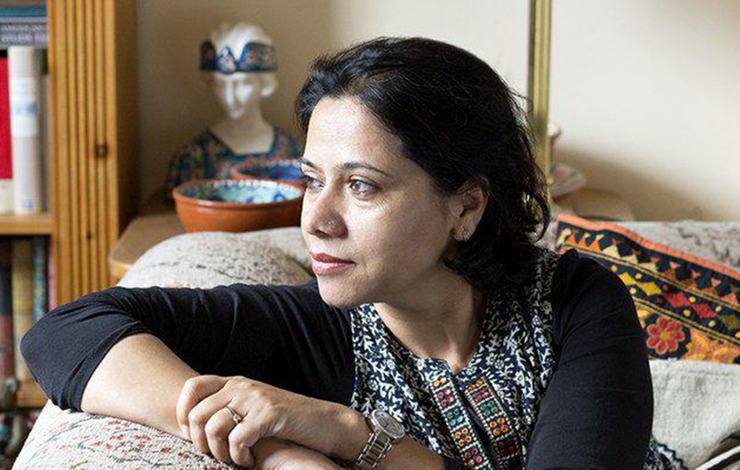
Co-Founder, Advocacy Forum
Read Bio >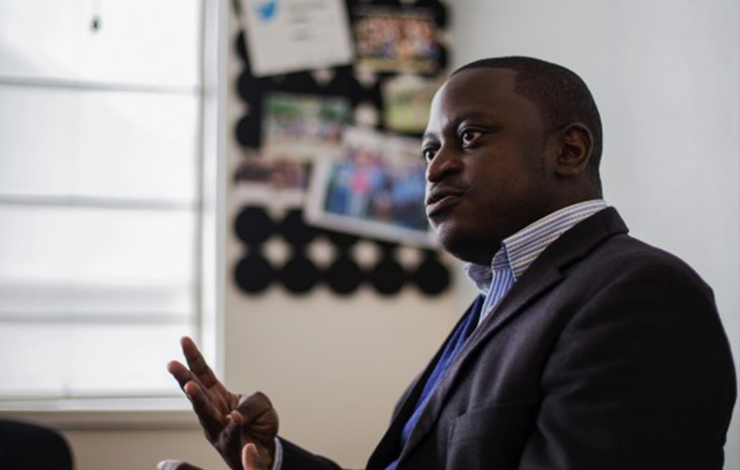
Independent Consultant
Read Bio >When citizens are mistreated by people in power they often have little capacity to ensure justice. Citizen Helpdesks are pioneering a feedback process through which citizens use information to work with power-holders to fix problems and then disseminate information about the changes, ensuring better and more equal access to everything from healthcare to justice. This session discussed how closing the feedback loop in this way has built trust and transformed governance in Liberia, Mali, and Nepal. The first step in the Citizen Helpdesk cycle is listening. Communities select groups of volunteers who work to collect and later disseminate information. These volunteers function as community frontline associates (CFAs) and interact face-to-face with different stakeholders in the community to understand what problems they currently face. Next, these volunteers routinely gather information on critical problems using community surveys. Once collected, these data are analyzed, checked and synthesized by the Accountability Lab. The information is then disseminated to facilitate conversations with all of the pertinent local stakeholders using the most impactful mediums tailored to the local context, such as radio shows and community meetings. This process ensures that everyone understands how and when something will happen, which builds accountability into decision-making processes and closes the feedback loop that often exists between citizens, governments, the media, and the private sector.

Senior Program Officer, Accountability Lab
Read Bio >A framework and measurement for access to justice is necessary to ensure the existence of effective legal frameworks and policies to benefit the Indonesian people. During this working session, the consortium working on an Access to Justice Index, including the Indonesian Government, sought input and guidance from Forum attendees on their ongoing process to establish this Index for Indonesia.
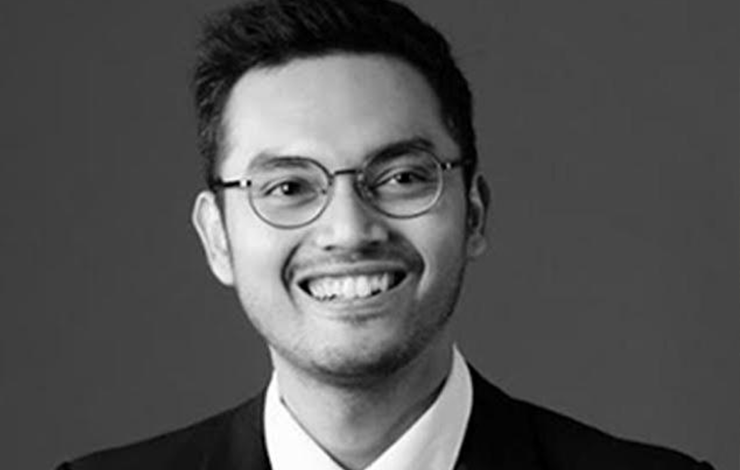
Chairman of Judicial Monitoring Community, MaPPI; Faculty of Law, University of Indonesia
Read Bio >
Policy Advocacy & Engagement Advisor, International Development Law Organization
Read Bio >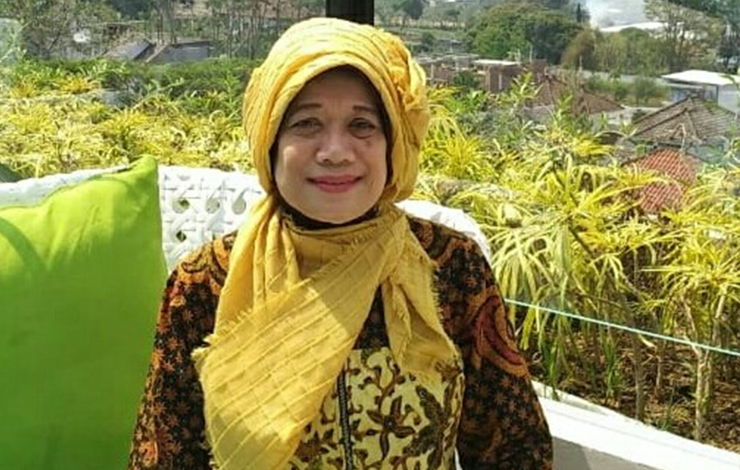
Head of Politic and Security Statistics Division, BPS-Statistics Indonesia
Read Bio >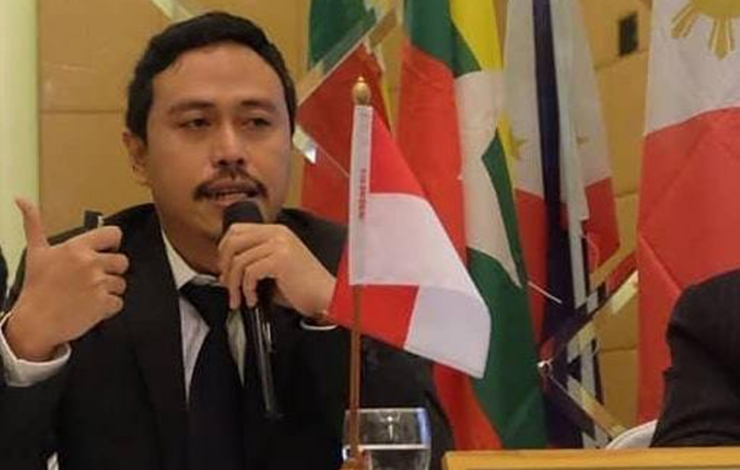
Head of Legal Service Division, Ministry of Law and Human Rights West Papua Province Office
Read Bio >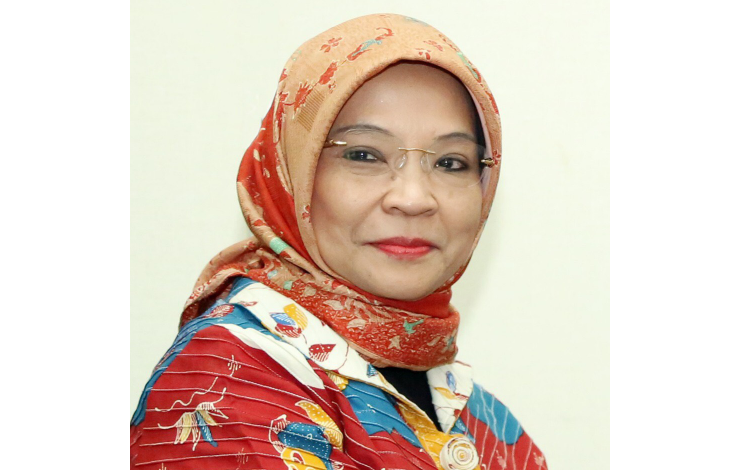
Expert Staff for Institutional Interrelations, Ministry of National Development Planning
Read Bio >Effective use of data and design can be a powerful driver of successful access to justice solutions. This session, inspired by the “School of Data” workshops for journalists, educated and empowered those working in the legal and social sector to use these tools effectively. The workshop leads provided an overview on trends in data, noting the explosion in sources of and amount of data, including from sources in the “internet of things” thought to have strictly commercial value, but with ever-increasing applicability to solving larger social and justice problems. Another key trend is that a provider-centric approach to delivering legal services is giving way to a person-centered view of legal needs, driven by survey and other data. For example, increased use of data demonstrated that the allocation of legal provider resources were not well matched to the legal needs of the population, such that, for example, many providers offered family law services when a great number of people reported medical issues as their primary legal need. The working session then described and examined a series of case studies of individuals or organizations that had mined data sources or otherwise used data in order to better understand or tackle a justice problem, such as Clear My Record by Code for America. Outcomes included increased data-literacy, the ability to spot data-project potential, and building a collaborative data and design ecosystem.
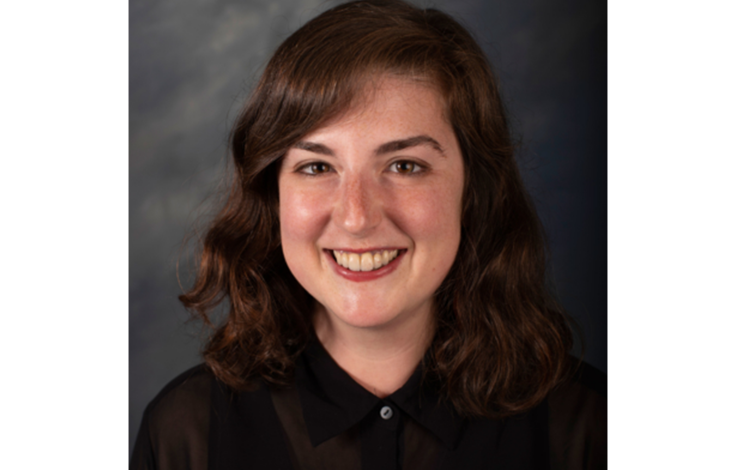
Director, Legal Design Lab of Stanford Law School
Read Bio >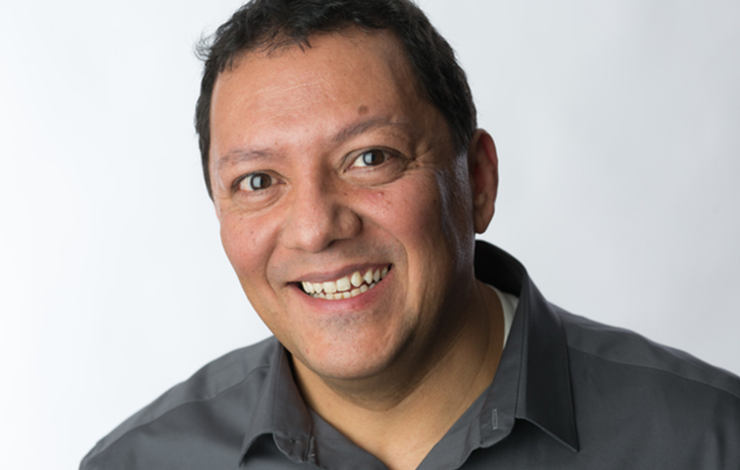
Chief Data Officer, Legal Services Corporation
Read Bio >While pilots projects innovating justice abound, few countries in the world have models that deliver legal services at the national scale. This session explored recent efforts by governments and civil society in a range of countries to bring innovative community-based models to a sustainable, national level. It examined how public financing is being diversified across social sectors and levels of government to enhance access, effectiveness, and sustainability of basic justice services, and the emerging evidence to strengthen policy arguments for institutionalization of these collaborations. Discussants from Ukraine, North Macedonia, Argentina, and Indonesia shared experiences of what is working, including networks of legal aid centers, improvements in cross-sector and local level support, comprehensive legal frameworks for efficient legal aid systems, and advocacy for justice as a social problem.
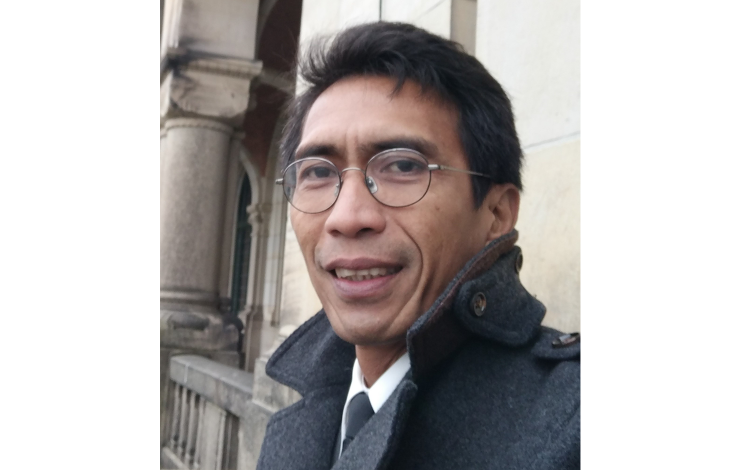
Advisor for Legal Empowerment Program, Tifa Foundation, Indonesia
Read Bio >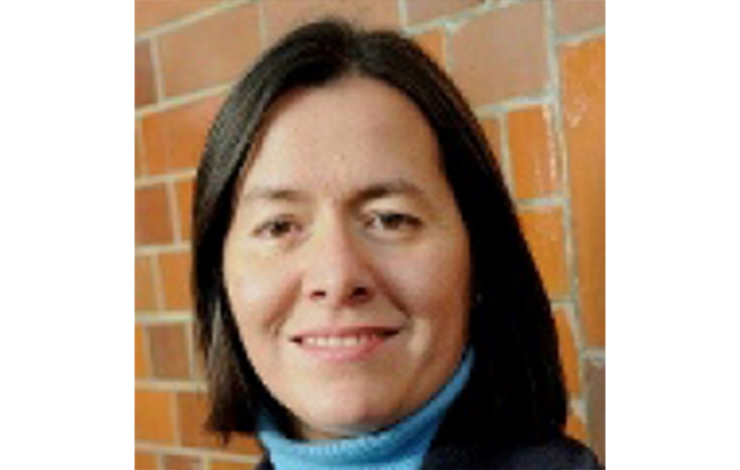
Senior Research Fellow, Overseas Development Institute (United Kingdom)
Read Bio >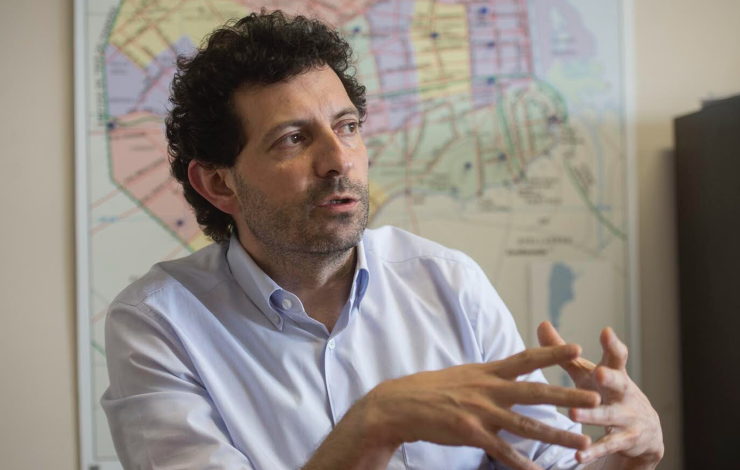
National Director of Access to Justice, Ministry of Justice of Argentina
Read Bio >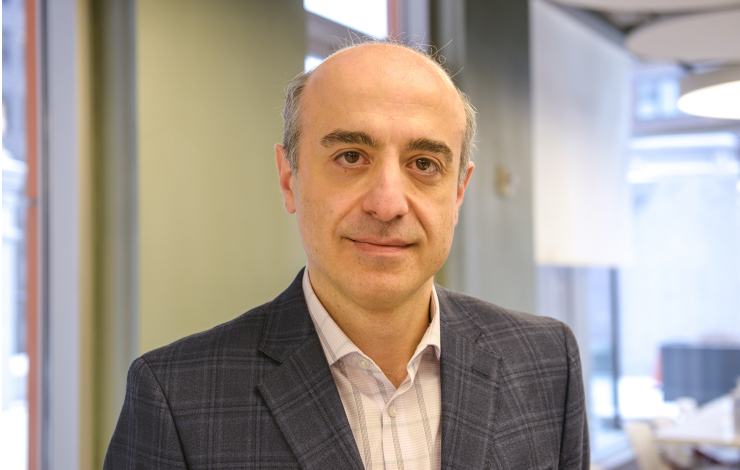
Director, Berlin Office, OSJI
Read Bio >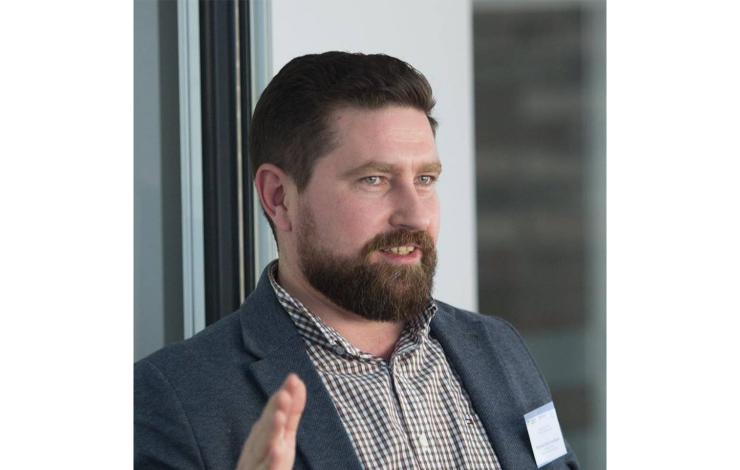
Legal Development Network, Ukraine
Read Bio >
Program Coordinator, Foundation Open Society Macedonia
Read Bio >This session explored how enhancing the functions of traditional rulers in their communities has been an important part of rebuilding, conflict reduction, and building community cohesion in the aftermath of a crisis. Focusing on the northeastern Nigerian states that were subject to the Boko Haram insurgency, participants examined questions regarding the interface between formal and informal systems. Specific techniques – including hosting training sessions where traditional rulers acquire expertise in where their jurisdiction should end and how to transfer these cases to the formal sector, hosting training sessions that inform traditional rulers about cultural differences and ways to employ these differences in the decision making process, and hosting workshops where traditional rulers, judges, police and the media convene and discuss ways in which the challenges they face can be tackled by policy reform – informed a lively discussion about effective strategies for community level informal justice.
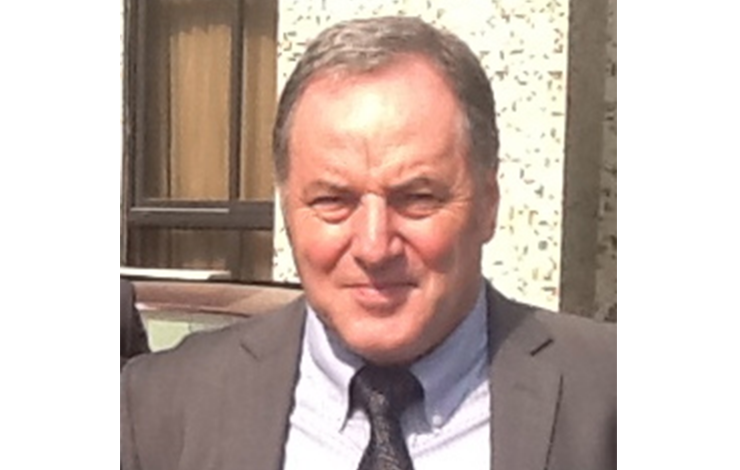
Portfolio Lead for Justice Security and Conflict in Sub-Saharan Africa, British Council
Read Bio >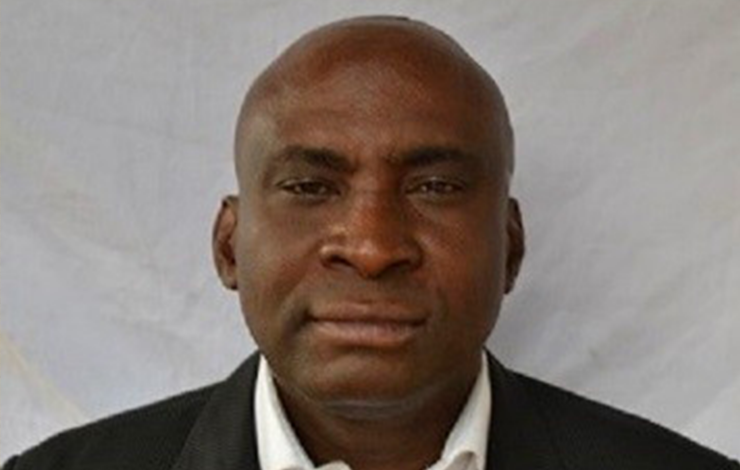
Technical Lead and Conflict Analyst, Managing Conflict in Nigeria (MCN)
Read Bio >This session explored how and why African courts have developed as they did, and what they need to move effectively into the future. Using Burkina Faso as a test case, it looked specifically at how systems change theory can be applied to African courts to address the critical problems of trust and performance and create a more effective and just system moving forward.To this end, USIP leverages the following four principles at each stage in the process: Act locally – need to act within a system if you are addressing a complex system; Act deeply – follow a process that allows them to move from local events to broader patterns; define high leverage points; Act collectively – involve all systemic actors, “bring the system in the room” to move towards a shared understanding of the overall system; Act iteratively.

Senior Program Officer, U.S. Institute of Peace
Read Bio >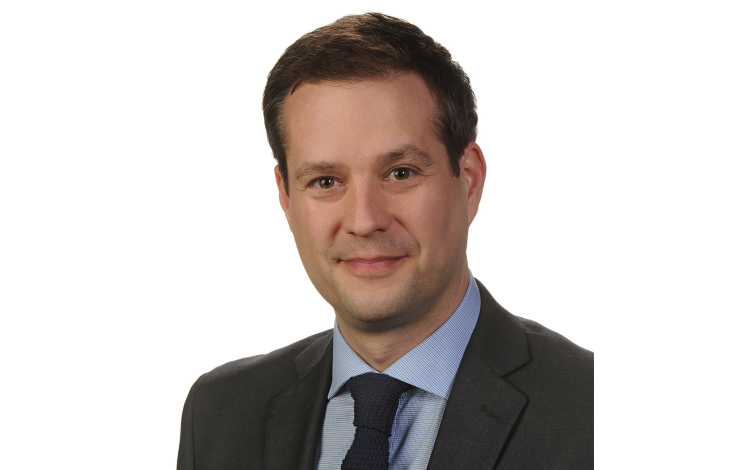
Director of Governance, Justice & Security; U.S. Institute of Peace
Read Bio >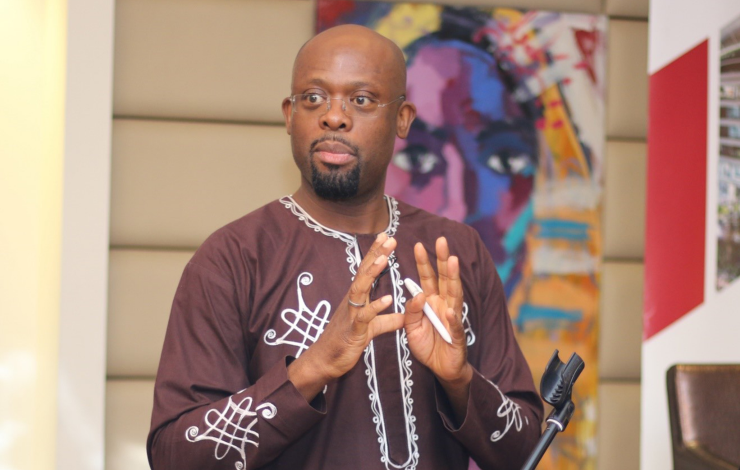
Executive Director, ALN Academy
Read Bio >There are various initiatives and platforms that show willingness on behalf of the business community to set-up grassroots initiatives that aim at addressing the justice gap, fostering rule of law, and implementing SDG16. However, there are inherent difficulties in scaling these up in a consensual manner. This session discussed the role of the business community in catalyzing action on SDG16 and access to justice, showcased examples, and considered the challenges and practical limitations to scaling up these interventions. Participants heard from Safaricom on implementing an internal strategy to advance and operationalize SDG Goal 16; Touton on forming a public-private partnership to address supply-chain issues;Hewlett Packard Enterprise on developing a socially responsible corporate culture; Jones Day on implementing a project to assist refugee women; and ABN Amro Bank on creating multi-stakeholder platforms between NGOs and governments to ensure compliance with the rule of law.
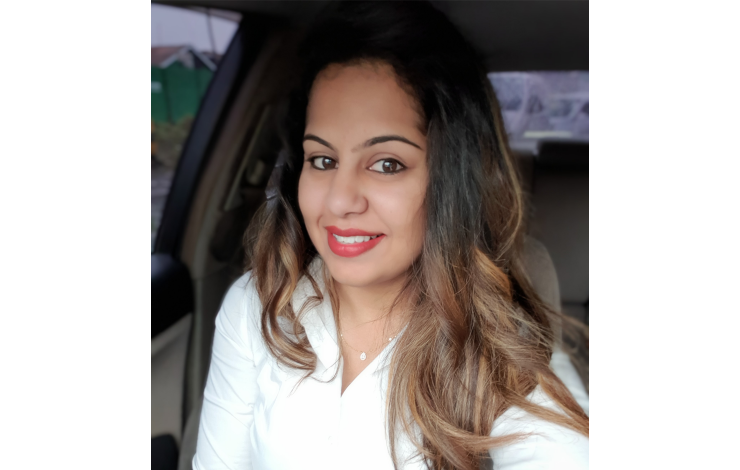
Principal-in-house Legal Counsel, Safaricom PLC
Read Bio >
Ghana Country Representative, Touton
Read Bio >
Director & Associate General Counsel, Corporate and M&A; Hewlett Packard Enterprise
Read Bio >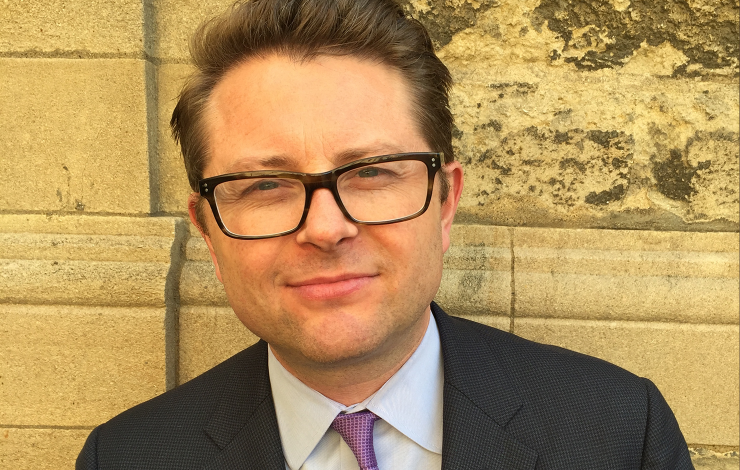
Director, Bingham Centre Business and the Rule of Law Programme
Read Bio >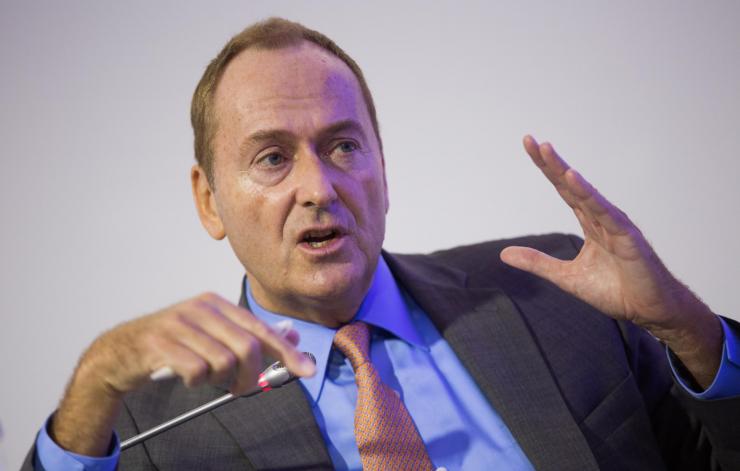
Managing Director, Oxford Analytica
Read Bio >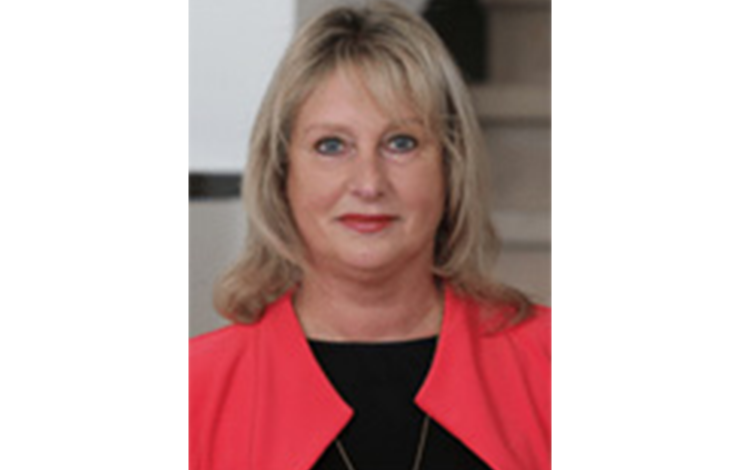
Partner, Jones Day
Read Bio >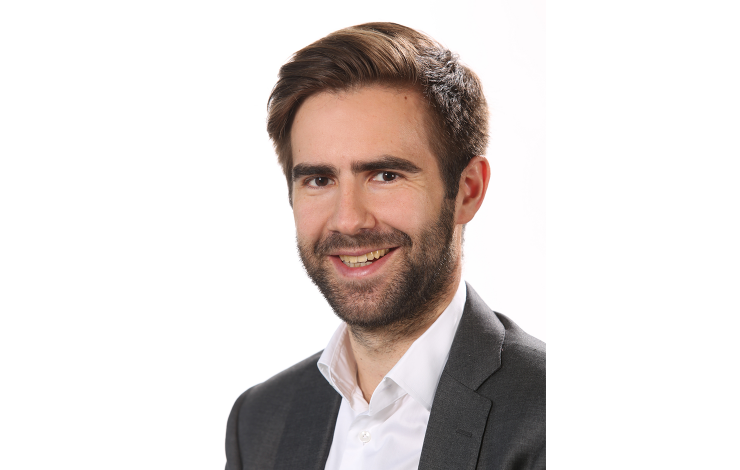
ESE Risk Advisor, ABN Amro
Read Bio >Rule of Law Award
The WJP Rule of Law Award recognizes global and local champions advancing rule of law.
- Presented by Members of the WJP Board of Directors: Ellen Gracie Northfleet, Former Chief-Justice, Federal Supreme Court of Brazil and Petar Stoyanov, Former President of Bulgaria.
Artist Spotlight
Following the presentation of the award, an artistic dramatization, “Africa on Trial,” hosted by the ALN Academy will explore East Africa’s rule of law record. Through contemporary African dance, poetry, and the opening prosecution and defense of a mock trial, representatives from within Africa’s expert cultural socio-legal communities will bring to life East Africa’s journey of consciousness, connection and justice.
- MUDA Africa
- Femi Omere, Executive Director, ALN Academy (Nigeria/UK)
- “The Prosecution”: Aisha Abdallah, Partner, Head of Litigation and Disputes, Anjarwalla & Khanna (Kenya)
- “The Defense”: Joyce Aluoch, Former Judge, International Criminal Court and High Court of Kenya
- “The Adjudicator”: Mohamed Chande Othman, Former Chief Justice of Tanzania
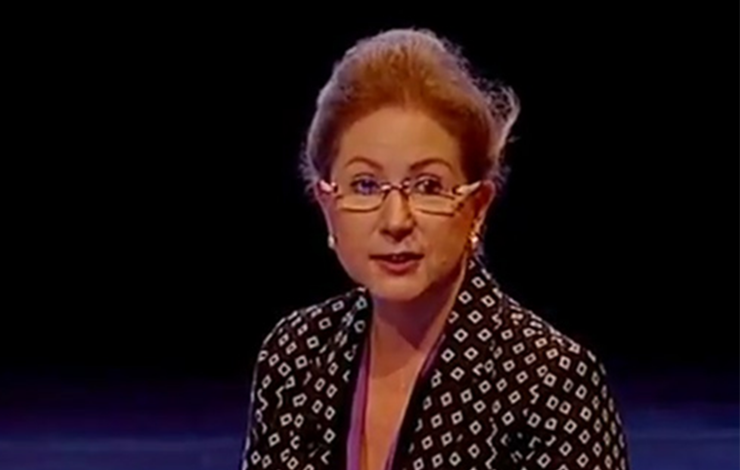
Former Chief-Justice, Federal Supreme Court of Brazil; Member, WJP Board of Directors
Read Bio >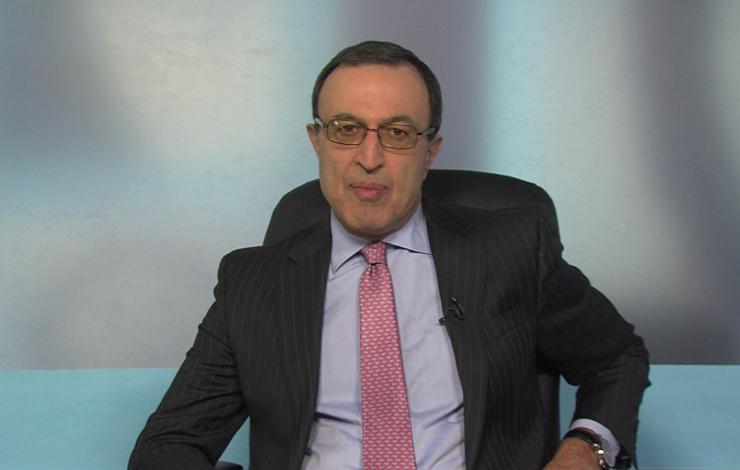
Former President of Bulgaria; Member, WJP Board of Directors
Read Bio >
Youth music and dance organization
Read Bio >
Executive Director, ALN Academy
Read Bio >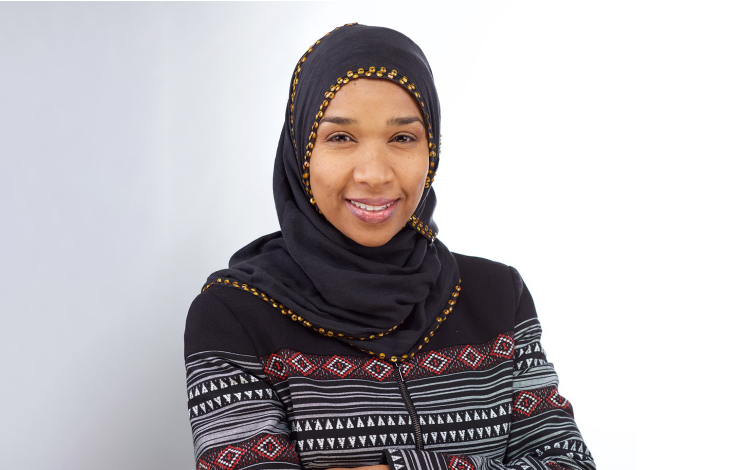
Partner, Head of Litigation and Disputes, Anjarwalla & Khanna
Read Bio >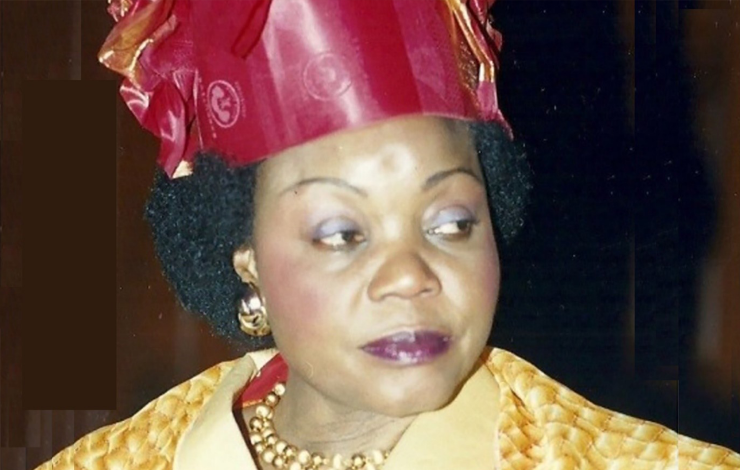
Former Judge, International Criminal Court and High Court of Kenya
Read Bio >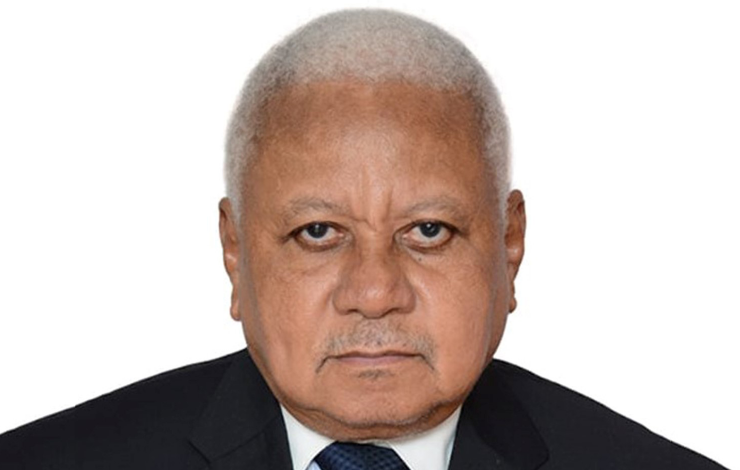
Former Chief Justice of Tanzania
Read Bio >Networking Reception hosted by Jones Day
Evening Salon
Part II of the mock trial concludes with the judgement, followed by a panel discussion between African cultural socio-legal experts about the themes raised in the earlier “Africa on Trial” dramatization and mock trial.
Coffee in Expo Village
Dialogue about the importance of multi-sectoral collaboration in leading change and expanding justice.
- Welcome: Kamel Ayadi, Minister to the Head of the State of Tunisia in charge of the high level Authority on Financial and Administrative Control (Tunisia); Member, WJP Board of Directors
- Moderator: Sam Muller, CEO, The Hague Institute for Innovation of Law (Netherlands)
- Thuli Madonsela, Professor, Stellenbosch University; former Public Protector of South Africa
- Sandie Okoro, Senior Vice President and Group General Counsel, World Bank Group (UK)
- Kavita Ramdas, Director, Women’s Rights Program, Open Society Foundations (United States)
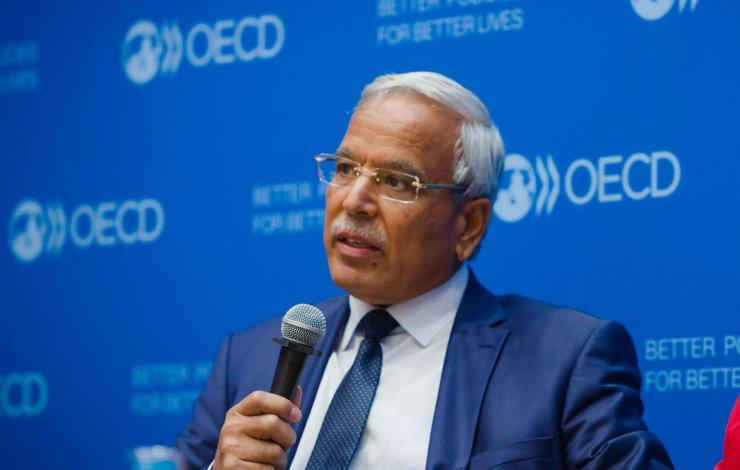
Minister to the Head of the State of Tunisia in charge of the high level Authority on Financial and Administrative Control; Member, WJP Board of Directors
Read Bio >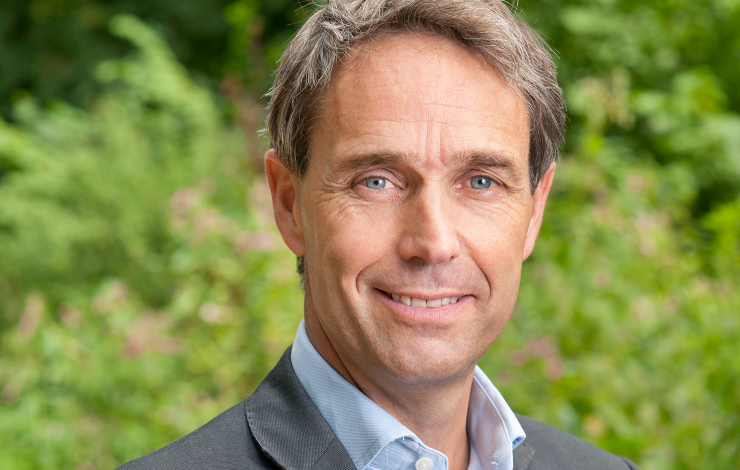
CEO, The Hague Institute for Innovation of Law
Read Bio >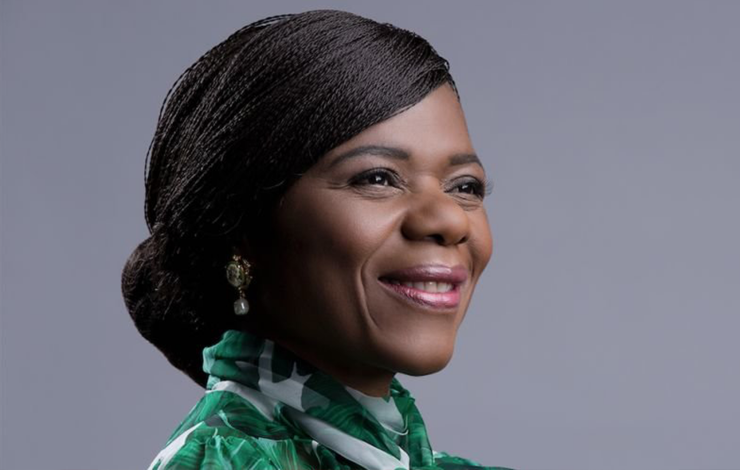
Professor, Stellenbosch University; former Public Protector of South Africa
Read Bio >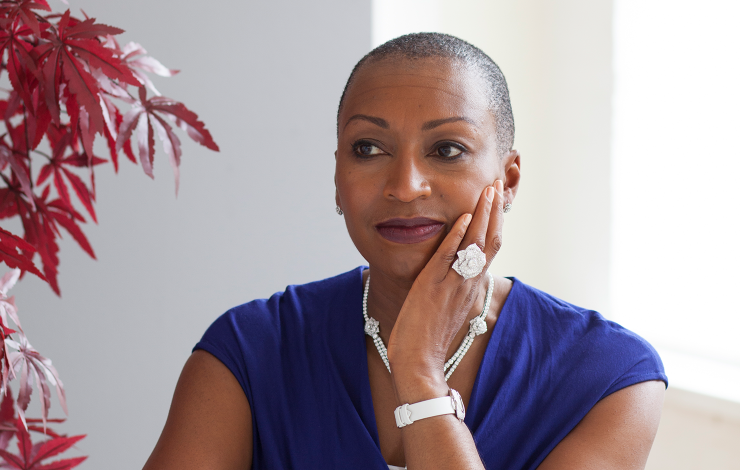
Senior Vice President and Group General Counsel, World Bank Group
Read Bio >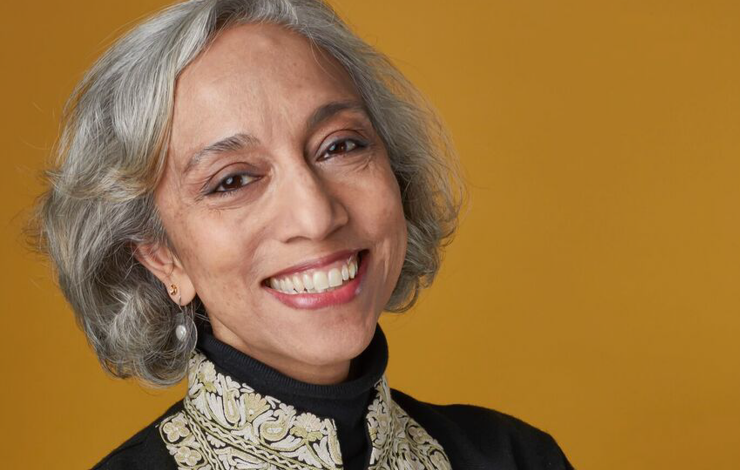
Director, Women’s Rights Program, Open Society Foundations
Read Bio >Working Sessions #3: Communications Skill-Building
Participants will learn from justice sector case studies, movements in other sectors, and communications experts how to better understand, practice, and deploy the wide range of communications tools and techniques available to achieve their messaging goals.
This session focused on storytelling, narrative, and solutions-based approaches to thinking about cultural change. Narrative frames such as public narrative, the theory of narrative arc in social movements, and audience theory were introduced and applied as tools to real-life case studies, with a focus on the environment and how the story of climate change has evolved over time. The session highlighted the importance of storytelling in binding people together to create common roots and in illustrating how to create positive change. Participants practiced their own stories and strategies applying narrative tools during small group interactive breakouts.
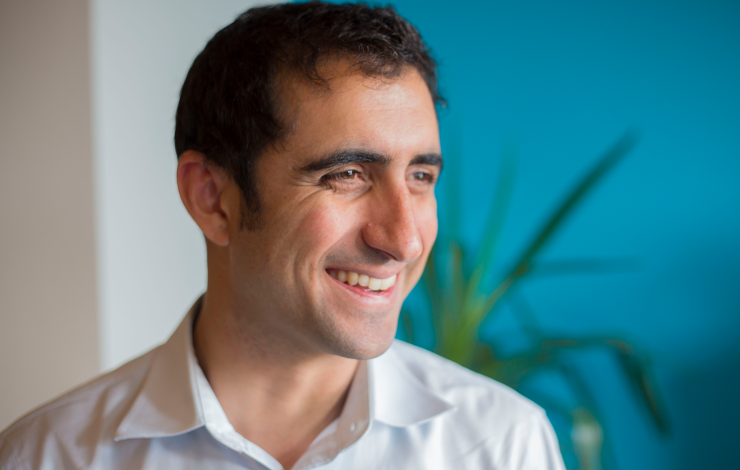
CEO, Grist.org
Read Bio >Those born after 1980 have much to gain or lose from SDG16 and can play a key role in the movement for justice. This session highlighted lessons learned in a new initiative to engage this “Cohort 2030,” working with educational institutions and city governments as critical partners. The session highlighted three pillars to harnessing Cohort 2030: identifying and elevating the next generation of young civil society leaders and social entrepreneurs; growing the next generation of human rights and development experts; and closing Cohort 2030 data gaps and activating cities as partners in achieving the SDGs. During the session, pilot survey findings on the knowledge, attitudes, and practice of youth on access to justice, reducing violence and corruption, and combating human trafficking were shared—important data for successfully messaging the 16+ Agenda and making the case that not only do these issues matter but the voices of youth are critical.
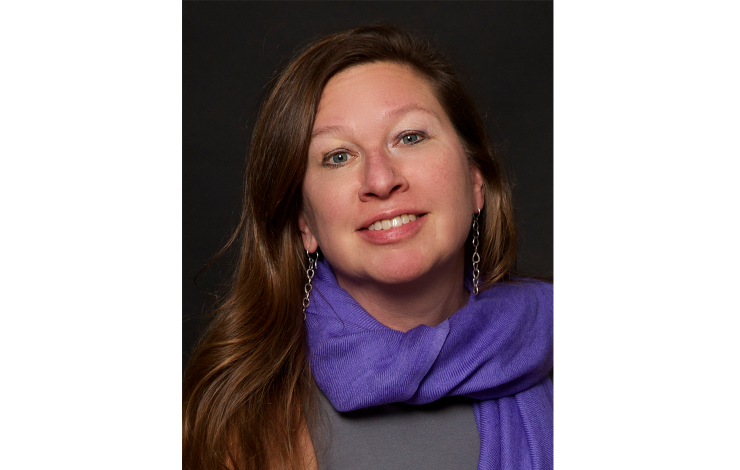
Distinguished Service Professor of Public Policy, Carnegie Mellon University
Read Bio >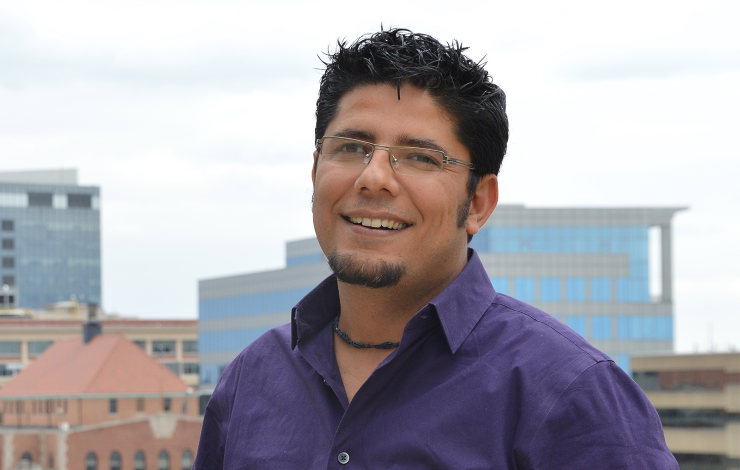
Global Director, Social Innovation and Citizenship; International Youth Foundation
Read Bio >Creative communications strategies can play a critical role in building public support and engaging key policy-makers to advance reforms needed to increase access to justice. In this working session the United States of Peace shared how they used documentary filmmaking in order to improve their communication, and highlight their work and processes, through the example of a project in Burkina Faso with police and the community. The World Justice Project showcased its work in Mexico around using statistics and storytelling to combat torture. The positive aspects of documentary filmmaking proved to powerful empathy-building tools and useful in generating conversations around the subject.

Senior Program Officer, U.S. Institute of Peace
Read Bio >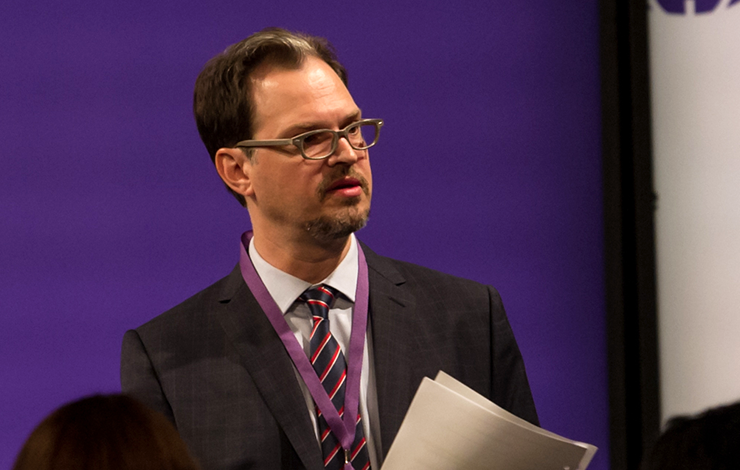
Chief Communications Officer, World Justice Project
Read Bio >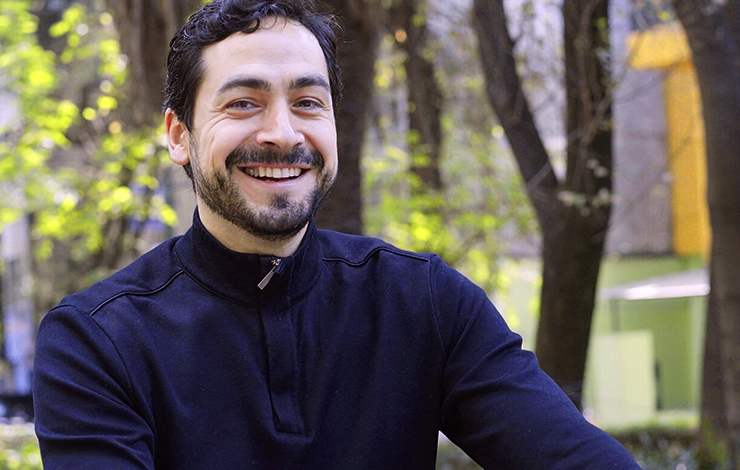
Senior Researcher, World Justice Project
Read Bio >
Director of Governance, Justice & Security; U.S. Institute of Peace
Read Bio >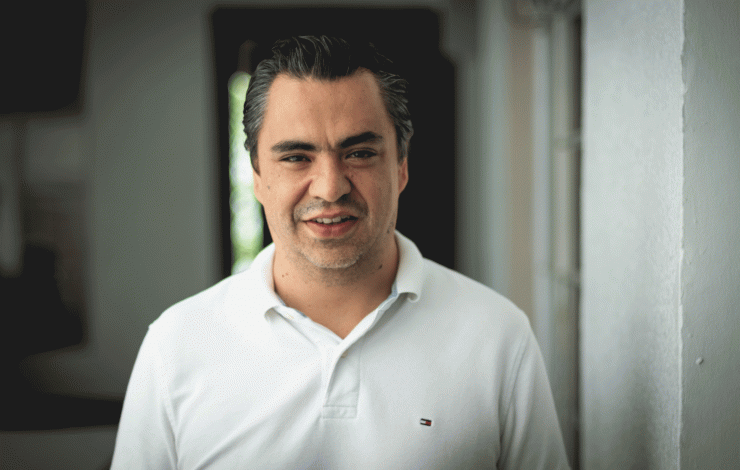
Chief Research Officer, World Justice Project
Read Bio >As Myanmar emerges from decades of isolation and military rule, MyJustice has provoked a broad-based public conversation about what justice means and where it can be found. Using data about justice needs and perceptions, people joined in Myanmar’s largest campaign using social and mass media to challenge injustice. The MyJustice campaign sought to use a wide variety of communication tools that would access and engage the population. This resulted in the “Let’s Talk” campaign, which used mass media, social media, and community events to espouse a positive message and advocate for fairness and equality for everyone, especially ethnic minorities, the Muslim population, and the LGBT community. Participants were taught how strategic communications can complement community-based solutions to promote access to justice in a politically informed and adaptive way.
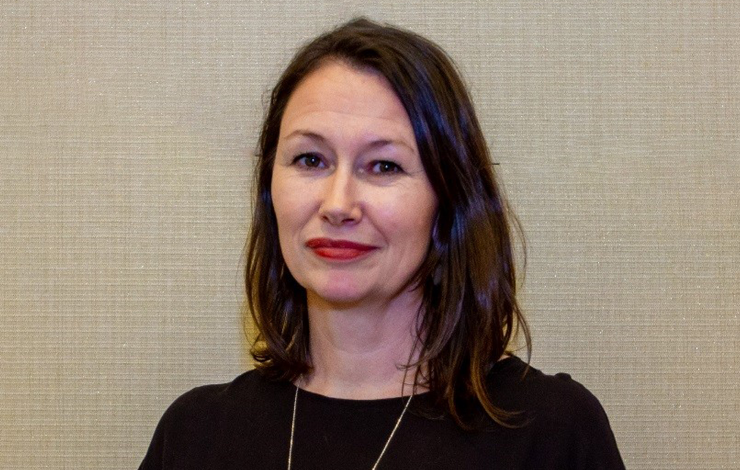
MyJustice Team Leader, British Council
Read Bio >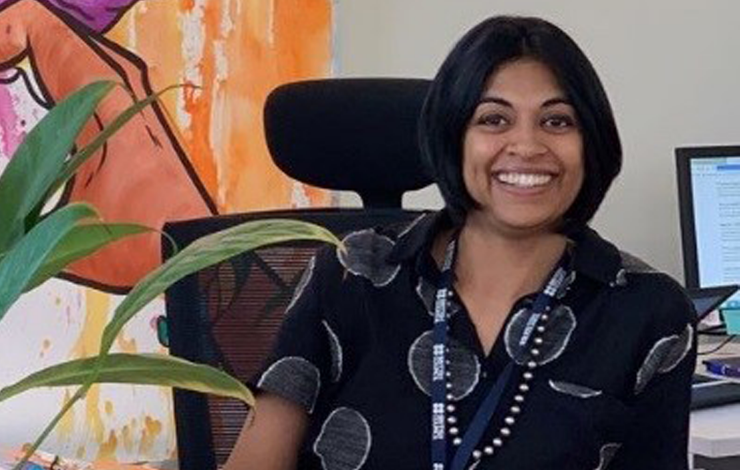
MyJustice Strategic Engagement Advisor, British Council
Read Bio >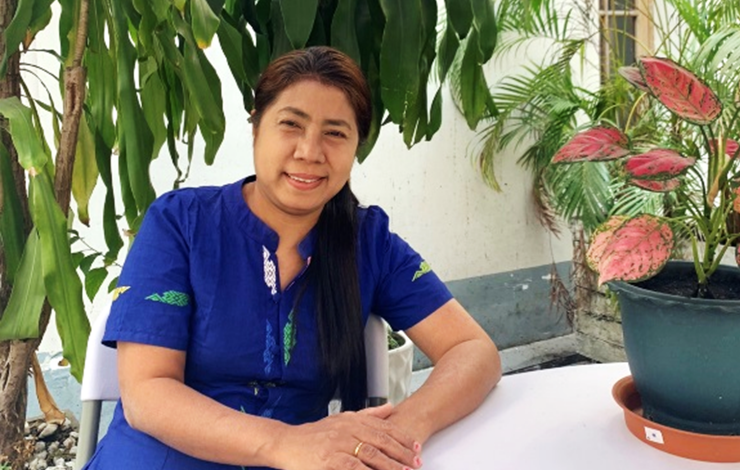
Founder, Yangon Watch
Read Bio >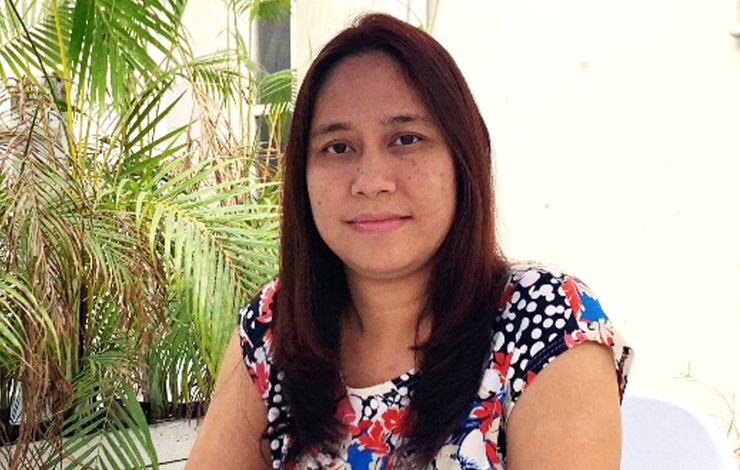
MyJustice Community Empowerment Manager
Read Bio >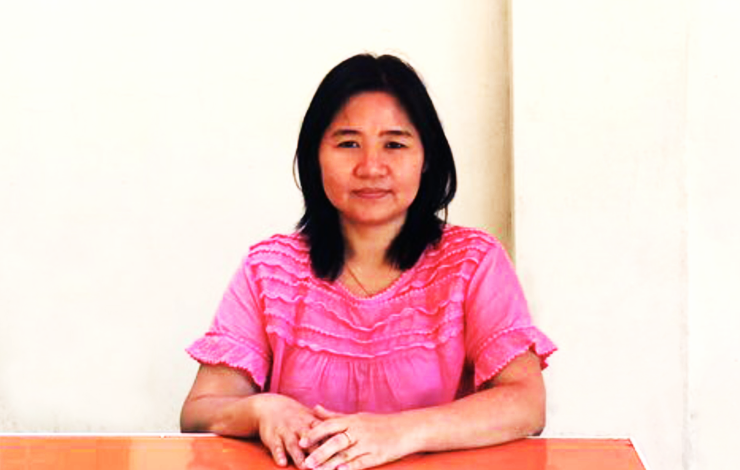
Senior Program Manager, PointB Design and Training
Read Bio >Hope-Based Communications is a simple, practical tool anyone can use to reframe the messages they are using to make the case for their cause and change public attitudes. Sharing examples of values-based messaging from Amnesty International, other movements and the worlds of business and politics, this session introduced the concepts of narrative and framing along with findings from neuroscience and cognitive linguistics that show why these tools are crucial to winning debates and shifting what is considered “common sense." Hope-based Communications can be explained through five steps, which require five shifts in the way organizations communicate:
1. Against -> For: Highlight what we stand for, not what we oppose;
2. Fear-> Hope: Change messaging from triggering fear, to inspiring hope;
3. Victims -> Heroes: Emphasize support for heroes, not pity for victims;
4. Threat -> Opportunity: Create opportunities, drop threats;
5. Problem -> Solution: Talk about solutions, not problems;
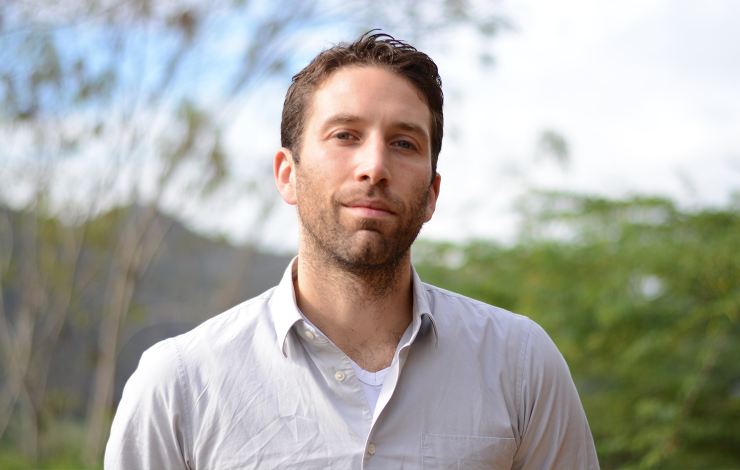
Head of Brand and Deputy Communications Director, Amnesty International
Read Bio >Coffee Break
Working Sessions #4
Working Sessions are concurrent workshops, interactive dialogues and facilitated discussions hosted by a wide variety of global and local institutions around pressing issues and opportunities related to the Forum’s theme of “Realizing Justice for All.”
During this session, the presenters discussed the use of international agreements to advance
environmental justice in Europe and Central Asia and in Latin America and the Caribbean. The Aarhus
Convention came into effect in 2001, and specifically applies to the 40 countries. It is not an environmental
treaty per se, and does not provide classic environmental protection because it does not protect a
particular part of the environment. Instead, it links procedural rights to a human right. The Escazú
Agreement was signed in March 2018 after a six-year negotiation process. This agreement specifically
applies to Latin America and the Caribbean, where conflicts over natural resources are increasing. Four
environmental defenders are killed every week, which is part of the reason for creating the agreement. The
agreement intends to increase the number of national laws addressing matters regarding environmental
protection. Participants explored challenges with these two agreements, including implementation gaps
and a potential excess of agreements, but also opportunities, such as expansion of a similar agreement to
Africa.
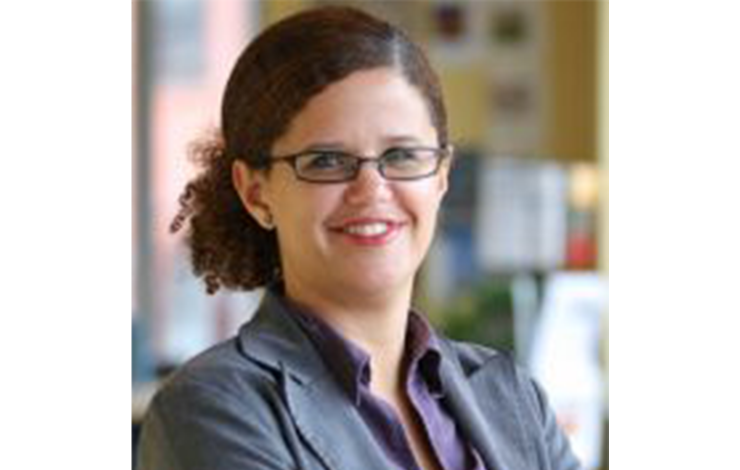
Acting Director, Environmental Democracy Practice, World Resources Institute
Read Bio >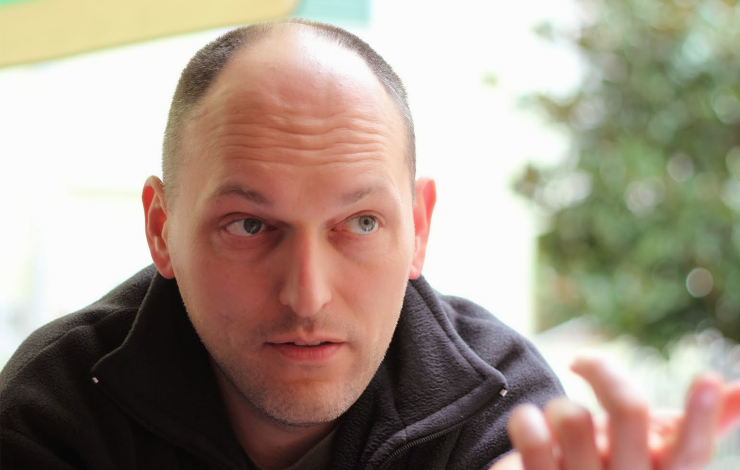
Environmental Attorney, Environmental Management and Law Association (EMLA) (Hungary)
Read Bio >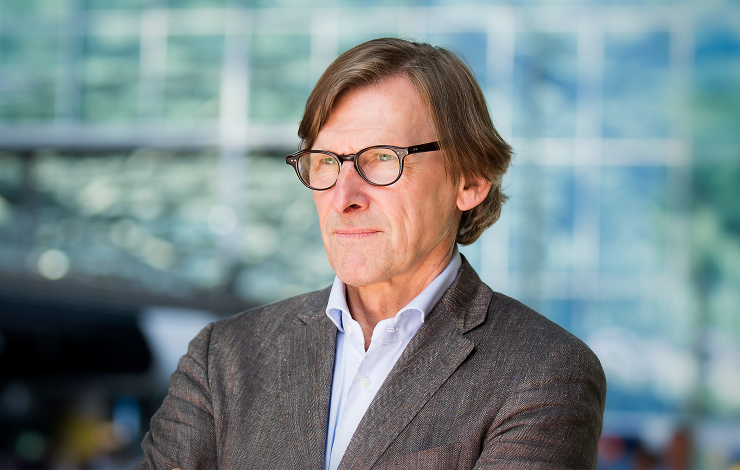
Professor of Ethics and Technology, Delft University of Technology
Read Bio >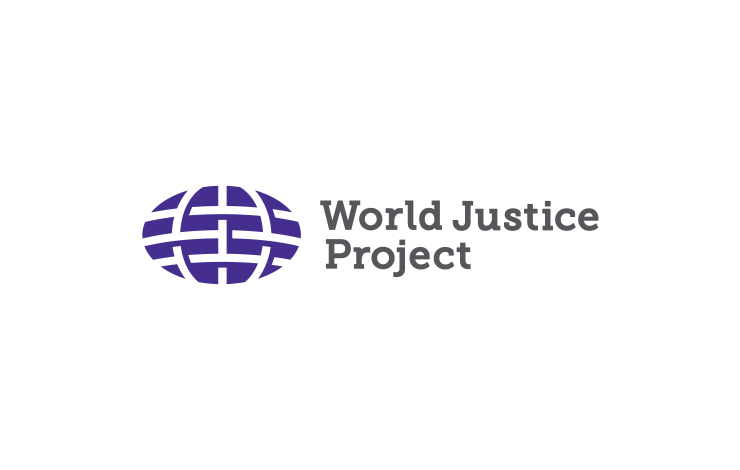
Represntative and Director for European Affairs, Center for Democracy and Technology
Read Bio >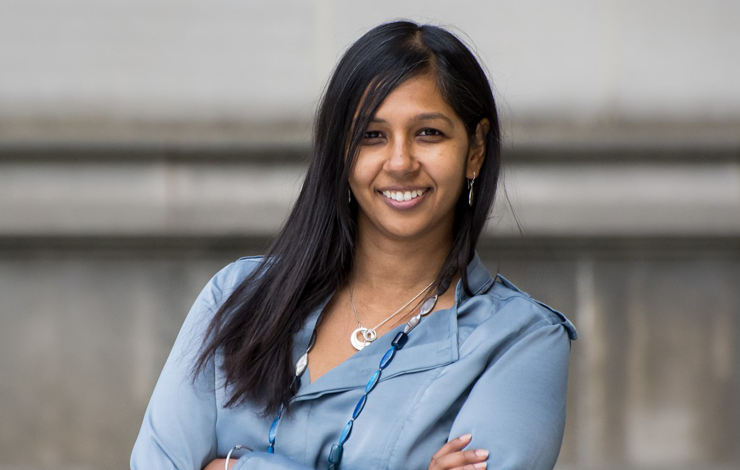
Thematic Lead on AI, Justice and Human Rights, Alan Turing Institute
Read Bio >
Policy Fellow, Alan Turing Institute
Read Bio >Court systems around the world are recognizing that to truly deliver justice, they must modernize both their host systems and their approaches. This session first described the trends and successes in automation, such as the use of Legal XML to standardize and streamline the eFiling and eService submission process, as well as the challenges of sustainability and public access. To address these challenges, speakers recommended the use of open sources and widely used software. The session then looked at how Online Dispute Resolution has enabled new approaches in the area of high-volume, low-value claims important to everyday litigants by leveraging features such as asynchronous communication, legal information and triage, mediation and negotiation spaces, and document creation, storage, and court payment.
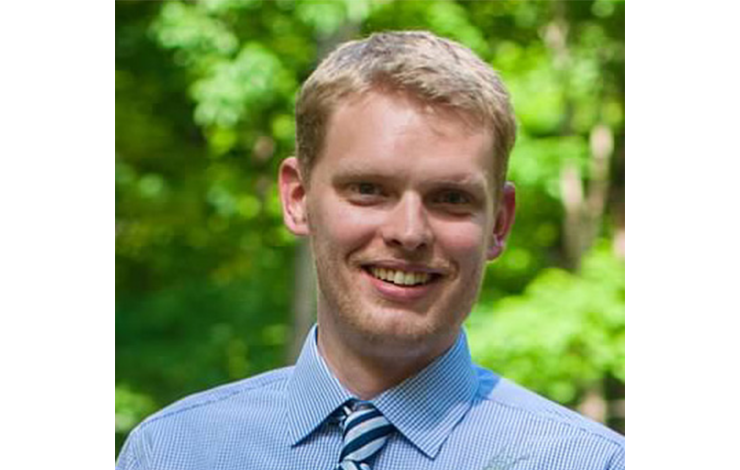
Principal Associate, Civil Legal System Modernization Team, Pew Charitable Trusts
Read Bio >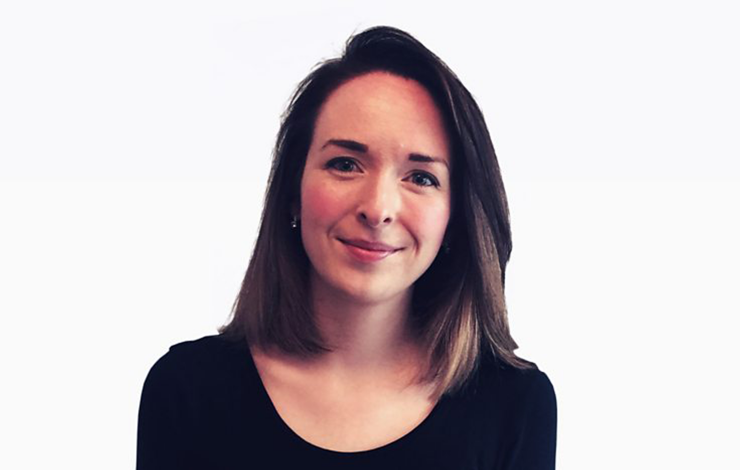
Director of Research and Learning, The Legal Education Foundation
Read Bio >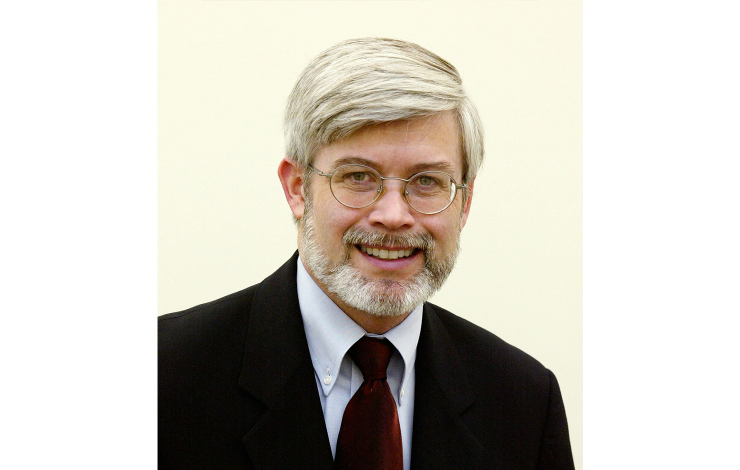
Senior Court Management Consultant, National Center for State Courts
Read Bio >This working session focused on the need for recognition of the role of community paralegals, justice
advocates and independent justice service providers in realizing access to justice. It discussed policies that
create enabling environments for community-based paralegals, such as effective legal aid policies, the
recognition of paralegals in law, and formalized working structures. The session also discussed the
necessary safeguards needed to ensure their independence and sustainability, including the need to
sufficiently resource paralegal efforts. Participants debated the responsibilities, scope of work, and models
of funding for community paralegals. The session highlighted recognition efforts in diverse contexts,
including the importance of political recognition, and sought to clarify the relationships to, and distinctions
from, other professionals in the justice sector and other related services. It offered concrete discussion of
how national policies can support and promote accessibility of community-based justice providers.
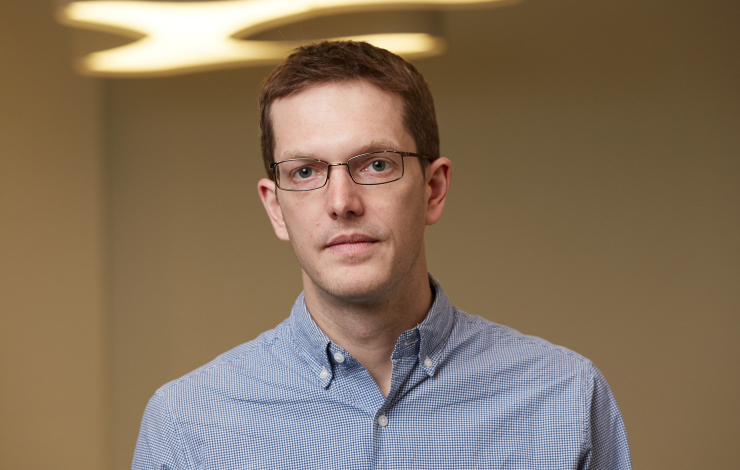
Senior Policy Officer, Open Society Justice Initiative
Read Bio >
Director, Center for the Study of Equity and Governance in Health Systems
Read Bio >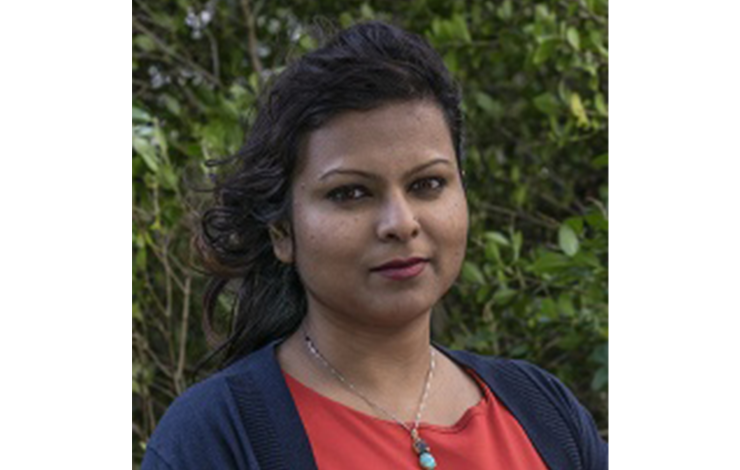
Senior Policy Officer, Open Society Justice Initiative
Read Bio >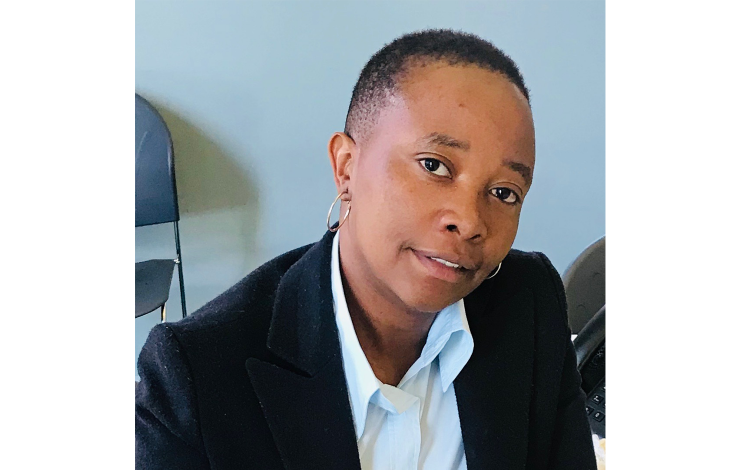
Centre for the Advancement of Community Advice Offices South Africa and ProBono.org
Read Bio >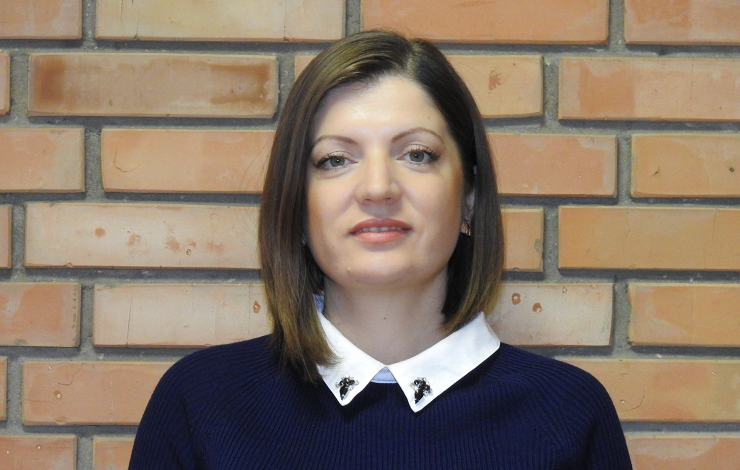
Executive Director of the National Paralegal Association of Moldova
Read Bio >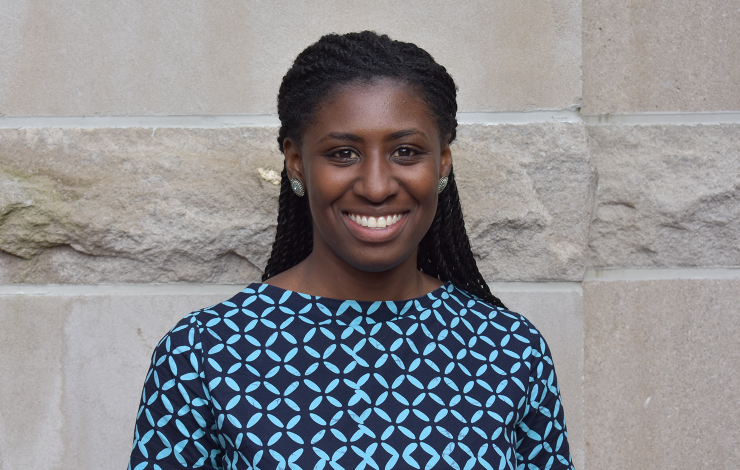
Lawyer, Namati Sierra Leone
Read Bio >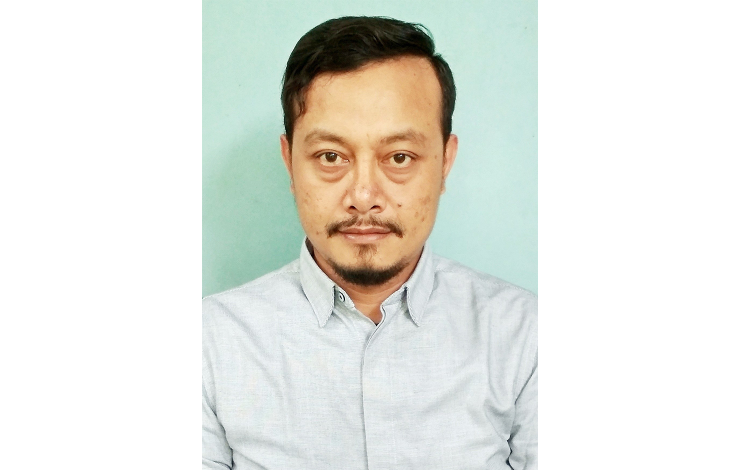
Co-chair, Indonesian Legal Aid Foundation
Read Bio >To bridge the justice gap, innovation is needed, yet the regulation of legal services and procedural rules
create obstacles. The Innovation Working Group of the Task Force on Justice has called for a “level playing
field.” In this working session, representatives of the access to justice movement and organized bars
considered case studies from South Africa, the United States and elsewhere and engaged in constructive
dialogue. The session considered three issues: How to regulate high quality justice journeys that lead to fair
solutions? What should the focus be on regulation and deregulation efforts? And how to create a level
playing field?

Research Director, Hague Institute for Innovation of Law
Read Bio >
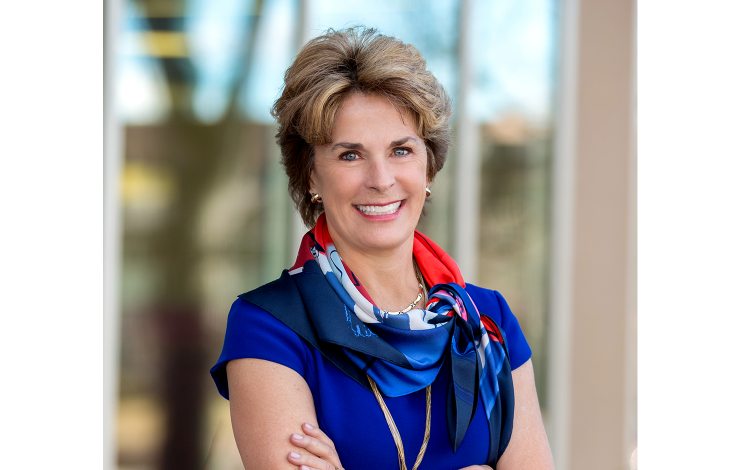
Executive Director, Institute for the Advancement of the American Legal System
Read Bio >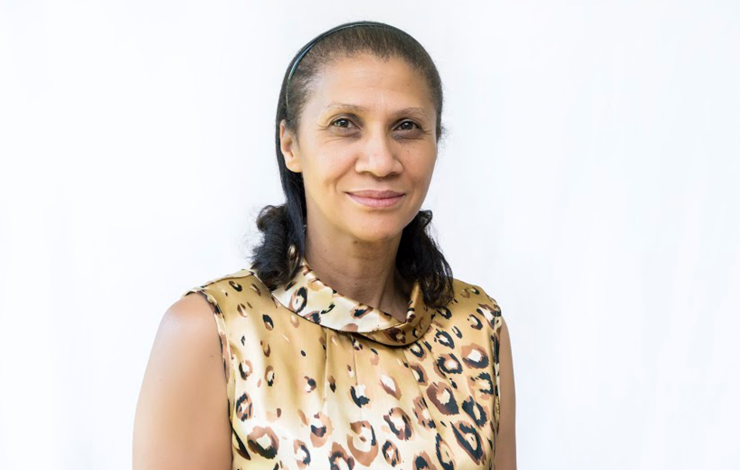
Head of the Unit for Applied Law, Cape Peninsula University of Technology
Read Bio >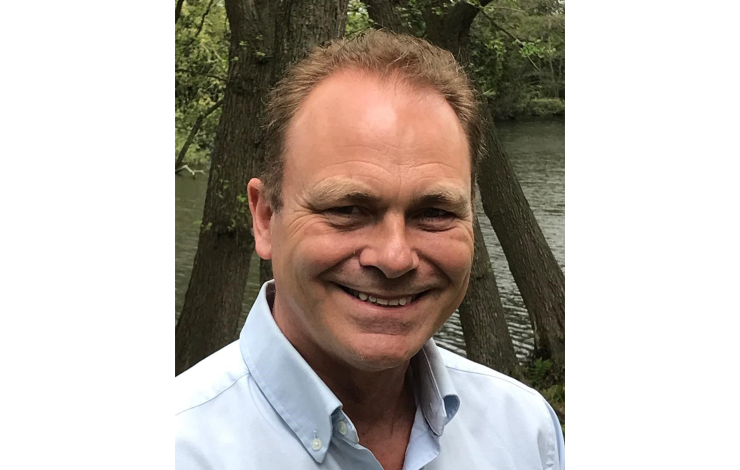
Managing Director, Visionhall Information Systems
Read Bio >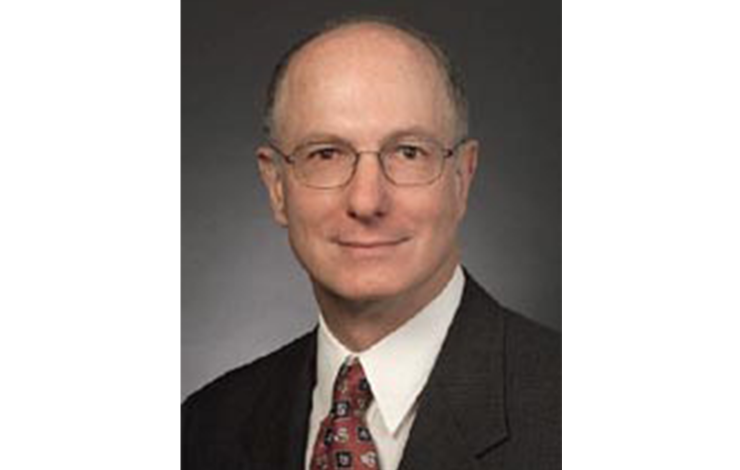
Strategic Advisor, American Bar Association
Read Bio >Innovation and Reform in Criminal Justice: Just Outcomes, Procedural Fairness, and Community Justice
The Center for Court Innovation is renowned for its work reforming the New York criminal justice systems
with ambitious, cutting-edge projects and offering its technical expertise across the US and internationally
to jurisdictions seeking to reform their own systems. This session explored the three principles that drive
the Center's work and how they translate into practice and programming: just outcomes, procedural
fairness, and community justice. The session shared some of the lessons learned from the Center's efforts
and invited attendees to share and troubleshoot their own efforts at justice reform. The experience of the
Center for Court Innovation highlighted three key lessons learned. First, while outcome fairness
traditionally has been measured by the determination of whether the conviction has been properly
achieved, a just outcome should also consider whether the disposition and sentence is seen as appropriate
in the eyes of a victim and the community. Second, procedural justice should be emphasized, and, third,
justice reforms should embrace community justice.
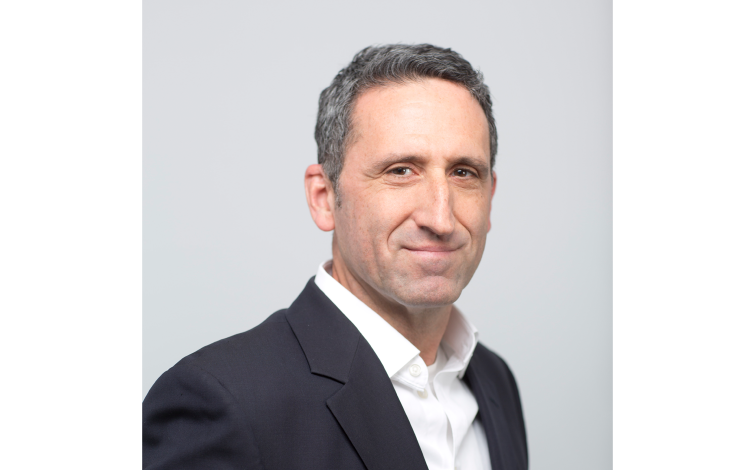
Director of Criminal Justice, Center for Court Innovation
Read Bio >This session discussed The Challenge Paper on Justice for Children which outlines the distinctive needs and
rights of children in relation to their context as victims, witnesses and offenders in both criminal and civil
disputes, and also explores the broader understanding of access to justice as a process that underpins and
creates conditions for the realization of all other rights. Participants discussed two main challenges. First,
the challenge to ensure the empowerment, participation, and engagement of children in all decisions that
affect their lives. And, second, the challenge to secure high level sustained political commitment to
accelerate the achievement of high quality justice for children, including prioritizing financial resources and
investing in the necessary skills.
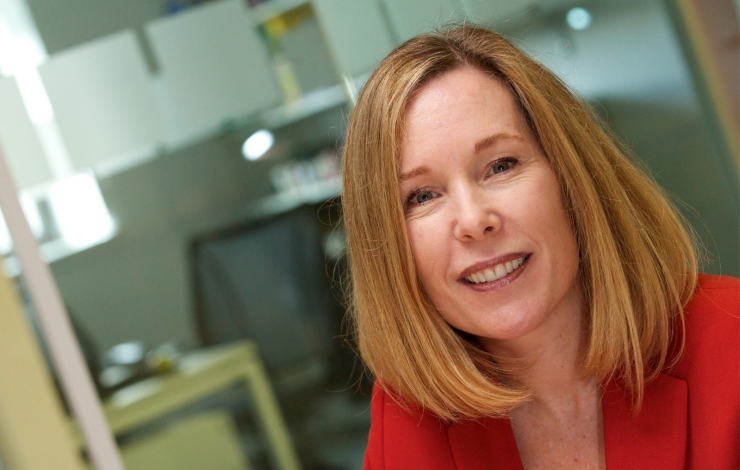
Executive Director CELCIS and Inspiring Children’s Futures, University of Strathclyde
Read Bio >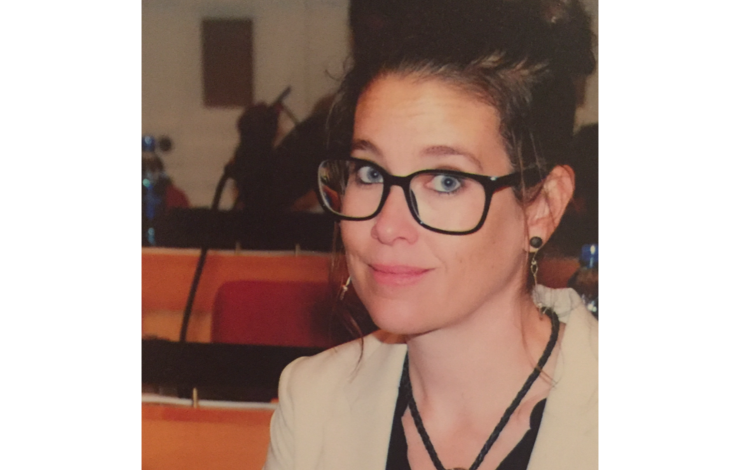
A2J Research and Advocacy Advisor, Terre des Hommes
Read Bio >In order to effectively address global health issues such as HIV/AIDS, people and institutions focused on
public health and those focused on justice must work together. Discrimination and other human rights
abuses all impact the effective treatment of global health epidemics. This session explored how to build
support and partnerships between these two interconnected fields. Speakers and participants discussed
how to make the case for integrating legal empowerment and justice approaches into health programs, and
identified three key opportunities to strengthen collaboration between justice and global health, including:
increasing funding for justice related public health work; moving from ad hoc, small scale programming to
comprehensive programming brought to scale; and embedding justice programs into existing strategic
public health frameworks such as those for HIV and TB.
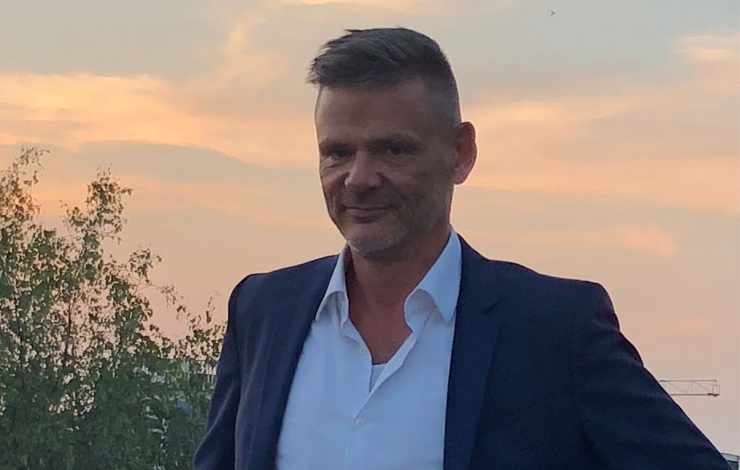
Senior Coordinator for Human Rights; Global Fund to Fight AIDS, Tuberculosis and Malaria
Read Bio >
Project Head, Health Law and Equality; Open Society Foundations
Read Bio >
Program Coordinator, Foundation Open Society Macedonia
Read Bio >Informal Luncheon
Keynote Interview
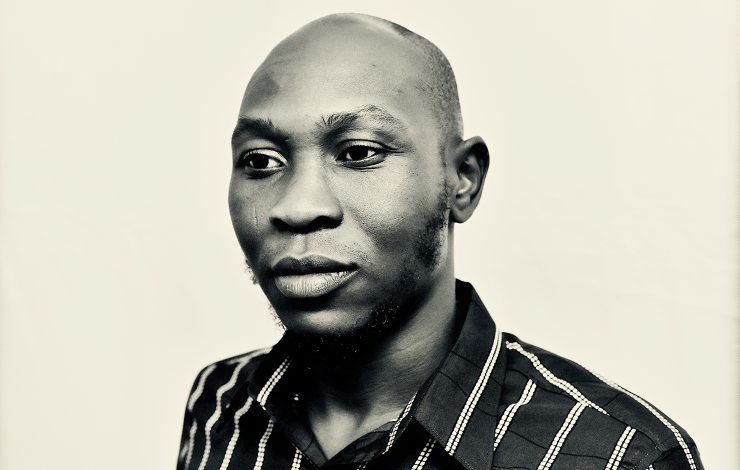
Grammy-nominated Nigerian Musician
Read Bio >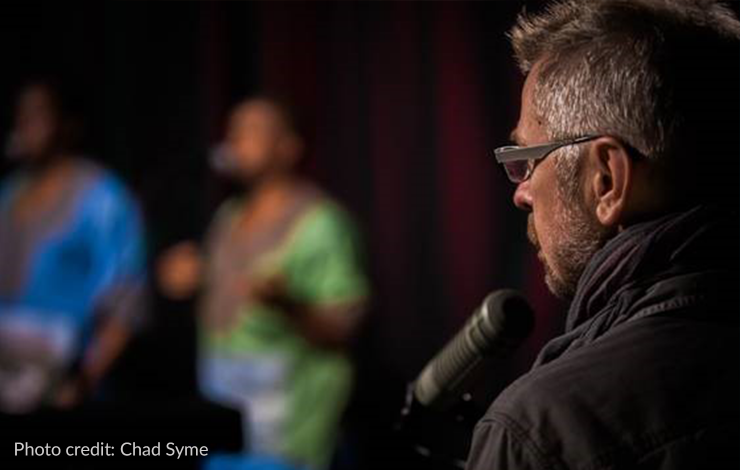
Creative Producer, DJ, Radio Host of KEXP "Wo'Pop"
Read Bio >Transportation to Local Venues
Working Sessions #5 (Locally Hosted)
Working Sessions are concurrent workshops, interactive dialogues and facilitated discussions hosted by a variety of Hague-based institutions around pressing issues and opportunities related to the Forum’s theme of “Realizing Justice for All.”
This working session focused on how civil society can undertake investigations of transnational crimes to
collect evidence and press governments to take action. The Wildlife Justice Commission (WJC) discussed
civil society’s role in bridging the enforcement gap when intergovernmental or governmental approaches
fail to address pressing issues. Specifically, the WJC presented its approach to the lack of enforcement of
laws related to wildlife crime and the urgent need to acknowledge it as transnational organized crime. The
WJC presented its intelligence-led approach to investigations and the role of public hearings as the ultimate
means to generate government accountability if all else fails. The Environmental Justice Foundation (EJF)
presented its approach documenting illegal fishing through film-led investigations to bring about
government enforcement. These approaches are essential to fill gaps left by a lack of enforcement of laws
against illegal fishing. During the session, both organizations highlighted the fact that without government
action, durable reform is not possible. Therefore influencing government strategies and priorities is crucial.
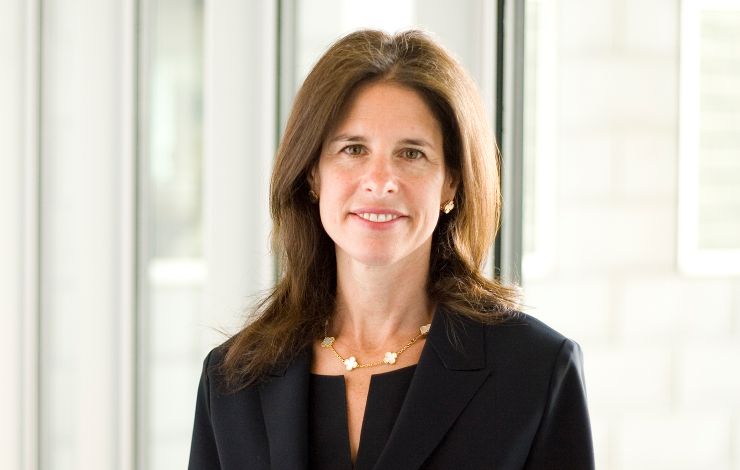
Executive Director, Wildlife Justice Commission
Read Bio >The Invisibles is the first digital identity project that focuses on the standards needed to facilitate the
scaling of digital identity projects beyond local populations. This session presented and gathered feedback
on: case studies where secure, trusted digital identities for doctors in the UK and refugees in the Middle
East have been built; proposed standards for creation, verification, and use of standards for creating digital
identities for disenfranchised populations; and an expanded vision of access to justice in the digital age.
Speakers emphasized that it is critical that access to justice be understood as more than just access to
courts and formal legal systems, but also include access to basic human rights related to identity: the right
to exist, the right to control one’s identity, and the right to have access to opportunity The session
highlighted a number of methods to improve the provision of digital identity including creating a
standardized system, using vaccination records, and leveraging a distributed multi-organizational approach.
Location: Off-site
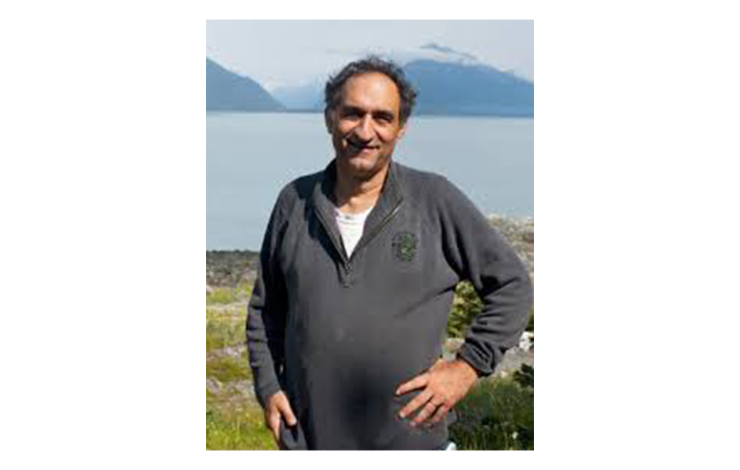
Founder, InternetBar.org
Read Bio >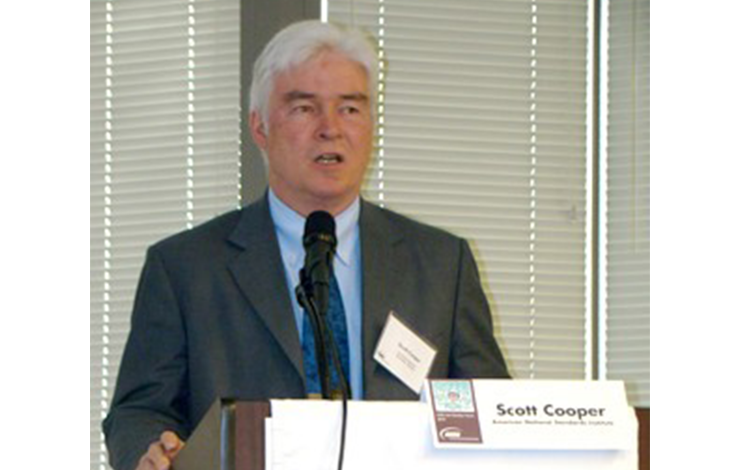
VP, ANSI (retired)
Read Bio >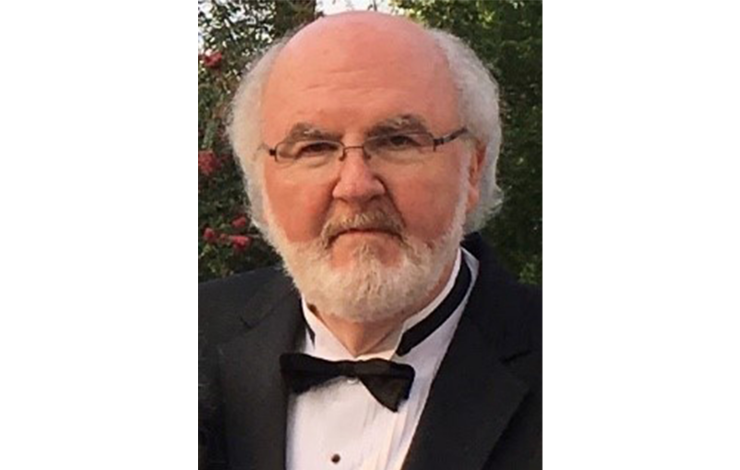
Member of the Board of Directors, InternetBar.org
Read Bio >
Principal, Rawlins LLC
Read Bio >
Director of Digital Identities, InternetBar.org
Read Bio >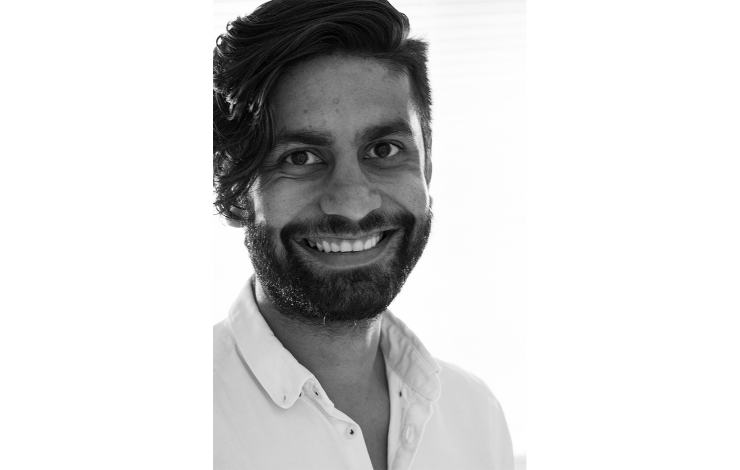
Co-founder of Truu
Read Bio >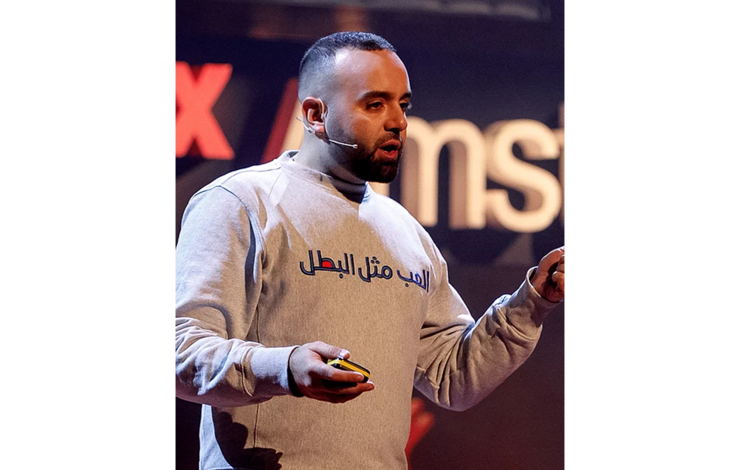
CEO and Founder of Tykn.tech
Read Bio >Customary and informal justice systems provide vital pathways to everyday justice, and are essential to fulfilling the promise of justice for all reflected in SDG16. Discussion focused on how efforts to achieve SDG16 can engage with the opportunities and challenges associated with justice pluralism. There is no possibility of realizing this ambitious goal of justice for all by 2030 without considering, and carefully evaluating, the vital role of customary and informal justice systems. Customary and informal systems present unique advantages. These systems are the only dispute resolution fora available in some communities, and therefore allow people to seek justice when they would otherwise be excluded entirely. These systems often have high levels of use and acceptance in the communities that they serve because they are geographically closer, faster to resolve disputes, trusted more than formal court-based systems, more cost effective to use, and are more familiar in terms of linguistic and cultural relevancy. Yet, all justice systems—whether formal or informal—have shortcomings. Therefore, it is particularly important to consider how informal systems treat vulnerable and marginalized groups within their respective communities. Ultimately, improving outcomes should be the goal when engaging the complexities of legal pluralism and customary systems.
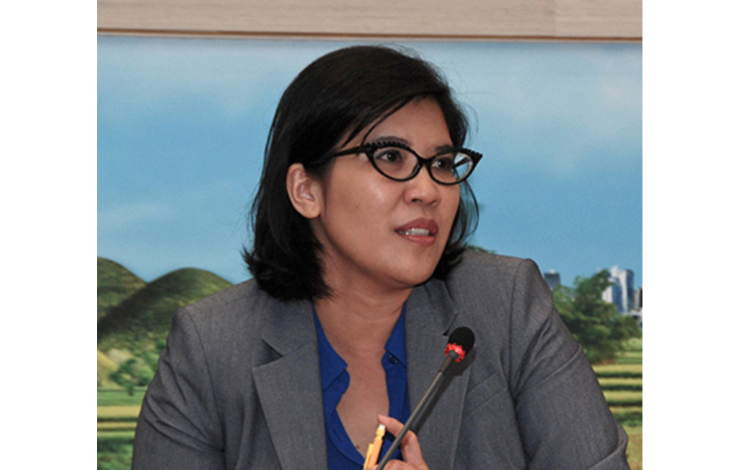
Senior Legal Advisor on Gender, International Development Law Organization
Read Bio >
Senior Research Fellow, Overseas Development Institute (United Kingdom)
Read Bio >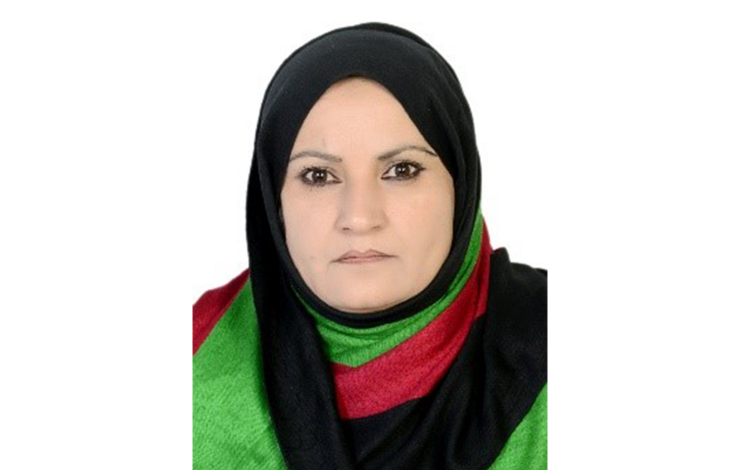
Programme Manager Security & Justice, Cordaid Afghanistan
Read Bio >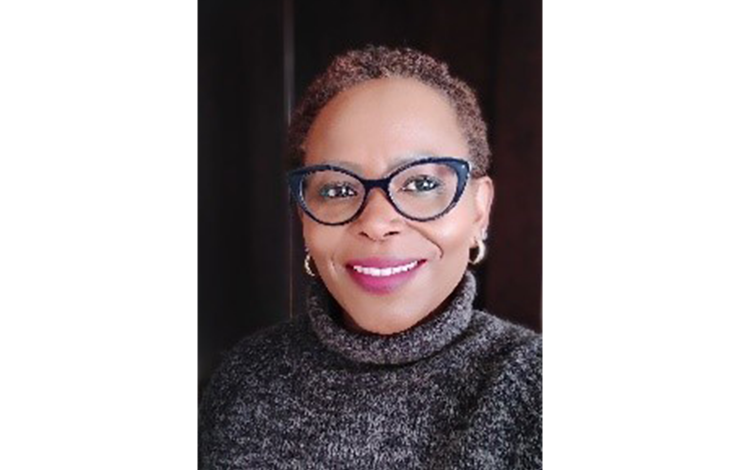
Regional Programme Manager - Africa, International Development Law Organization (IDLO)
Read Bio >Family justice issues are among the top legal problems that must be solved through people centered,
evidence based approaches. But how to implement this mantra? During this session, family justice experts
reflected on recommendations for parents and justice workers who have to deal with justice issues around
separation/divorce. Speakers emphasized that the evidence collected for evidence-based approaches
should focus on outcomes, and that practitioners should leverage interdisciplinary approaches to family
justice. Speakers also flagged the need to stop investing in solutions that do not work and focus on
methods that have proven to be more effective, but recognized that this requires making administrative
changes that would facilitate practitioners’ ability to put evidence-based findings into practice. Looking
ahead, Speakers agreed that more evidence was needed to develop policies and put findings into practice
to ensure better justice outcomes.

Research Director, Hague Institute for Innovation of Law
Read Bio >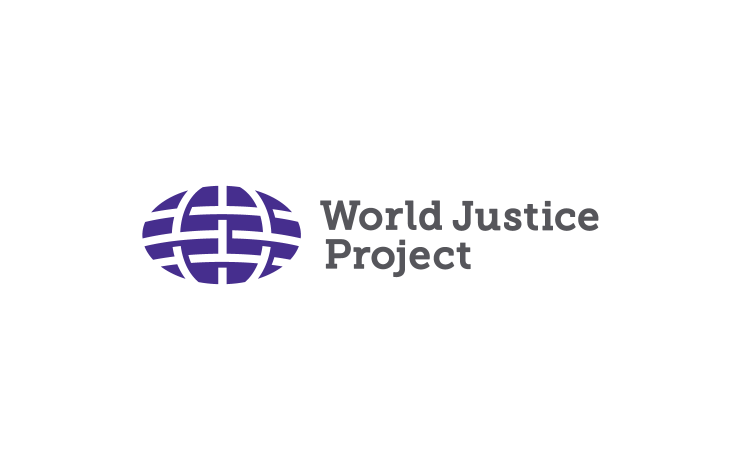
Principal, John-Paul Boyd Arbitration Chambers
Read Bio >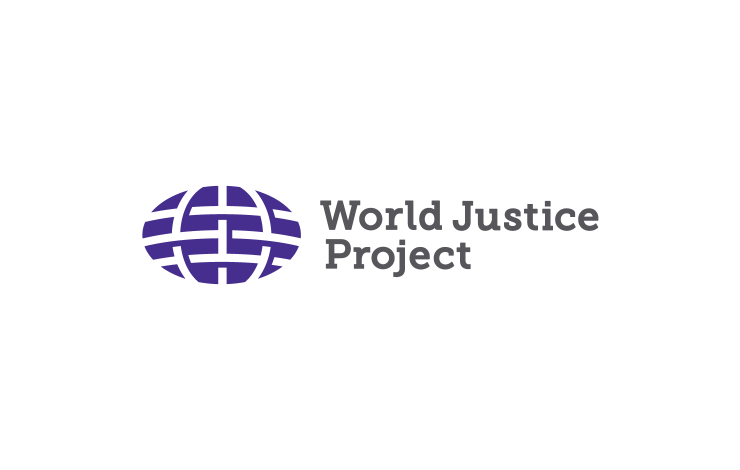
Senior Director, Institute for the Advancement of the American Legal System
Read Bio >A deficiency in global law is the gap in legal remedies available to those affected by transnational enterprises. The creation of the Hague Rules on Business and Human Rights Arbitration intends to help close this gap. This session discussed the utility of international dispute resolution in the field of business and human rights and the viability of the Hague Rules to enable businesses and people to resolve their disputes in a consensual and legally binding way. The session highlighted that an arbitration solution to this specific aspect of the justice gap may be attractive to both corporations and victims due to its properties of neutrality, enforceability of cross border arbitral awards, and procedural flexibility of both the applicable law and the process. The main challenge, on the other hand, is that arbitration is a voluntary, consent-based process. Among the central issues under consideration for the continued development of the Hague Rules are the four key areas of consent, composition, confidentiality, and cost.
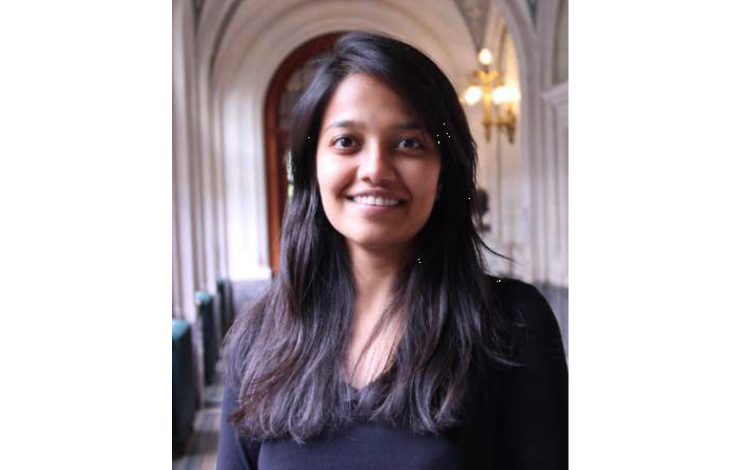
Legal Counsel, Permanent Court of Arbitration (PCA)
Read Bio >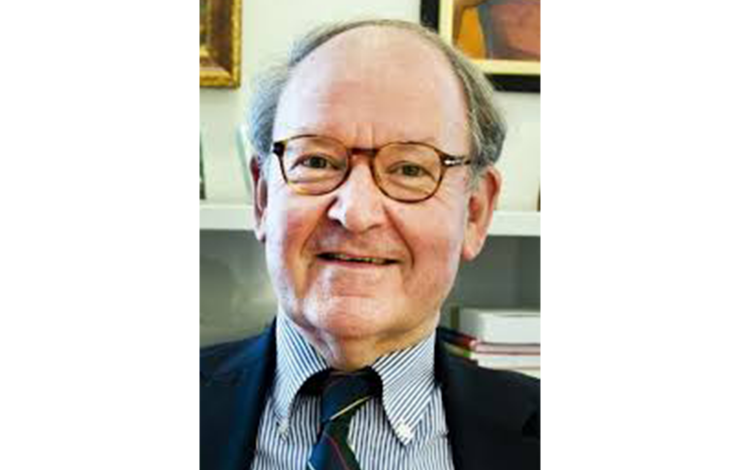
Professor of Corporate Social Responsibility and Professorial Fellow; (Institute for Corporate Law, Governance and Innovation Policies at the Faculty of Law, Maastricht University)
Read Bio >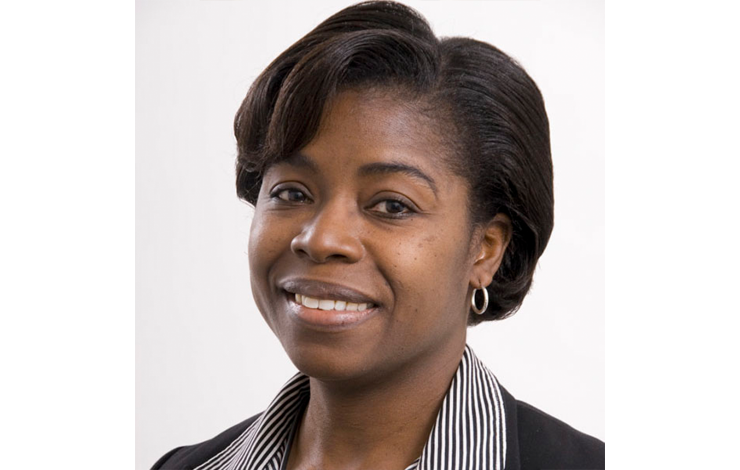
Senior Lecturer in Commercial Law, The Hague University of Applied Sciences
Read Bio >
Academic Coordinator, King's College London
Read Bio >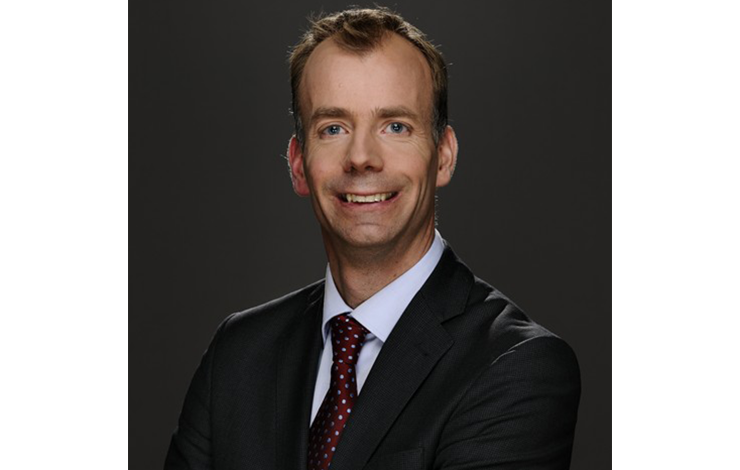
Partner, Pels Rijcken & Droogleever Fortuijn
Read Bio >This session explored ways to advance the collection, analysis and programmatic use of people-centered data, indicators, and measurement tools that capture the legal needs and paths to justice of citizens and businesses. The session discussed strategies to produce accurate diagnostics of the challenges and opportunities around effective access to justice, and helped identify issues that could be addressed by public policies. To this end, the session drew on the experiences of various countries to illustrate opportunities, challenges, and lessons learned arising from the implementation of legal needs surveys, use of administrative case data and other data collection exercises, and featured various resources including the newly released Organization for Economic Cooperation and Development and Open Society Justice publication Legal Needs Surveys and Access to Justice. Key recommendations include:
- Frame data collected by the government as a public good that should be used by academia and civil society, and involve civil society in the development of survey instruments and tabulation plans. This ensures that government data does not lose its edge as a tool for advocacy and activism.
- Focus on measuring justice dispensed outside of courtrooms. We know that only 5-10% of people’s legal problems end up in courts.
- Use the OECD and OSJI methodological guidance on legal needs surveys and forthcoming Praia City Handbook as tools for your efforts to design measurement tools on access to civil justice. Stay tuned regarding a proposed indicator on civil justice for SDG target 16.3.

Senior Policy Officer, Open Society Justice Initiative
Read Bio >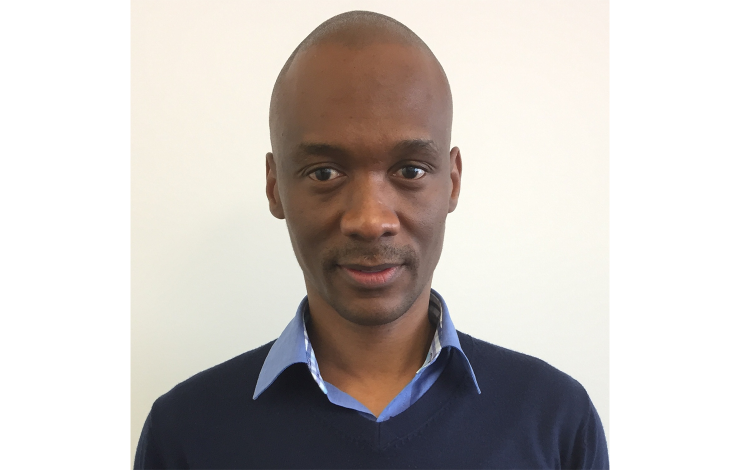
Statistician and Director in the Social Statistics Chief Directorate, Statistics South Africa
Read Bio >
Director, Berlin Office, OSJI
Read Bio >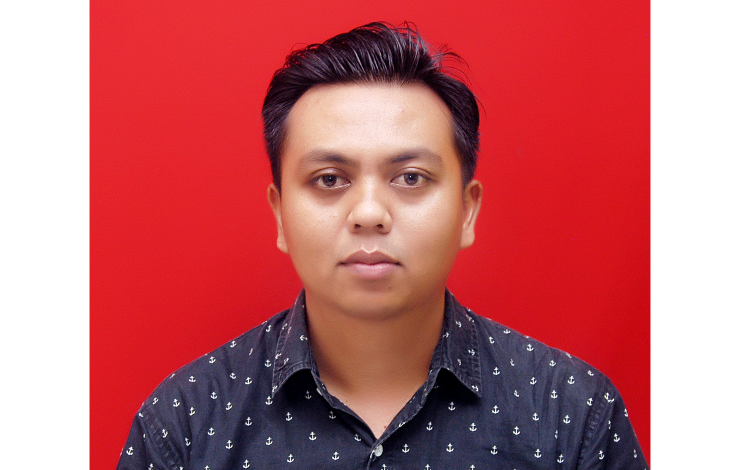
Deputy Director, Indonesian Legal Roundtable
Read Bio >
Chief Research Officer, World Justice Project
Read Bio >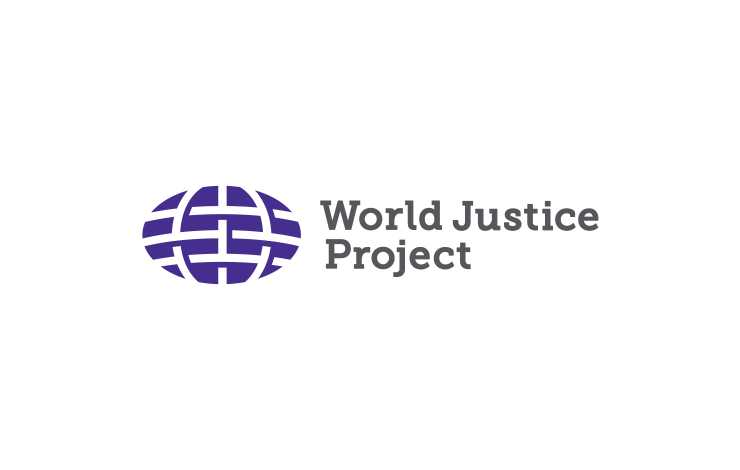
Senior Counselor, Organization for Economic Cooperation and Development
Read Bio >Digital trails could endanger people and organizations in various high-risk contexts. This session provided an
overview of a data responsibility framework, the risks surrounding the use of communication channels with
regards to metadata, and explored practical mitigation strategies. By addressing case studies involving
whistleblowers, human rights activists, journalists and aid workers, the session encouraged attendees to
ask relevant questions and take home answers for their own organizations.The session concluded with
three key points. First, was a call to action, encouraging humanitarian organizations to avoid abstract
discussions about metadata, but to engage at the ground level and produce tangible outcomes. Second,
was to highlight that threat models are constantly changing and it is important for organizations to
frequently re-evaluate the risks they are exposed to and reexamine their data responsibility framework.
Finally, the Centre for Innovation presented an assessment framework for assessing metadata risks of
messaging platforms. They underscored how important it is for organizations to better understand how
metadata is collected and stored by platforms and be aware of the risks associated with using social
messaging platforms.

Project Lead, Leiden University Centre for Innovation
Read Bio >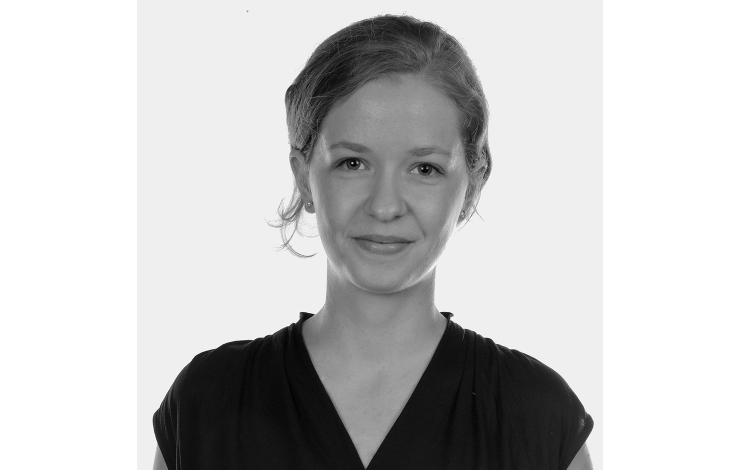
Data Protection Officer, Leiden University Centre for Innovation
Read Bio >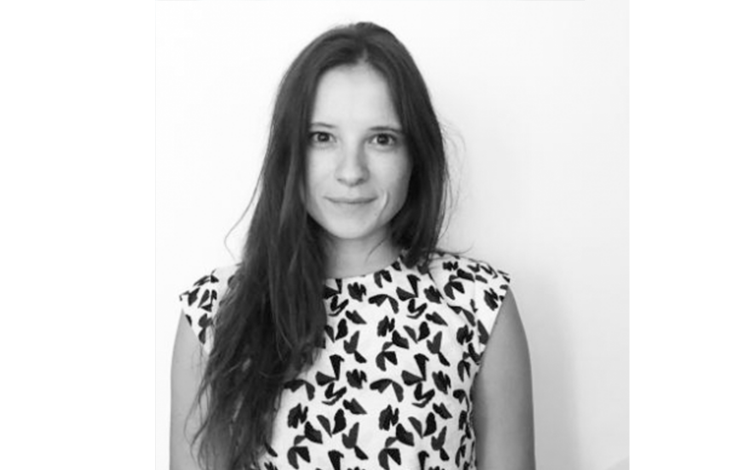
Project Leader, Leiden University Centre for Innovation
Read Bio >This session presented the Microjustice4All legal empowerment and legal inclusion mapping methods as
country specific tools to support the implementation of SDG16. These tools work by identifying legally
excluded groups, their level of vulnerability, and the legal problems that must be solved to promote
empowerment. Participants were instructed on how to start a legal inclusion mapping projects and
sustainable legal empowerment programs to help map and meet the basic daily legal needs of marginalized
groups in their own countries.
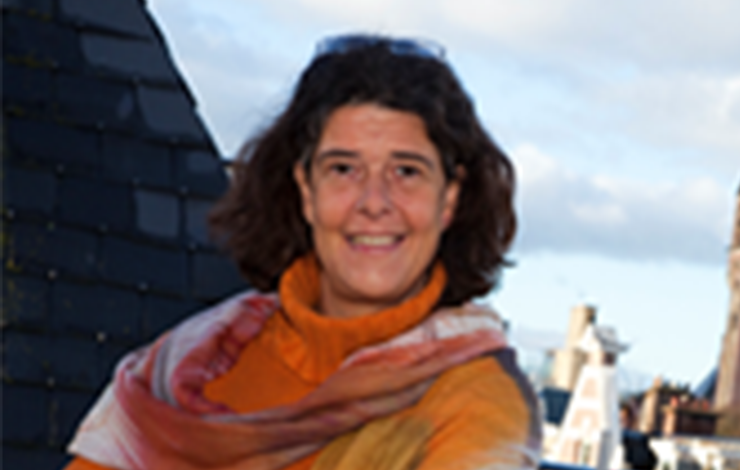
Director, Microjustice4All
Read Bio >What is the role of parliaments in relation to realizing “justice for all” and the sustainable development
goals? What should expert parliamentary committees be doing to ensure that national governments are
making progress? The session highlighted best practices from national parliaments, with the help of some
parliamentarians active in the field, and participants discussed the development of resources for
parliaments on their role in relation to access to justice and SDG16. Speakers emphasized the importance
of governing in coalition with others, to reduce partisanship and political influence in addressing the needs
of the justice system. It was also recommended that digitalization should not take place on a grand scale at
huge expense, but should be implemented in phases as economically as possible.
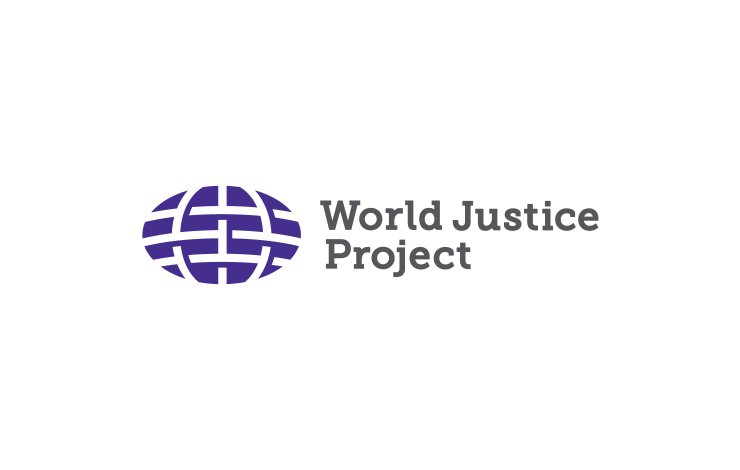
Member of the Senate of the Netherlands (D66)
Read Bio >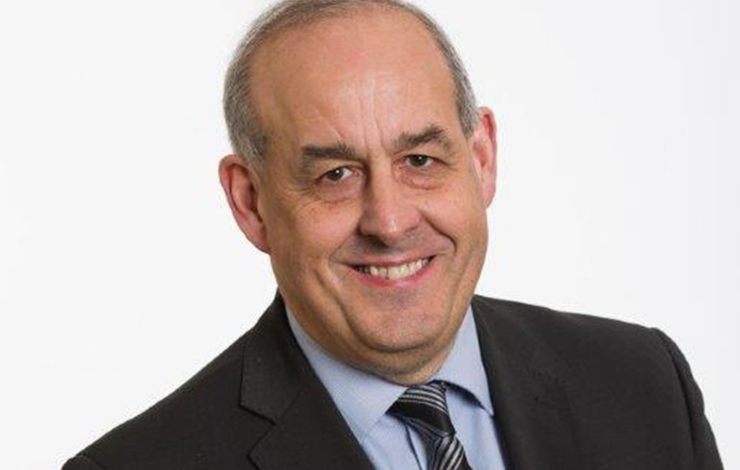
Member, UK House of Commons
Read Bio >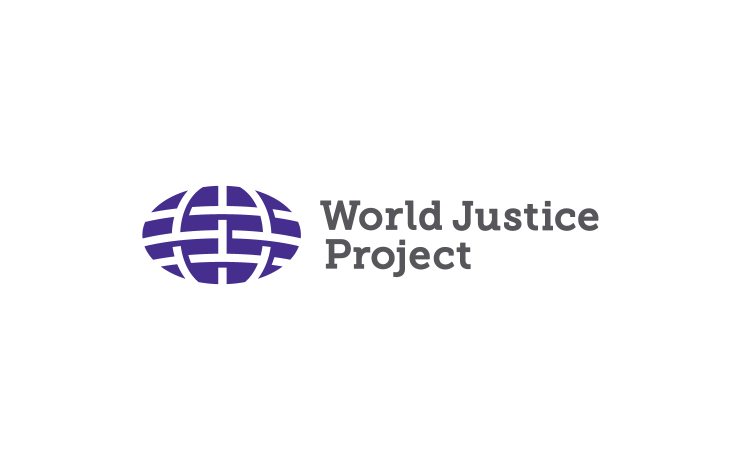
Director, Bingham Centre for the Rule of Law
Read Bio >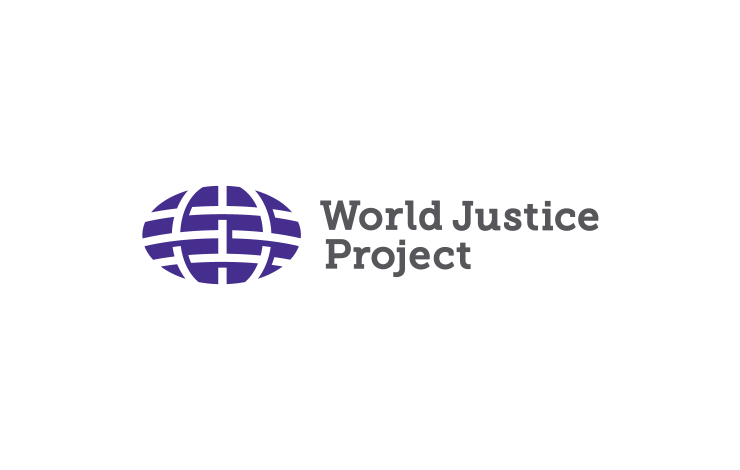
Member of the Senate of the Netherlands and Leader of the Dutch delegation to the Parliamentary Assembly of the Council of Europe (VVD)
Read Bio >The reception will take place at Pulchri Studio, Lange Voorhout 15, a short walk from the locations of the afternoon sessions. Following the reception, participants are encouraged to enjoy small group or individual gatherings for dinner on their own in the central neighborhoods of The Hague.
Coffee in Expo Space
Highlighting and discussing commitments by government, private, and civil society actors to pursue future action for increasing access to justice.
- Welcome: Suet-Fern Lee, Partner, Board Member & Chair, International Leadership Team, Morgan Lewis & Bockius (Singapore); Member, WJP Board of Directors
- Moderator: Elizabeth Andersen, Executive Director, World Justice Project (United States)
- Saskia Bruines, Deputy Mayor of the Hague, Netherlands
- Gérardine Goh Escolar, First Secretary, Permanent Bureau, Hague Conference on Private International Law (HCCH)
- Monica Mhoja, Tanzania Program Director, Landesa
- Marc Reverdin, Secretary General, Paris Peace Forum (France)
- Diani Sadiawati, Expert Staff for Institutional Interrelations, Ministry of National Development Planning (Indonesia)
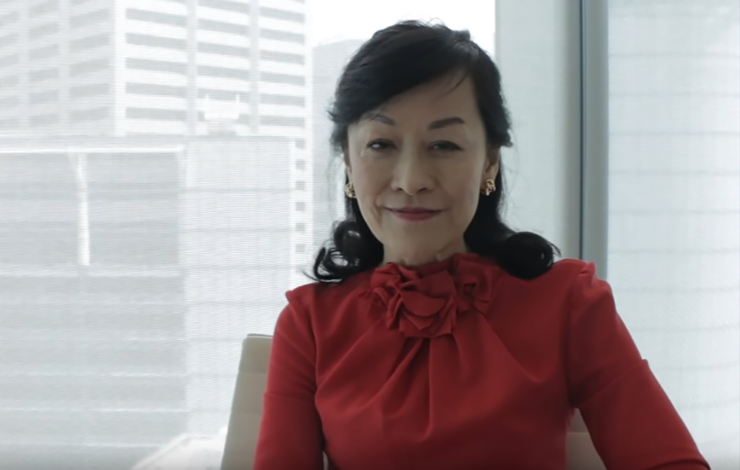
Partner, Board Member & Chair, International Leadership Team, Morgan Lewis & Bockius (Singapore); Member, WJP Board of Directors
Read Bio >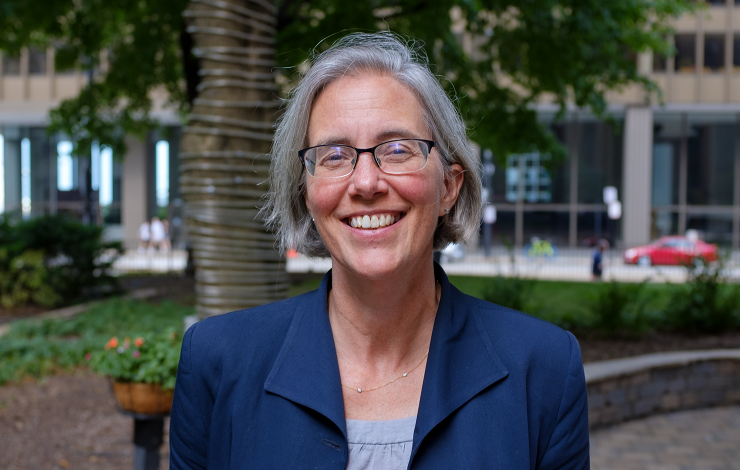
Executive Director, World Justice Project
Read Bio >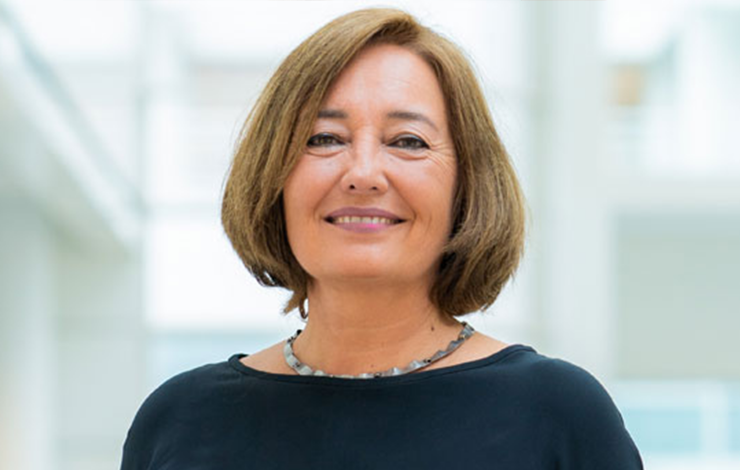
Deputy Mayor of the Hague, Netherlands
Read Bio >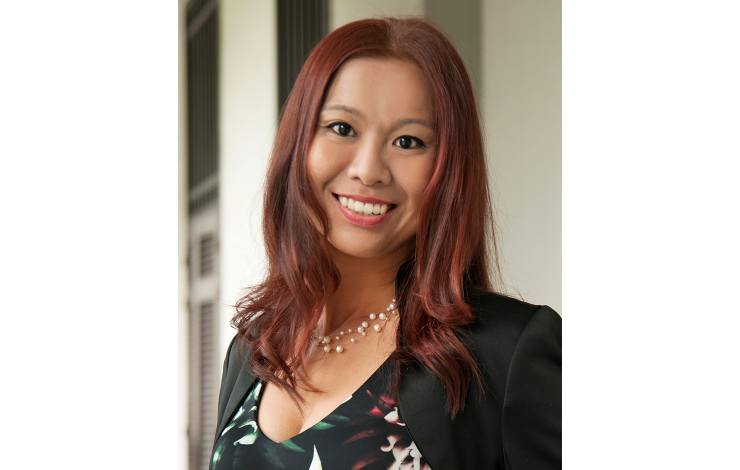
First Secretary, Permanent Bureau, Hague Conference on Private International Law (HCCH)
Read Bio >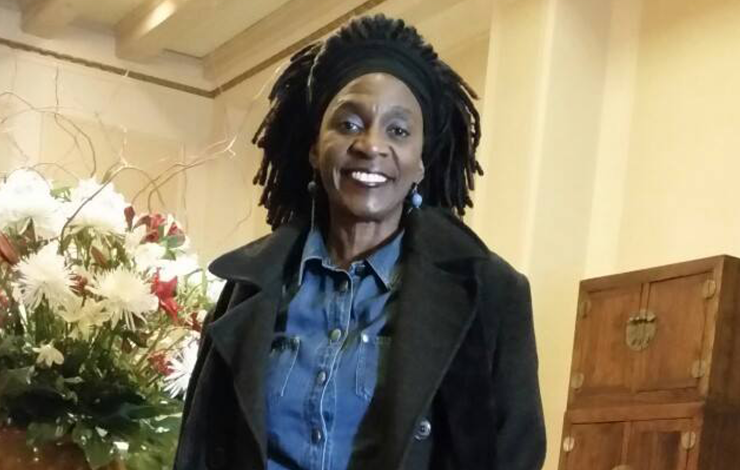
Tanzania Program Director, Landesa
Read Bio >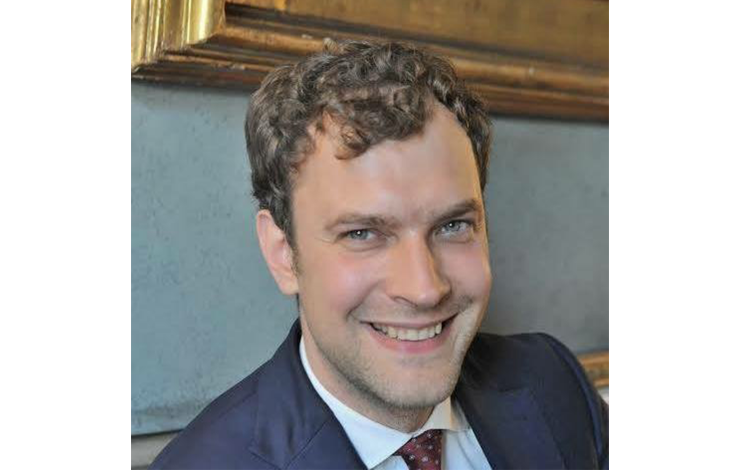
Secretary General, Paris Peace Forum
Read Bio >
Expert Staff for Institutional Interrelations, Ministry of National Development Planning
Read Bio >Coffee Break
Working Sessions #6: Mapping the Path Forward and Next Steps
Key tasks for these sessions will be to articulate the narrative regarding justice and its relationship to other outcomes to support future advocacy, developing strategies for promoting key messages and themes in important venues and communities, articulating metrics for measuring progress, and defining what success will look like.
Early access to effective legal assistance for suspects and defendants is crucial for equal access to justice
and for the enjoyment of other rights and procedural safeguards in criminal justice systems. This session
explored the findings of studies in a range of countries about how far these countries have come and have
yet to go in securing certain rights for criminal suspects. It also showcased an innovative model
implemented in Ukraine that has reformed the custody intake procedure for the benefit of all. In this
reform, the Legal Aid Foundation developed a streamlined and easy to use Custody Records system,
instructions on avoiding human rights abuses, and created a prestigious position for a custody office to
oversee the system. This system helped to track suspects in detention electronically at every stage in the
process, much like tracking a package going through the postal service. Throughout the session, speakers
and participants discussed the importance of cultural change along with policy proposals to address the
problem of abuses in police custody. This includes preventing perverse incentives that would motivate
police to abuse suspects into confessions, but also to empower individuals to advocate for their rights while
in custody. It is also important to make police officers feel that protecting human rights is part of their work
as well, rather than fighting crime at all costs.
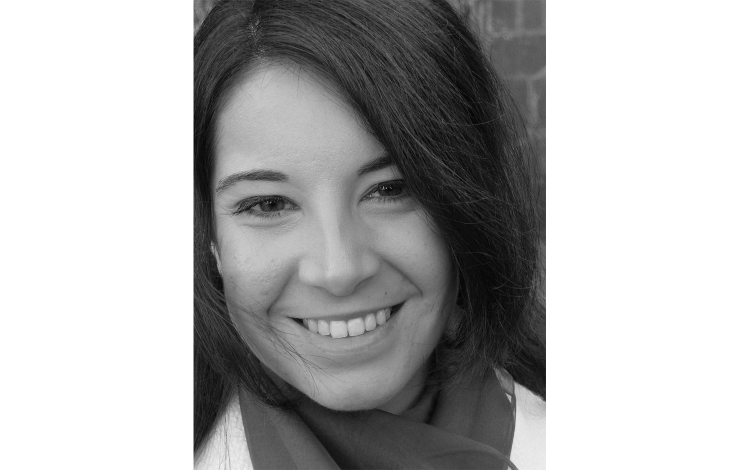
Rights International Spain
Read Bio >
Director, Berlin Office, OSJI
Read Bio >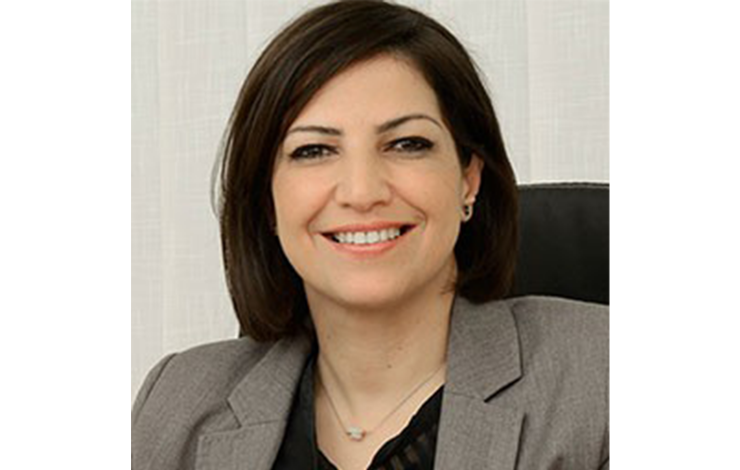
Executive Director of the Justice Center for Legal Aid (JCLA)
Read Bio >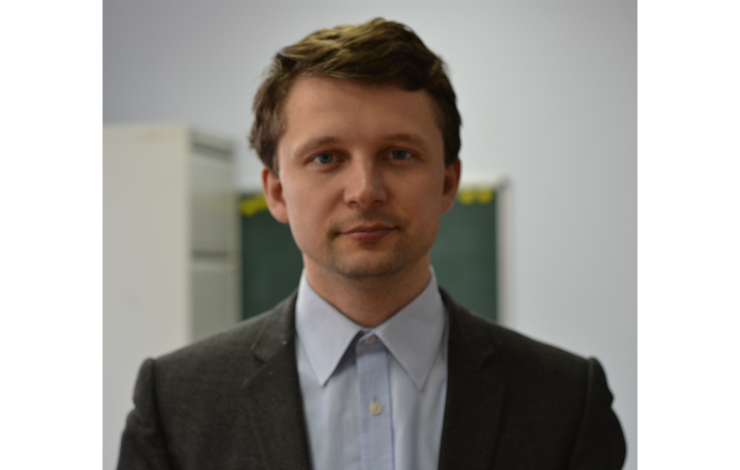
Director, Ukrainan Lergal Aid Foundation
Read Bio >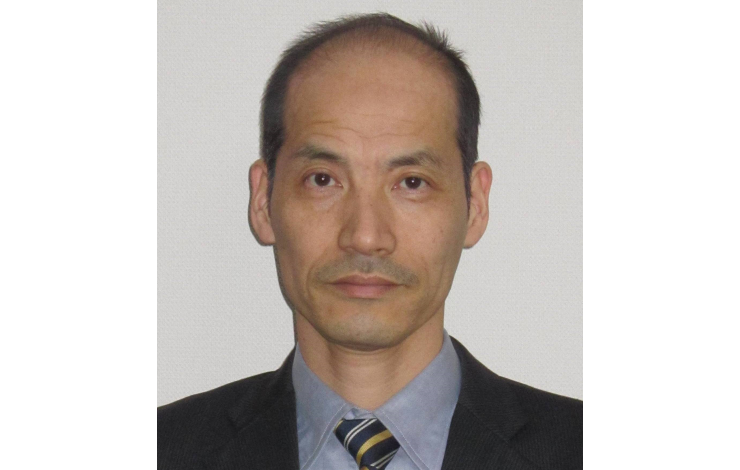
Professor of law, Kyushu University
Read Bio >Finding relevant, case-specific, jurisdiction-accurate legal information online can be a challenge. Legal
information portals aim to change that. The Legal Navigator portal pilots in Alaska and Hawaii hope to
provide an exhaustive resource that helps a user ask, refine, learn, and connect as they navigate a legal
issue. The Legal Navigator has several features that support a non-expert seeking legal help. The
technology was built with a mobile-first approach, making the technology easy to use for individuals
seeking legal information on their cellphones. The Legal Navigator is an open-source tool, making the
technology accessible for future projects and any courts hoping to implement it. The session also explored
the assessment of the Navigator’s use, effectiveness, and cost through an evaluation framework. The
ultimate goal of the evaluation framework is to understand which pathways are most efficient and
effective. The session described the project from concept to pilot, discussed plans and enhancements for
future portal projects, and considered the challenges and opportunities of evaluating such efforts.
Ultimately, the opportunities the portal provides extend beyond the legal domain to the social services and
health fields. Collecting data on help seeking behavior for legal problems offers an opportunity to highlight
unmet needs that can drive public policy change more broadly.

Principal Associate, Civil Legal System Modernization Team, Pew Charitable Trusts
Read Bio >
Chief Data Officer, Legal Services Corporation
Read Bio >The Open Government Partnership has become a major platform to push for more open, transparent,
participatory and responsive government. Increasingly, OGP is being used to advance reforms related to
access to justice, open justice, and goal 16 more broadly (including access to information, anti-corruption
and ensuring citizens have a voice in government decisions). Last year, 28 countries made commitments as
part of their OGP action plans. The session included presentations from Moldova, Indonesia, Macedonia,
and Argentina on how the countries are using OGP to advance access to justice. Recommendations from
the session include:
● Identify champions within government who are open to being allies on A2J issues and willing to use
the window of opportunity created by the OGP process;
● Link A2J agenda to other issue areas to make it relevant to other areas of social and economic
development, and to ensure that it can be sustained within other agendas;
● Link international commitments to local implementation and vice versa to ensure that high-level
commitments are felt by target communities, and to showcase the work that is already being done
at the national and sub-national level;
● Build a multi-country coalition on A2J commitments within the OGP; and
● Continue to push for justice commitments.
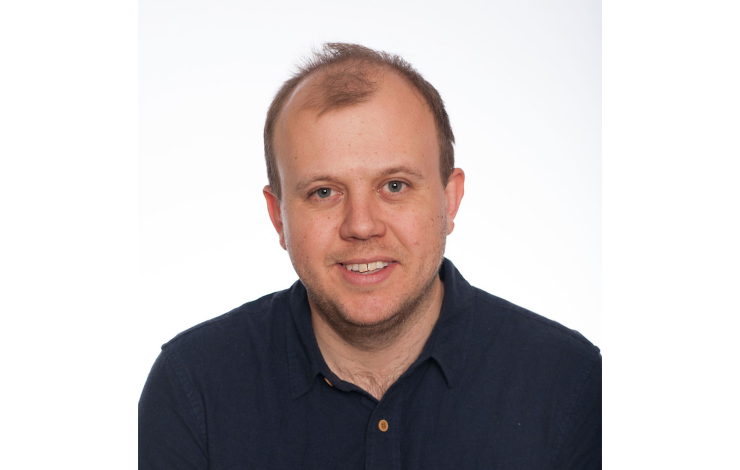
During this session participants discussed the opportunities presented by the Voluntary National Reviews
and HLPF processes and examined some of the ways in which civil society justice practitioners can work
with governments to demonstrate successful examples of implementation as well as areas where more
action is needed. Discussants were asked to share information about their country’s Voluntary National
Review processes so that other participants could learn and exchange knowledge. Speakers highlighted the
importance of involving non-state actors in the process, improving collaboration between variety of actors
including legal advice offices, civil society, government, and other local and international actors in
implementing the targets, and improving financing to improve the effective implementation of SDG Goal
16.
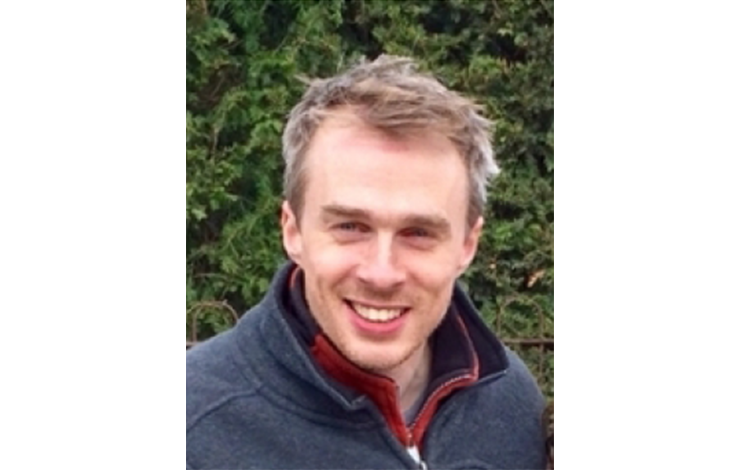
Program Officer, Open Society Justice Initiative
Read Bio >
Senior Policy Officer, Open Society Justice Initiative
Read Bio >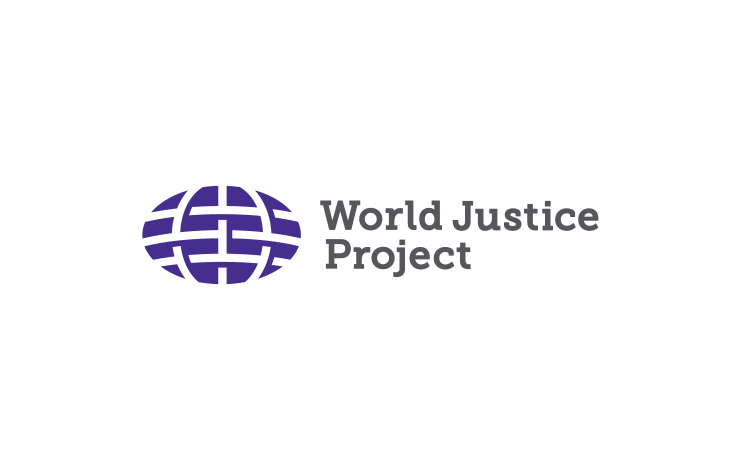

Expert Staff for Institutional Interrelations, Ministry of National Development Planning
Read Bio >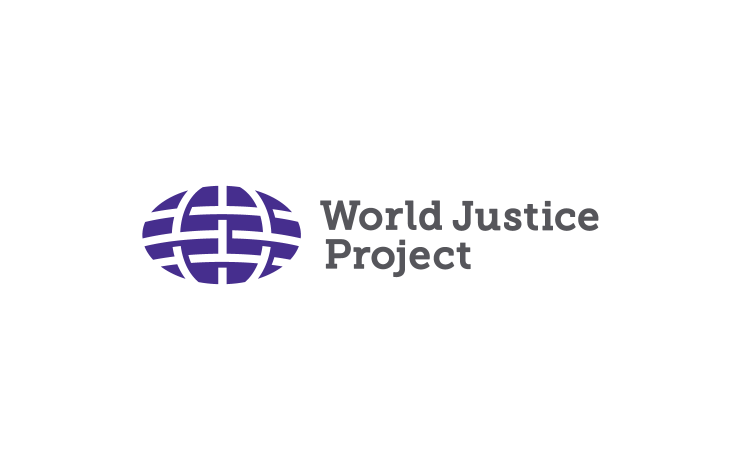

Statistician and Director in the Social Statistics Chief Directorate, Statistics South Africa
Read Bio >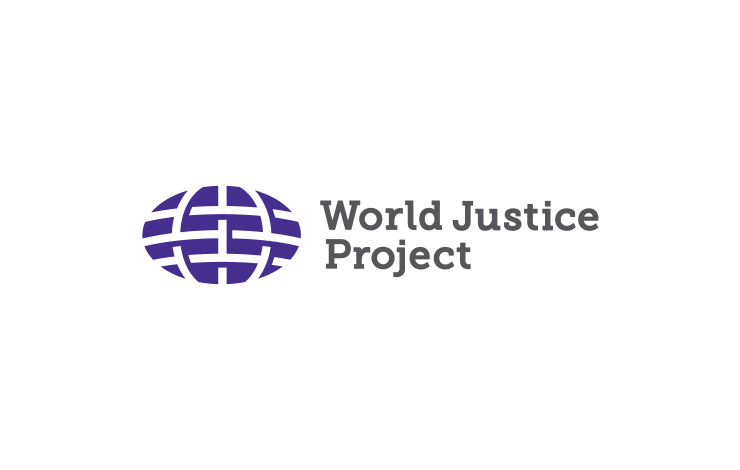

Co-chair, Indonesian Legal Aid Foundation
Read Bio >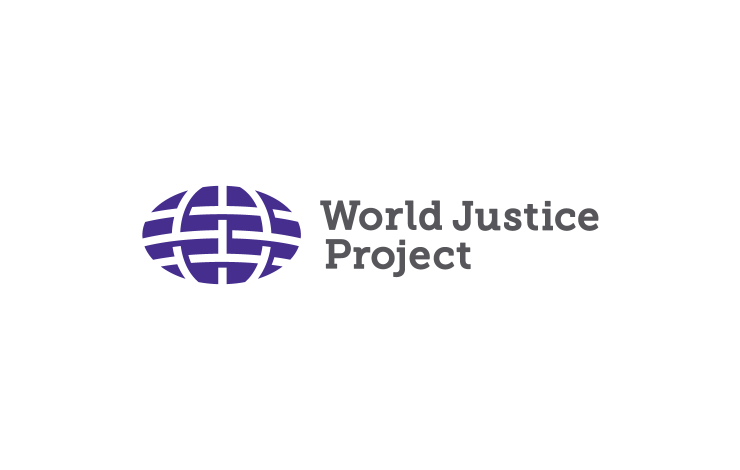
This roundtable discussion among pro bono providers and recipients highlighted best practices and lessons learned. Leveraging research conducted by the Thomson Reuters Foundation, the session highlighted several factors that contribute to increased pro bono participation within law firms, including the existence of a pro bono committee, a pro bono policy, and factoring pro bono into compensation. In creating a strong pro bono program, it was advised that firms create standards and expectations around pro bono, learn from other firms’ experiences, and be willing to refer cases to outside firms if the initial firm does not have the capacity or experience to take a particular case. Speakers also encouraged firms to use online tools, like iProbono, to match pro bono capacity with need, and they noted that to support SDG Goal 16 and Agenda 2030, an evaluative framework and criteria would be helpful in determining pro bono’s overall use, effectiveness, and impact. The session also highlighted that the world would not achieve justice for all through pro bono alone. Other methods of providing access to justice, such as the use of paralegals, play an important role in fulfilling the promise of SDG Goal 16.

Partner, Head of Litigation and Disputes, Anjarwalla & Khanna
Read Bio >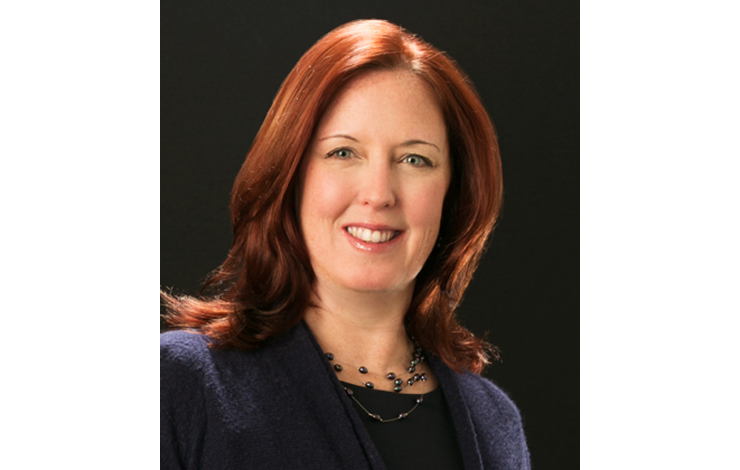
Partner, Cooley
Read Bio >
Executive Director, World Justice Project
Read Bio >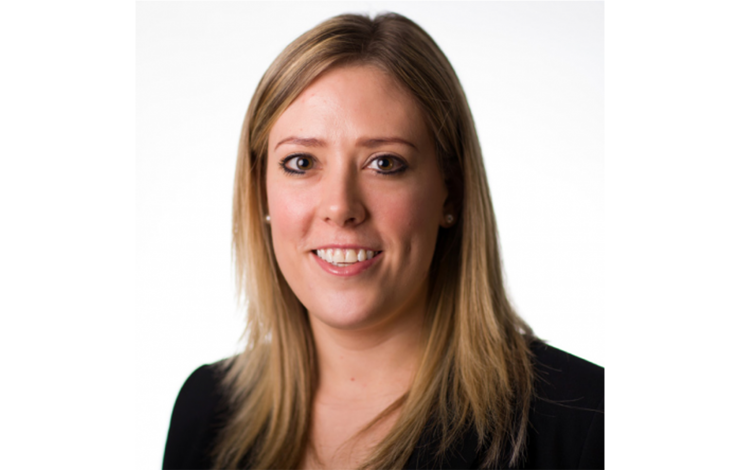
Head of Legal, TrustLaw
Read Bio >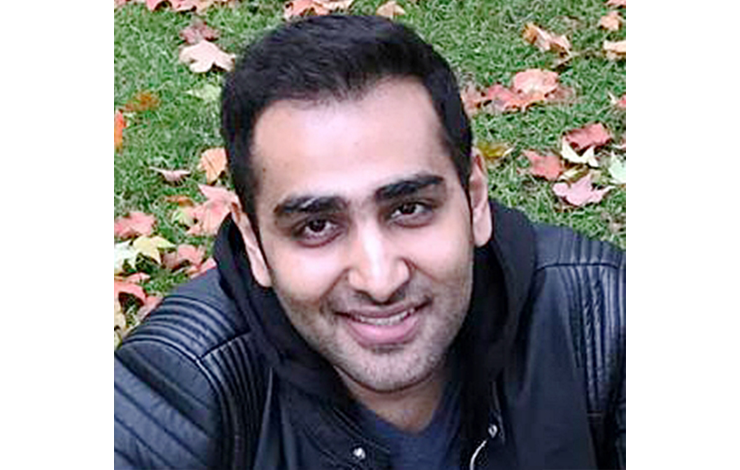
Senior Program Analyst, iProbono
Read Bio >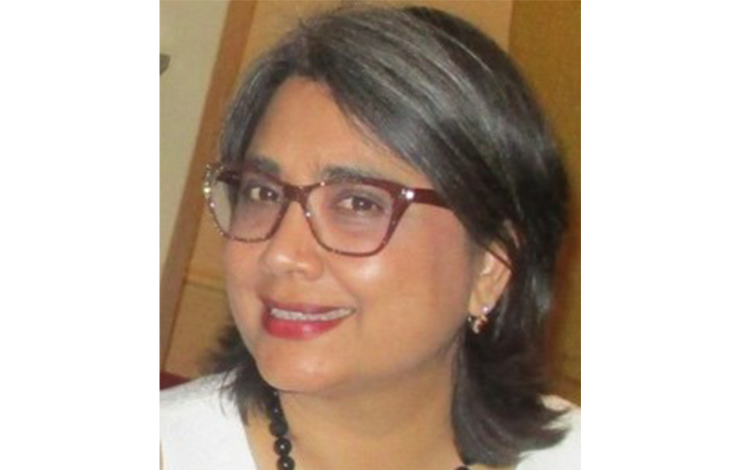
National Director, Probono.org
Read Bio >Sustainable funding for justice remains a critical challenge. In OECD countries public spending on justice
makes up just 5% of national budgets, and in most countries it is far lower. Donors spend little more than
1% of aid on justice. Social enterprise models are emerging to help fill the funding gap with creative
strategies to garner earned revenue to support access to justice initiatives. In this session, participants
learned from grassroots nonprofit and for-profit organizations on the frontlines of these innovations and
shared successful approaches, challenges, and opportunities. The session focused on both innovative
programming and social enterprise models. Innovative programming models include: client fees; pay-it
forward schemes; member dues; independent associations; crowdfunding; or charging for training or
consulting services. Social enterprise models can be entirely external to core work and mission (e.g. an
entirely separate business line, like a restaurant or equipment rental); integrated with core work (e.g.
services to higher income customers that use revenue to subsidize work with lower income clients); or
directly embedded (e.g. a membership model where clients directly pay for or help to subsidize services).

Policy Officer, Open Society Justice Initiative
Read Bio >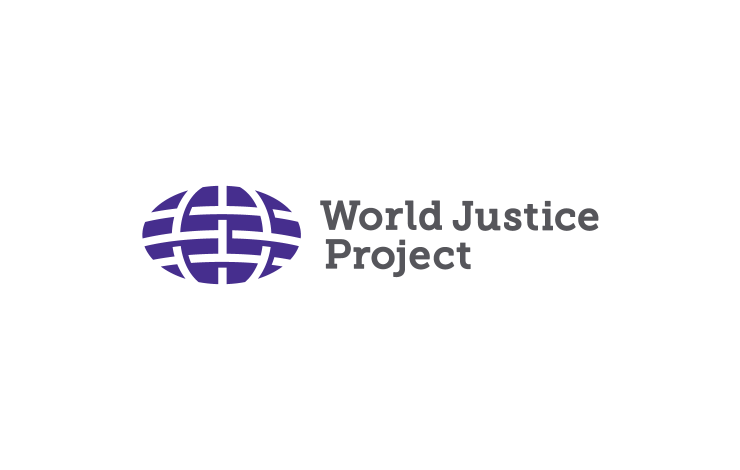
Director, Social Change Assistance Trust
Read Bio >
Co-founder and Executive Director, Haqdarshak
Read Bio >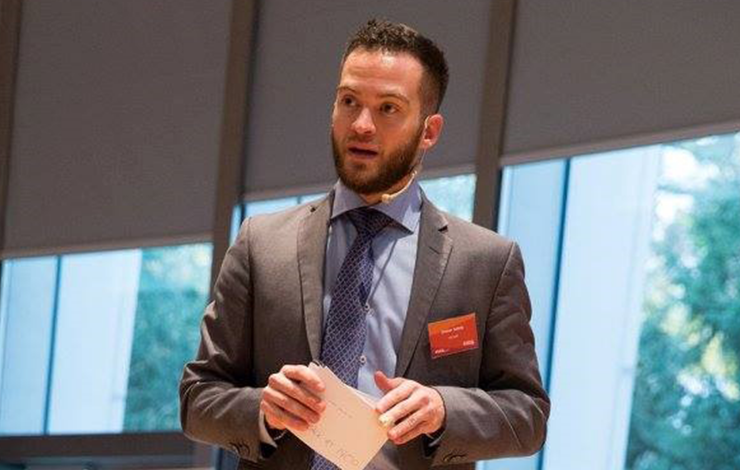
Hub and Franchise Manager, HiiL
Read Bio >Informal Luncheon
Keynote Interview: A Commitment to Indigenous Rights in Africa
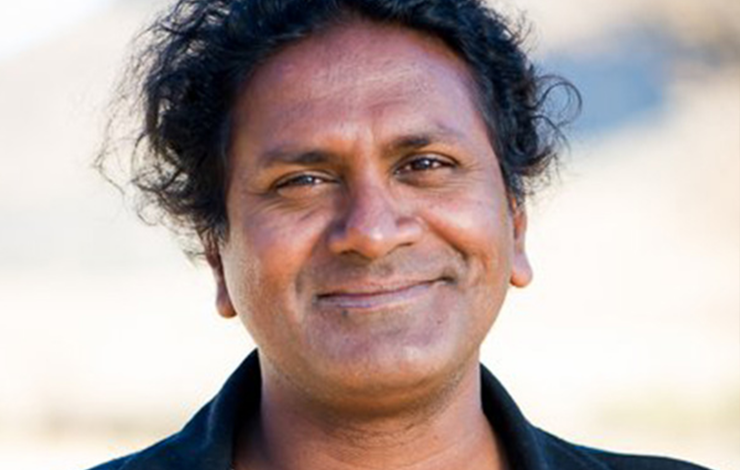
Executive Director, Natural Justice
Read Bio >Plenary Session #6: Commitments, World Justice Challenge Prizes, and Concluding Declaration

